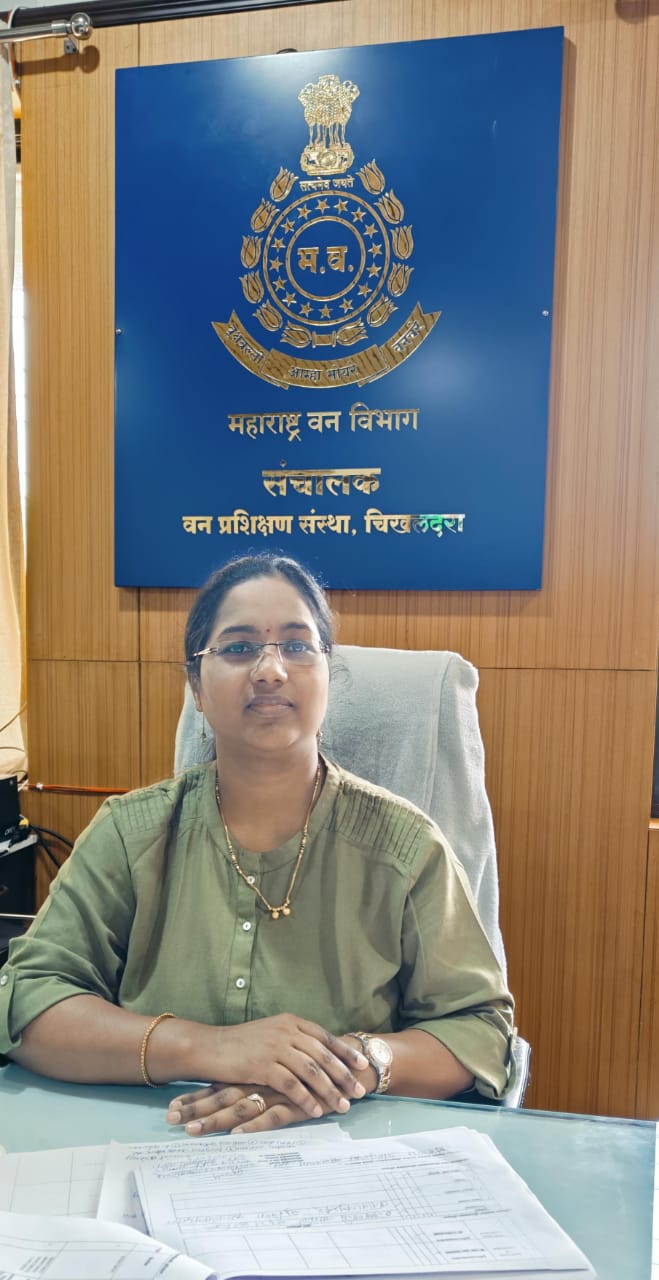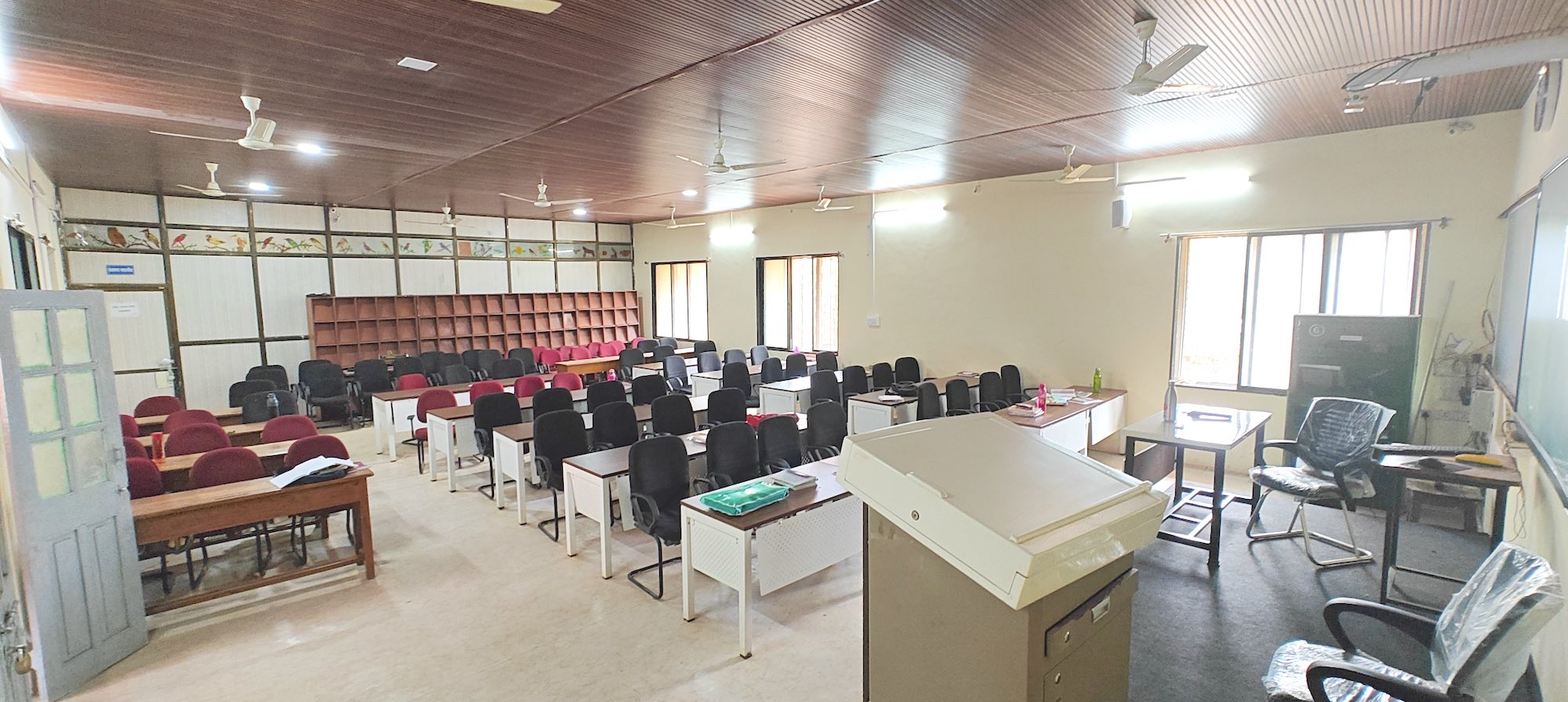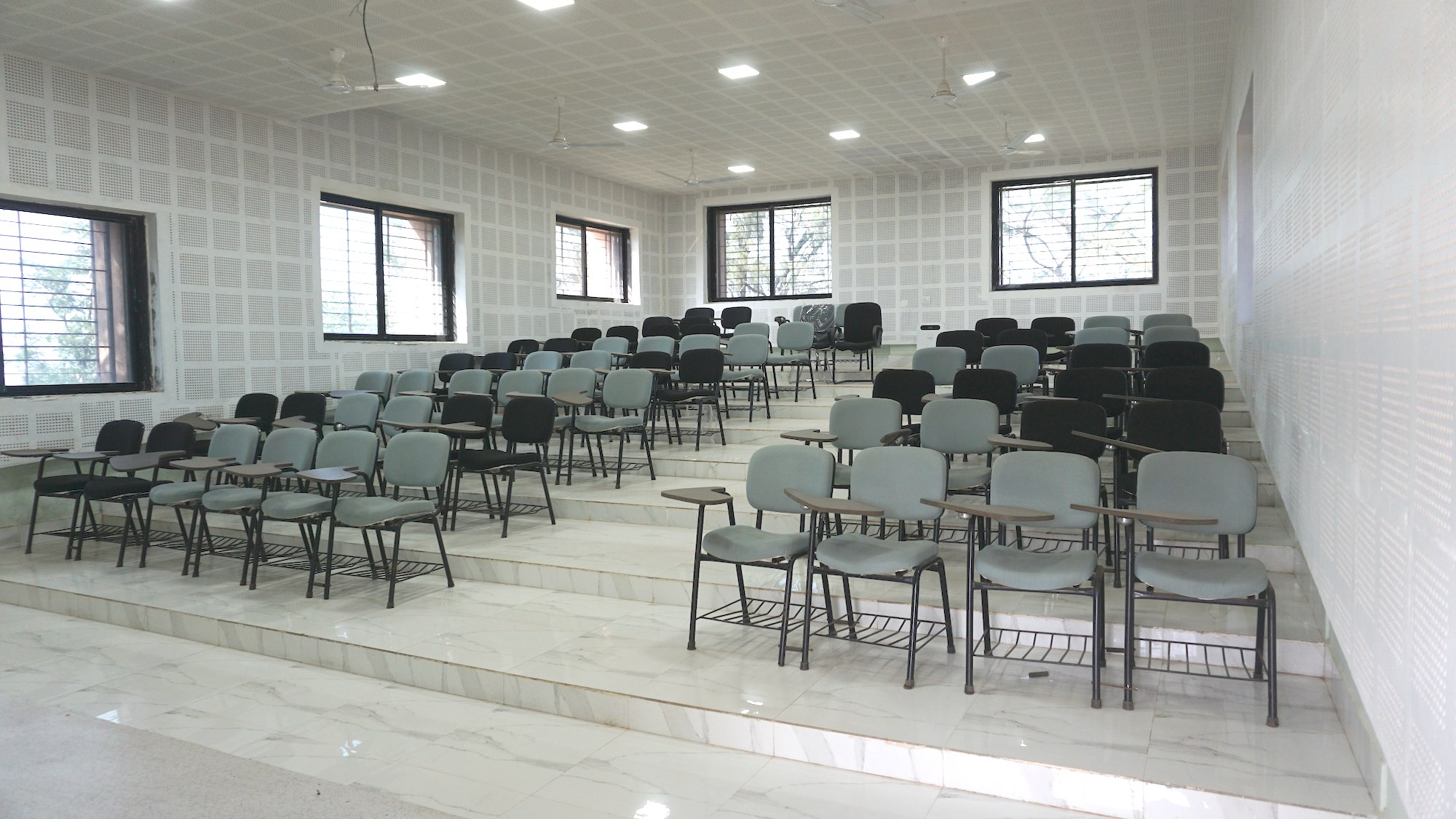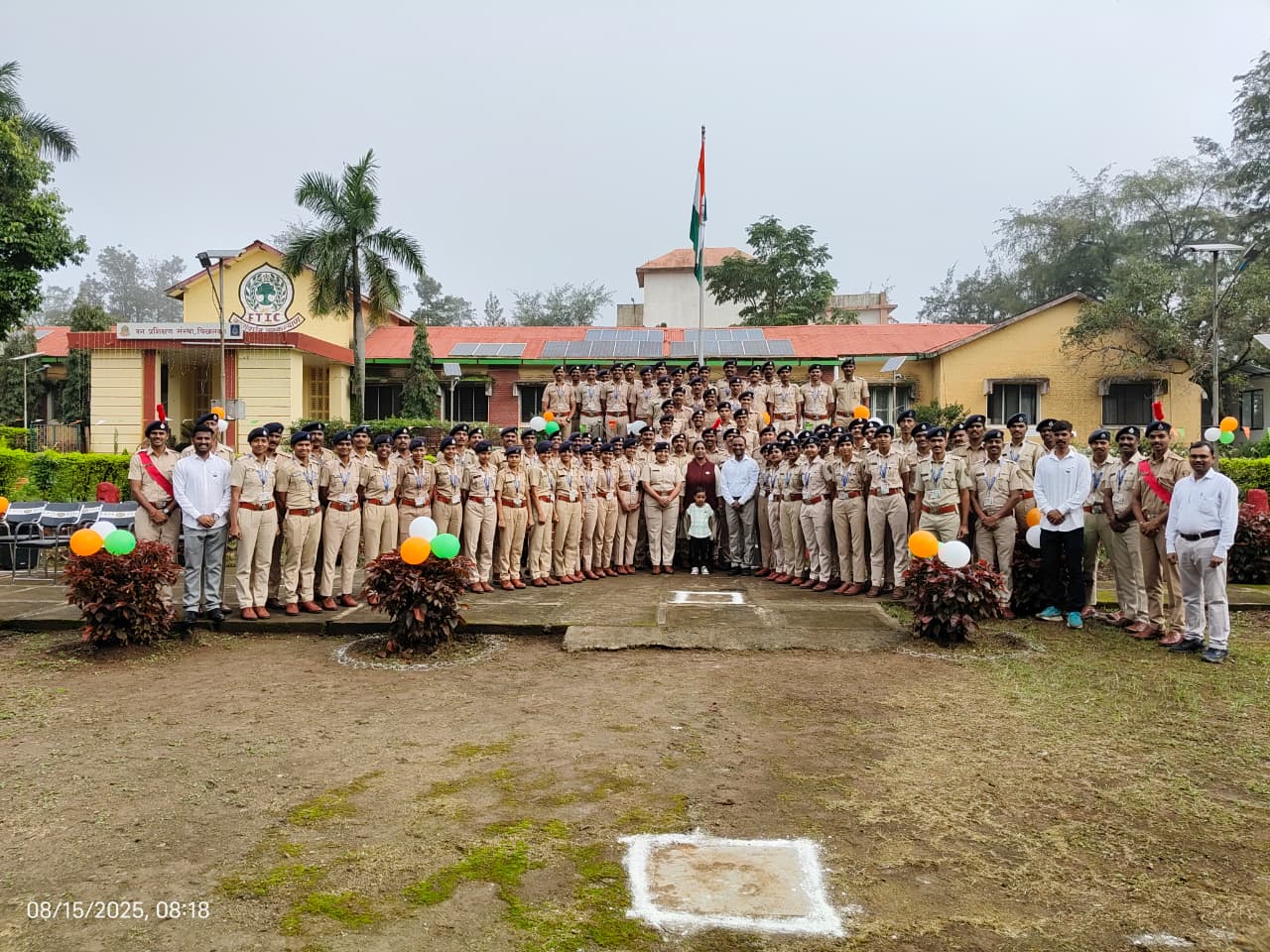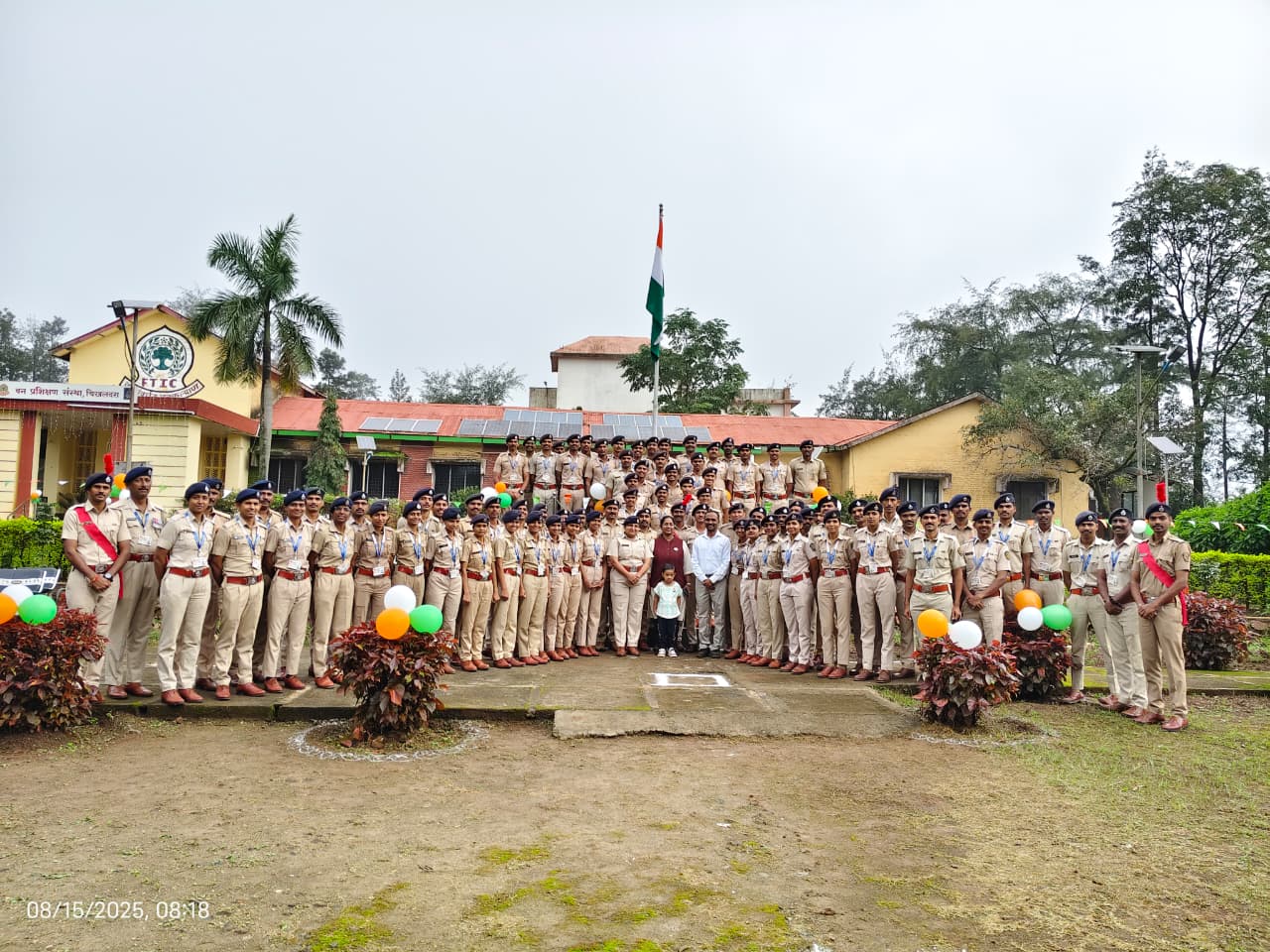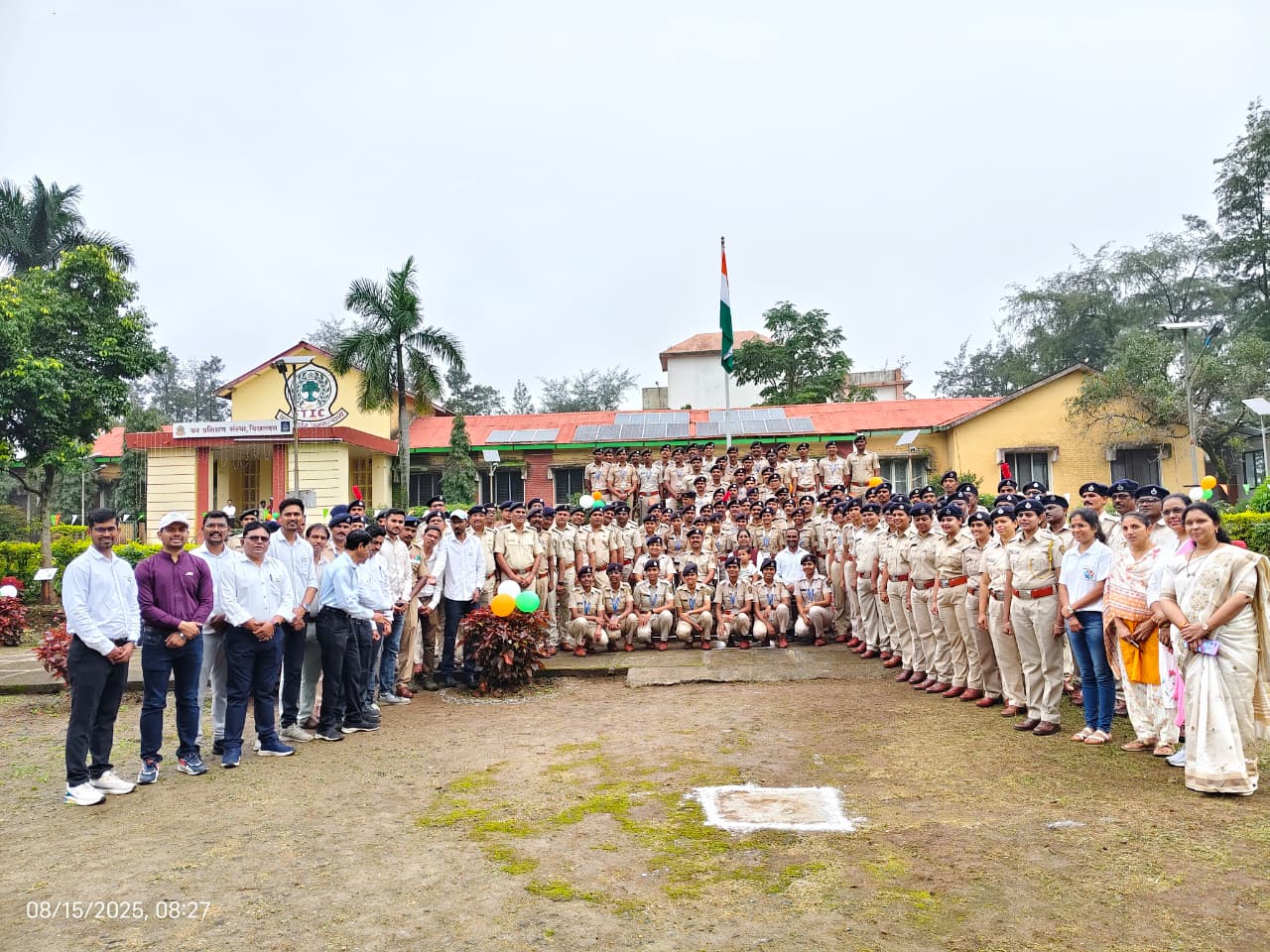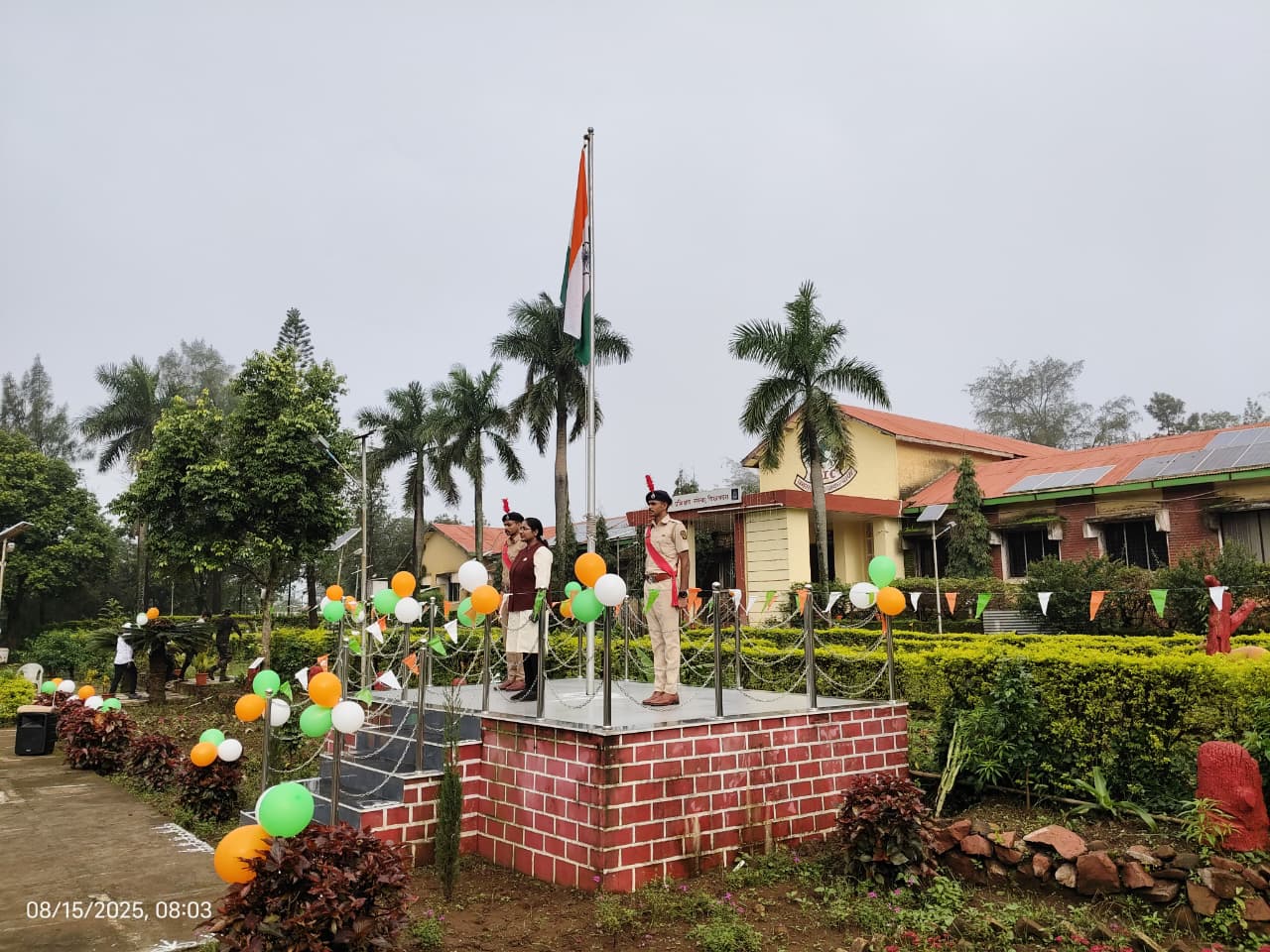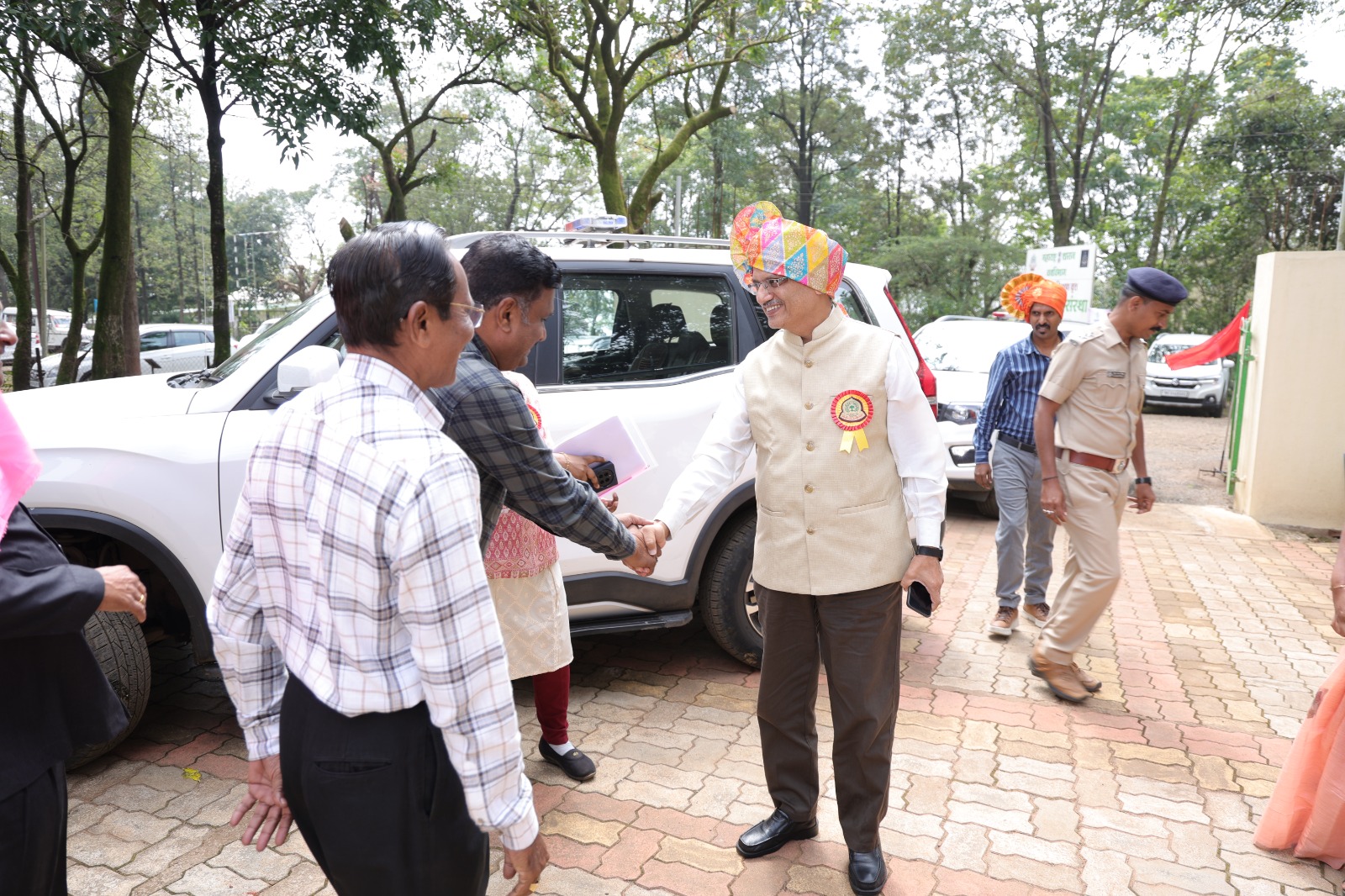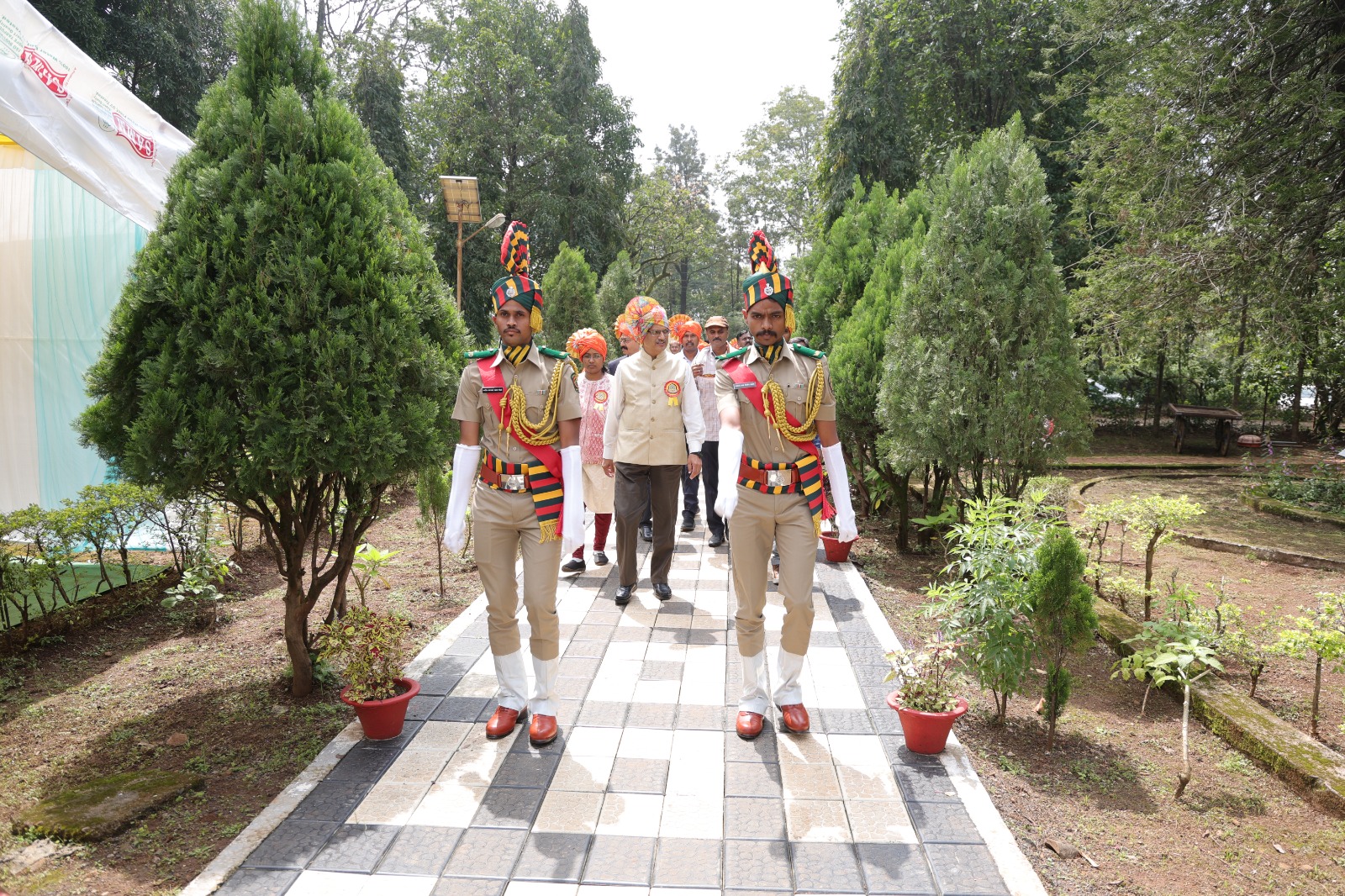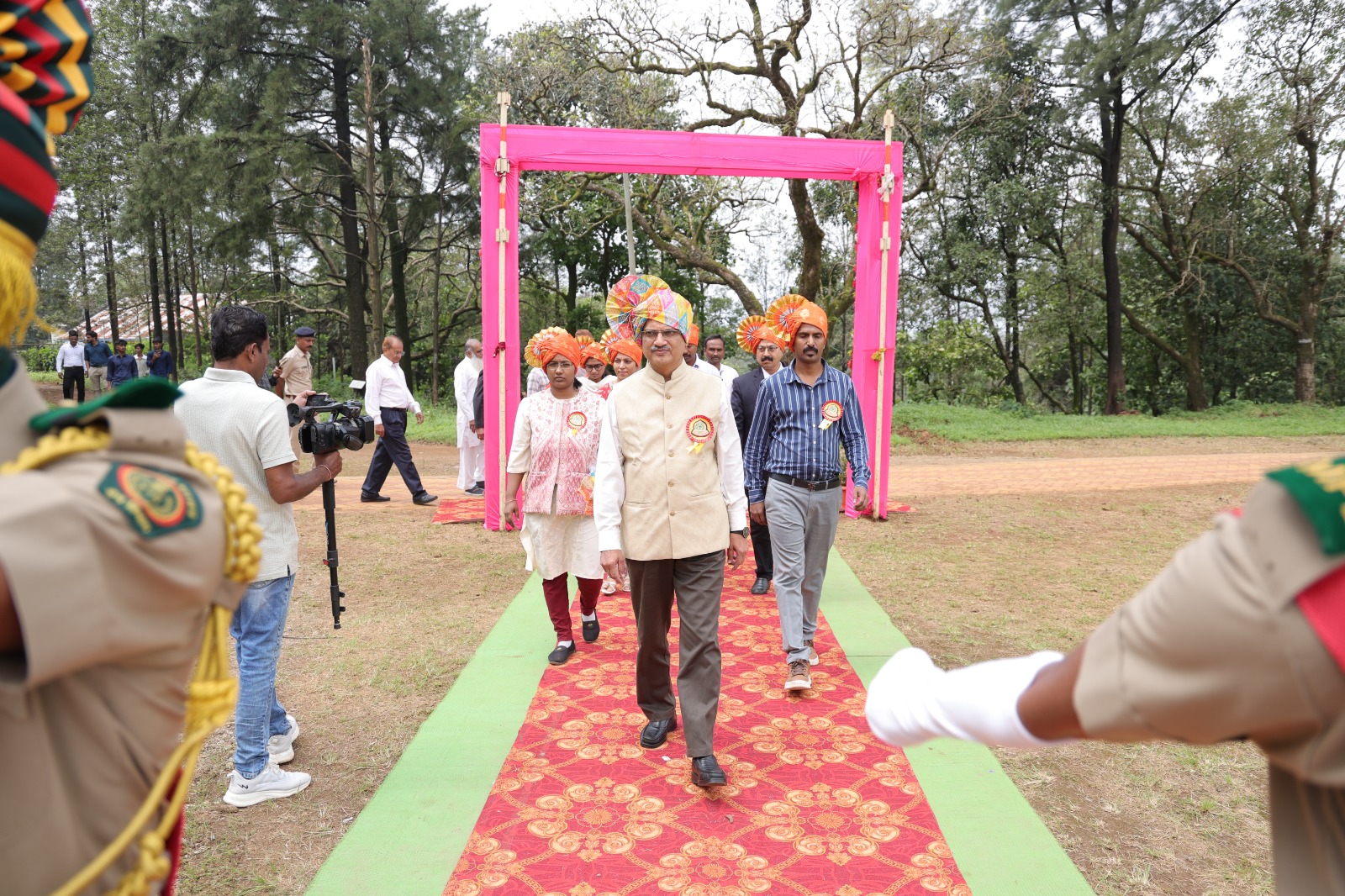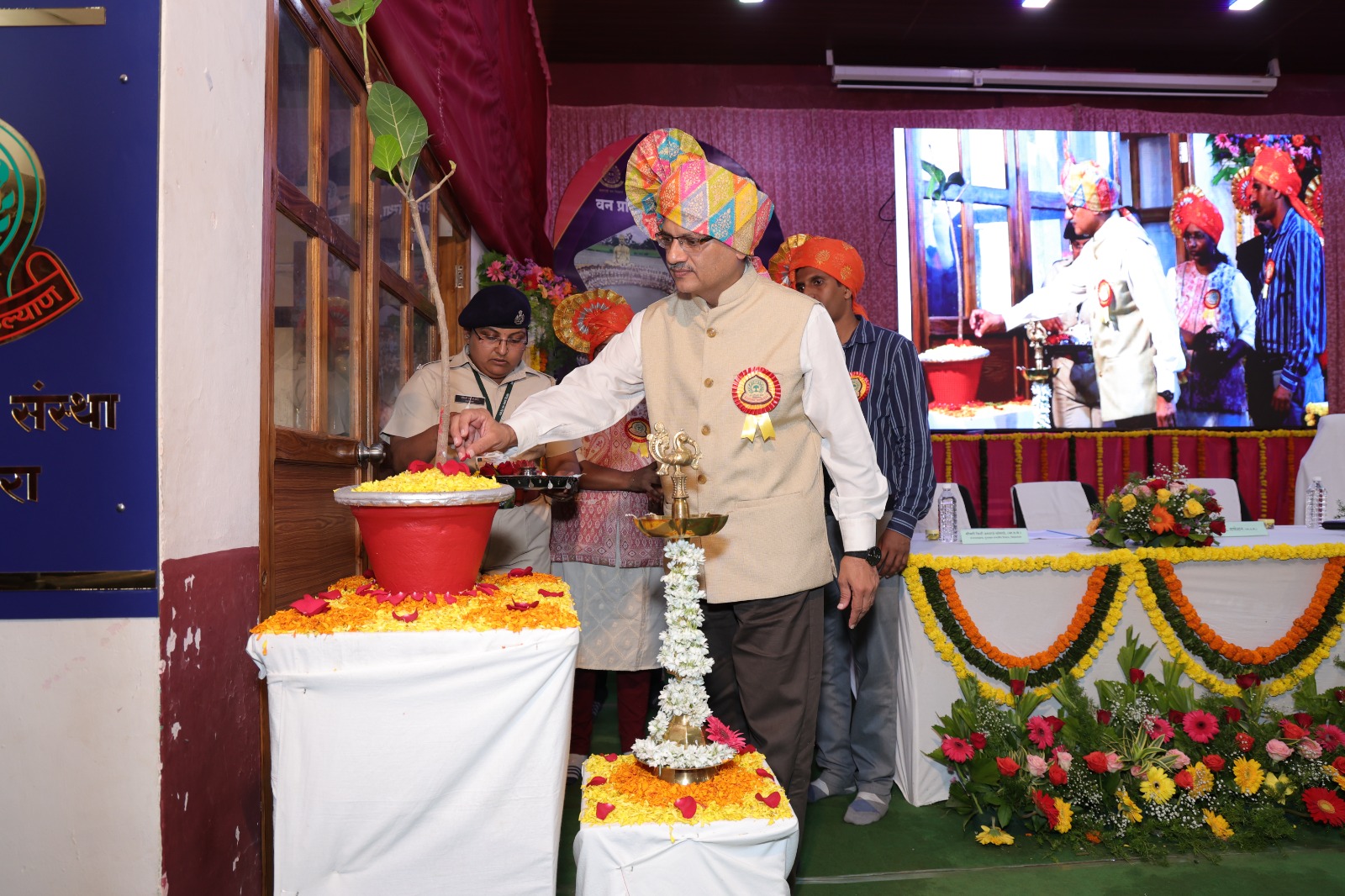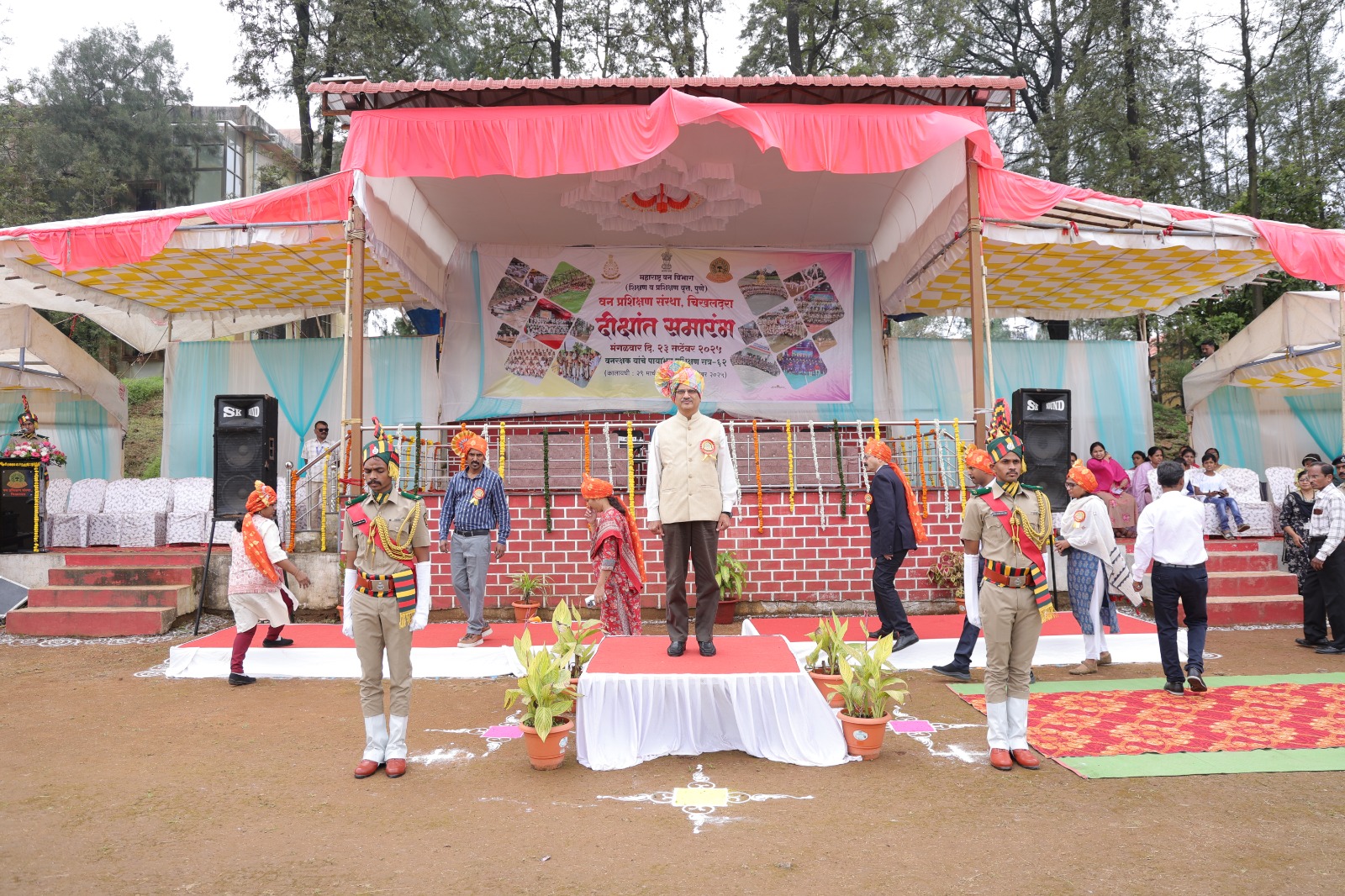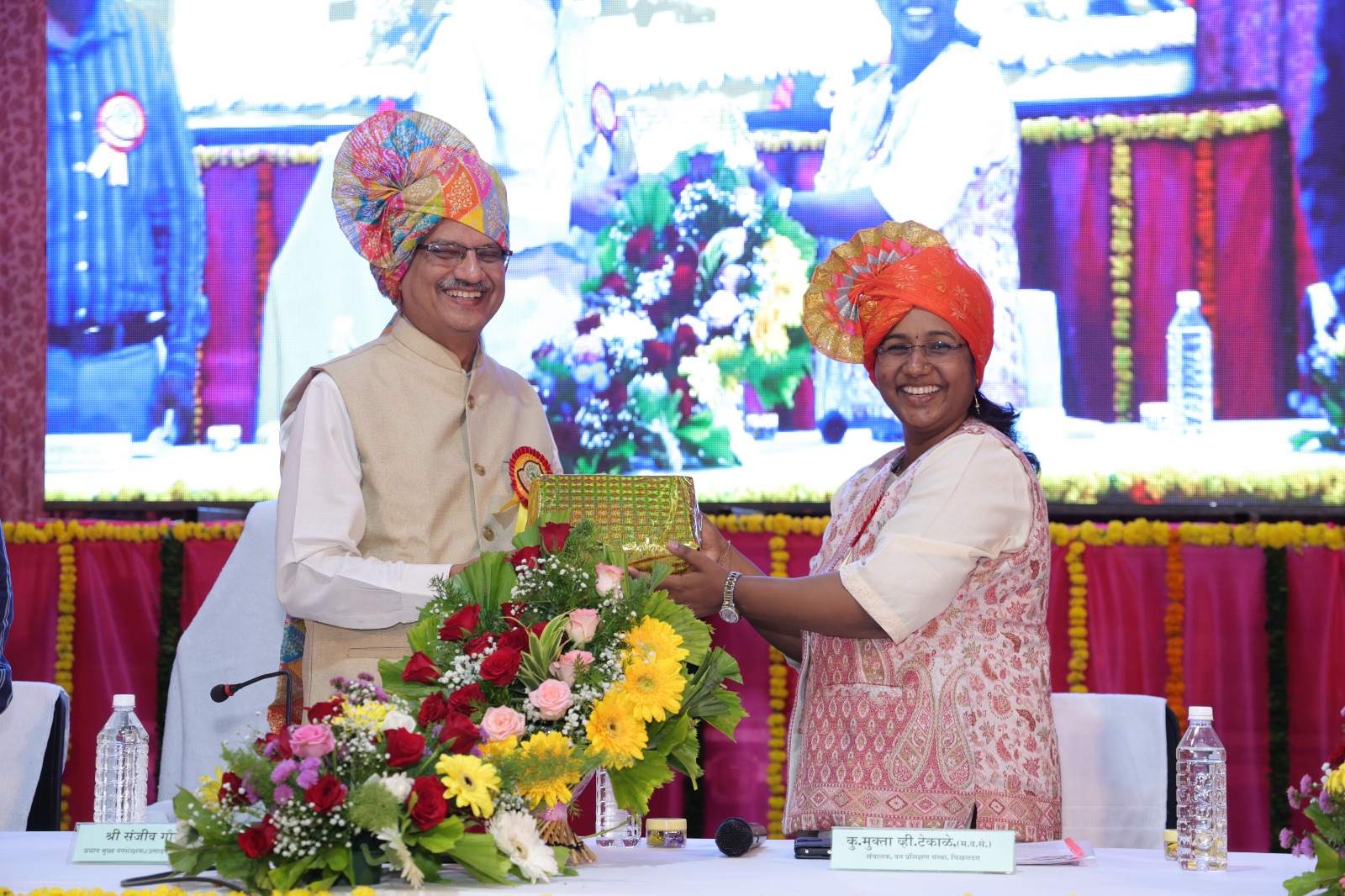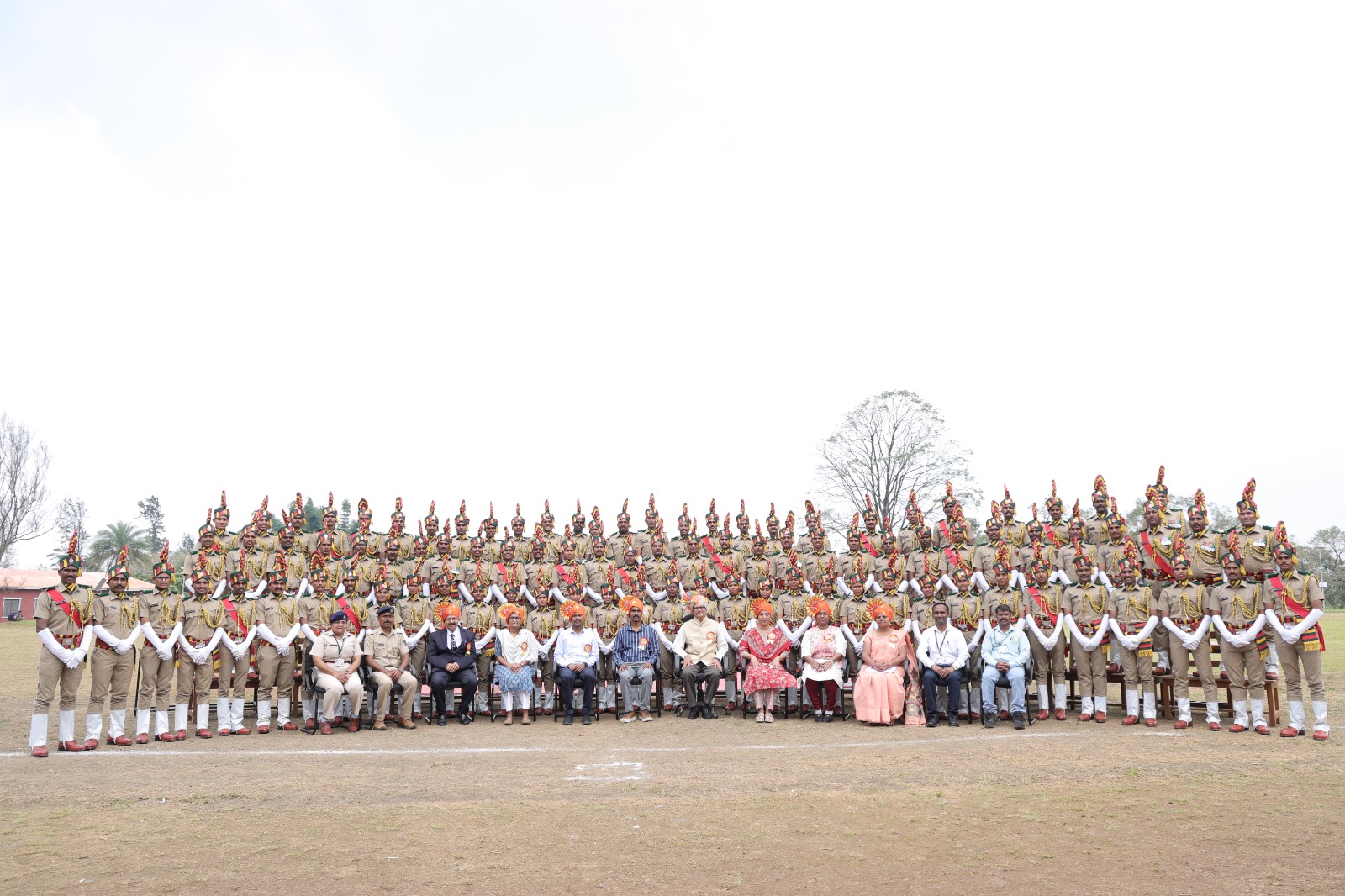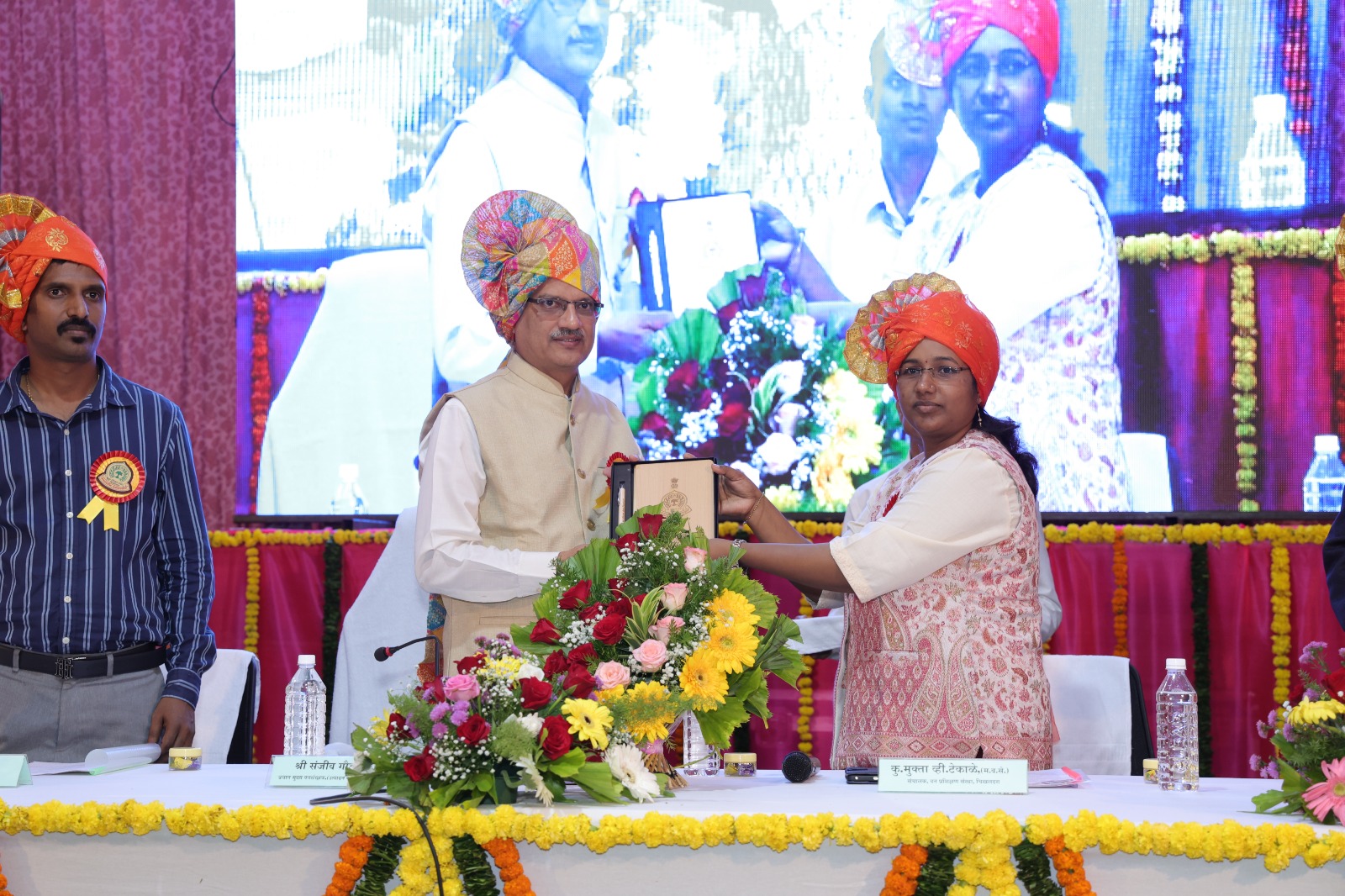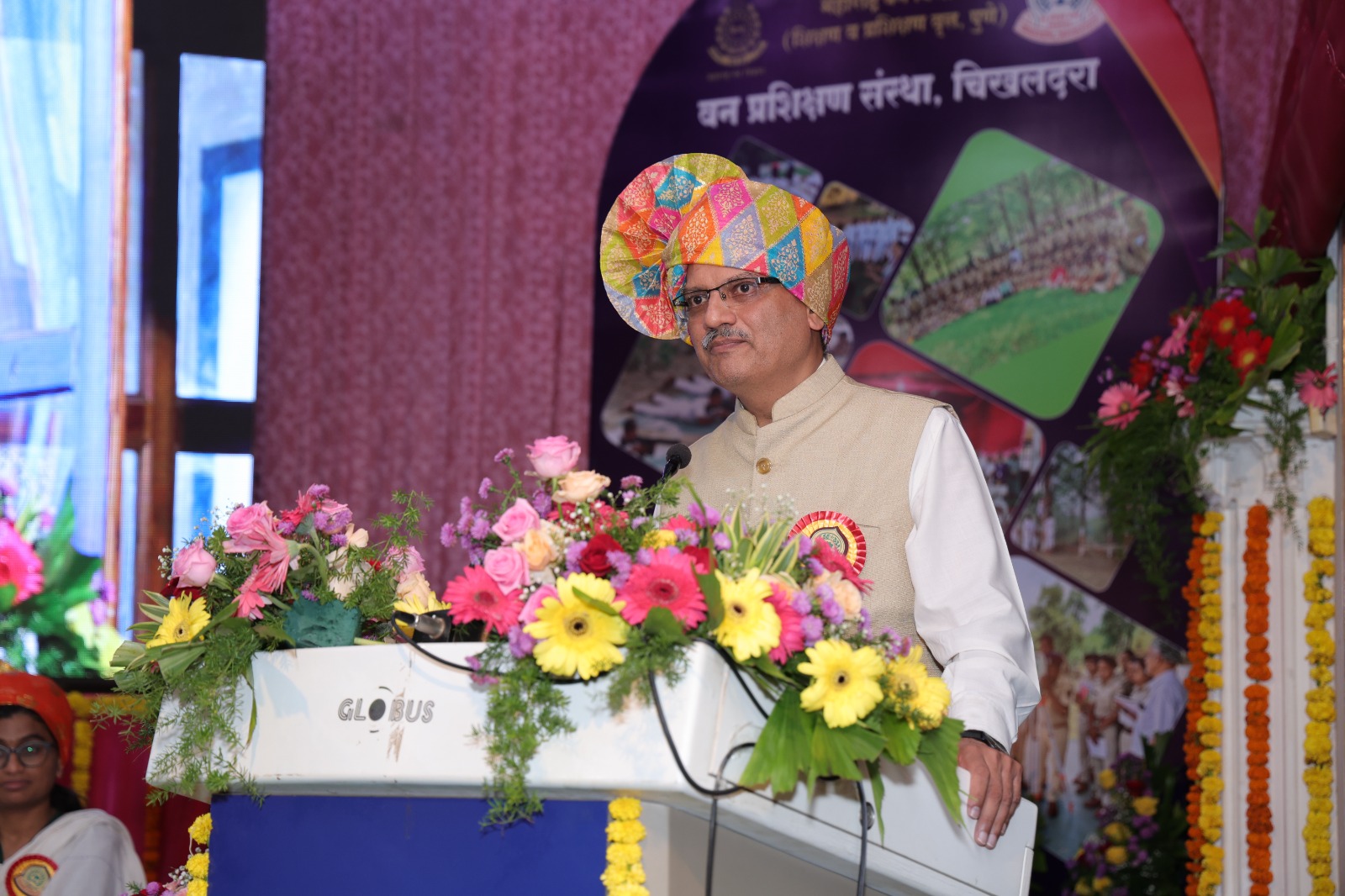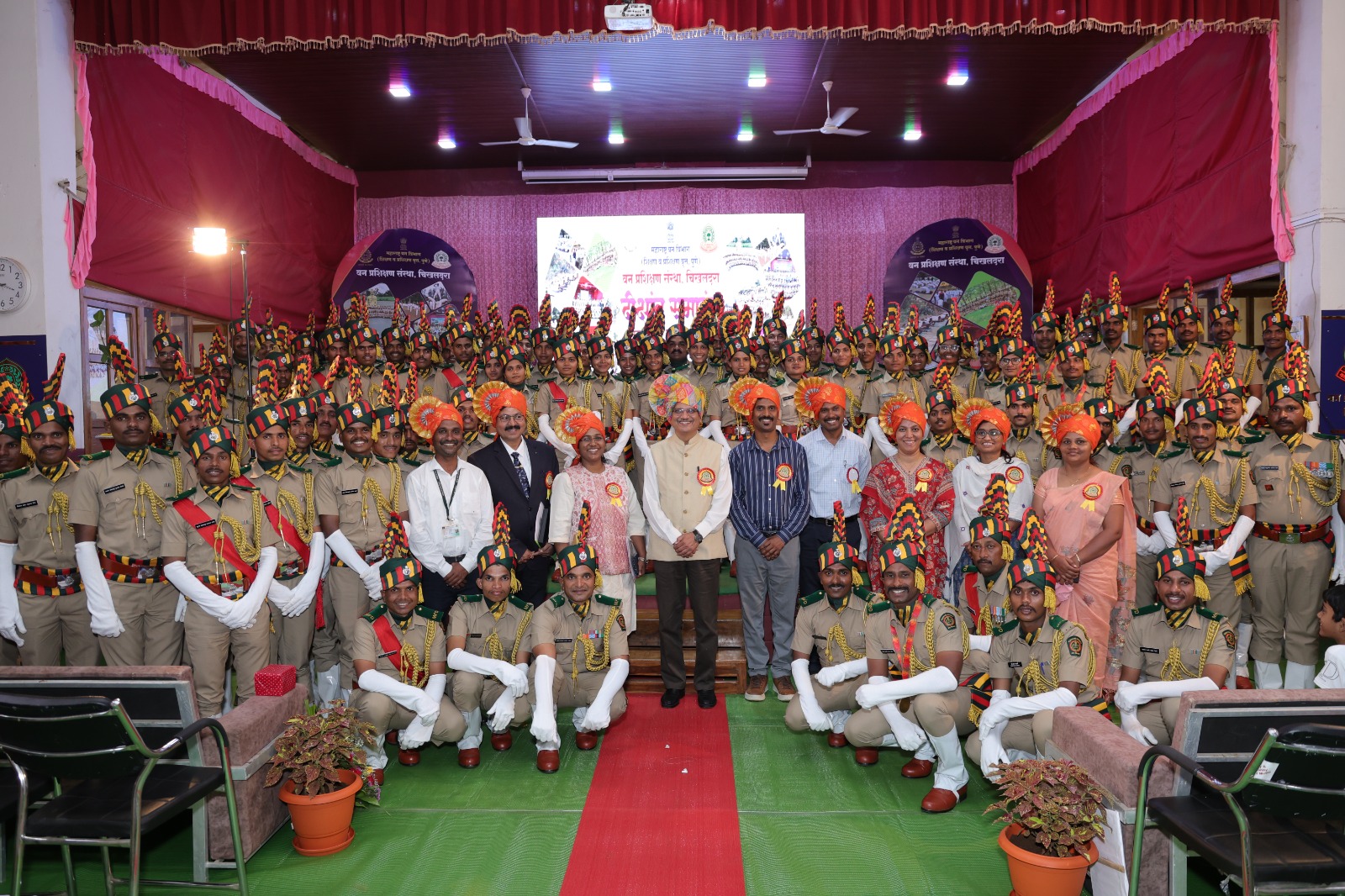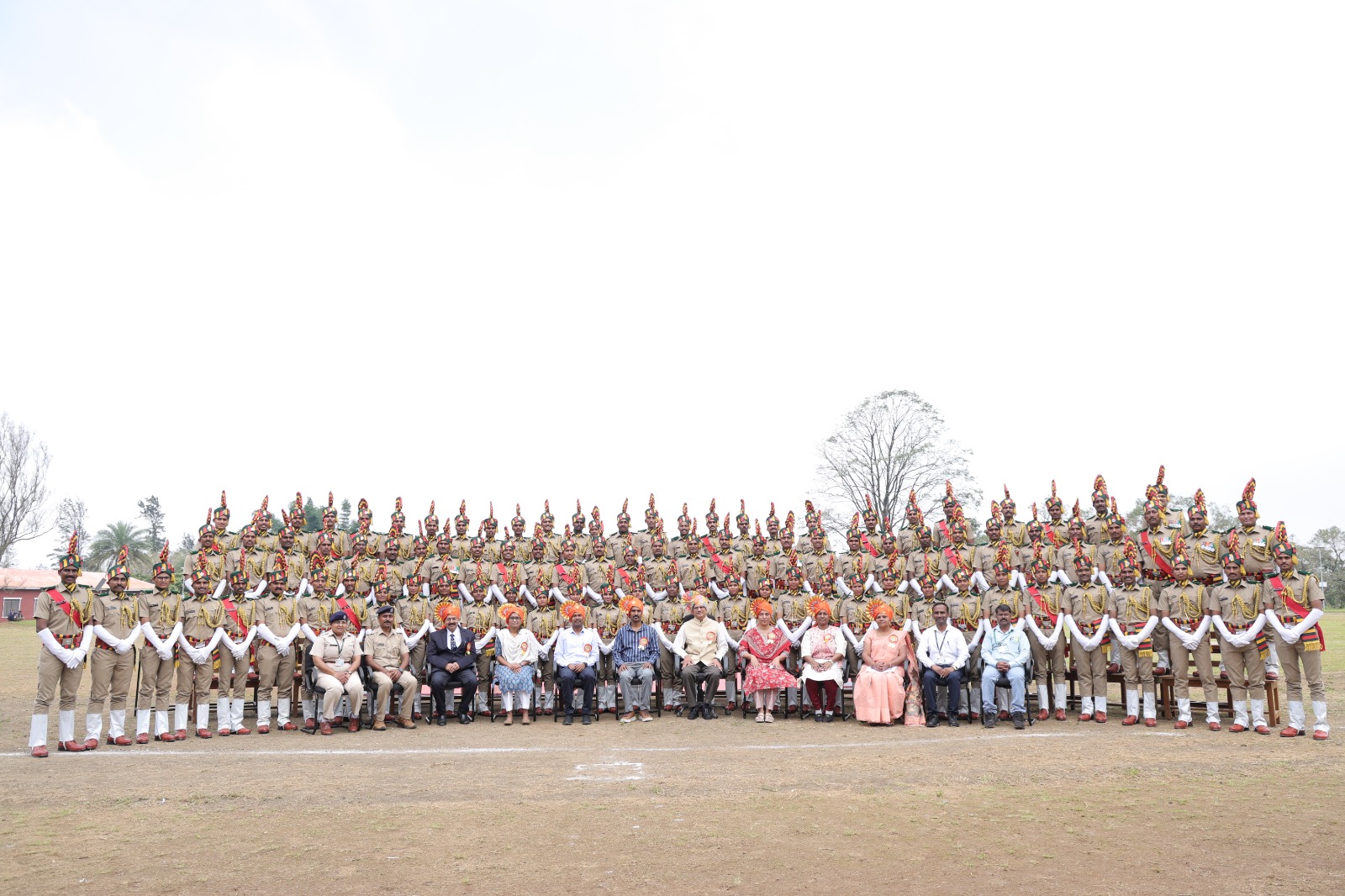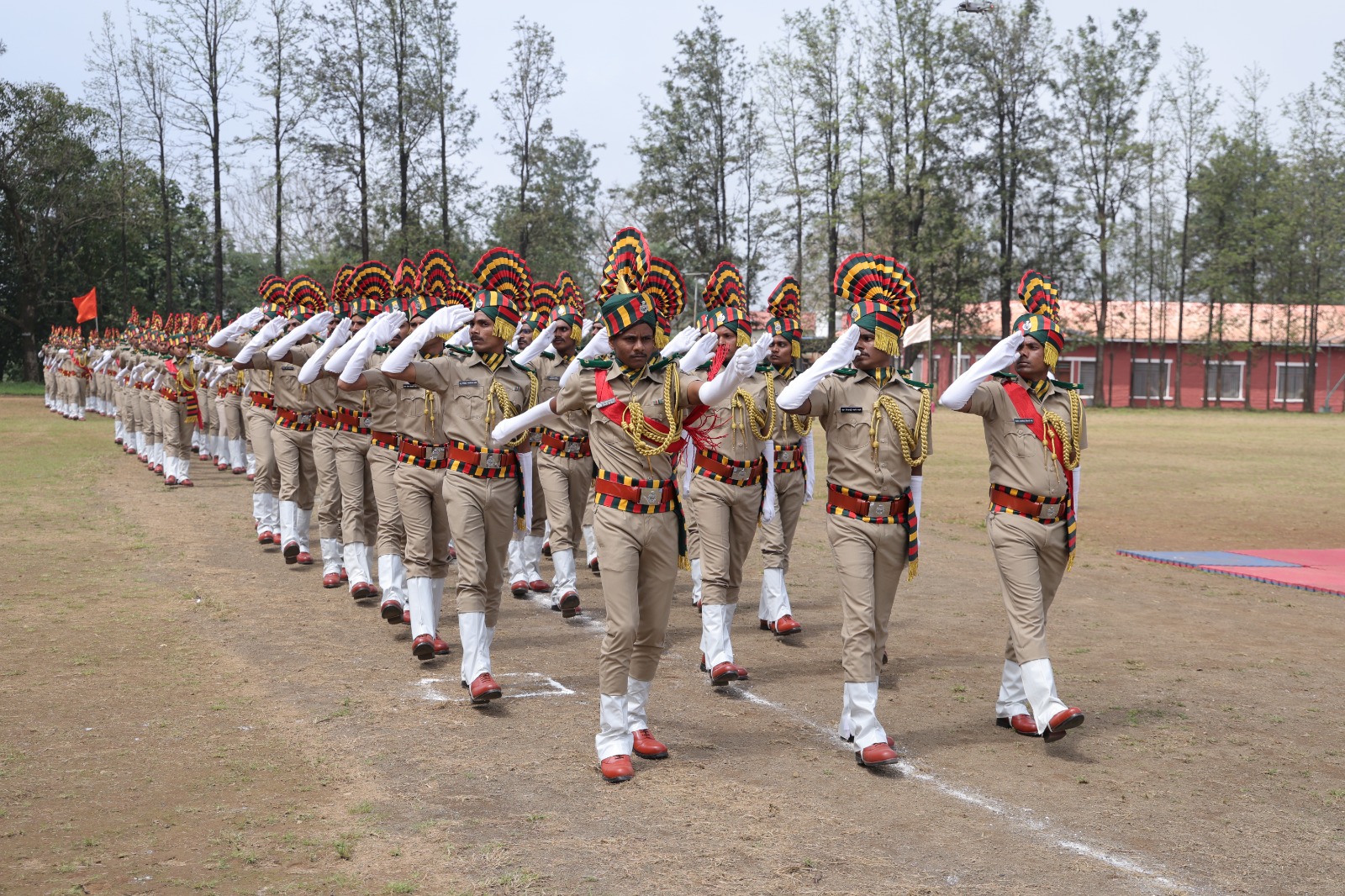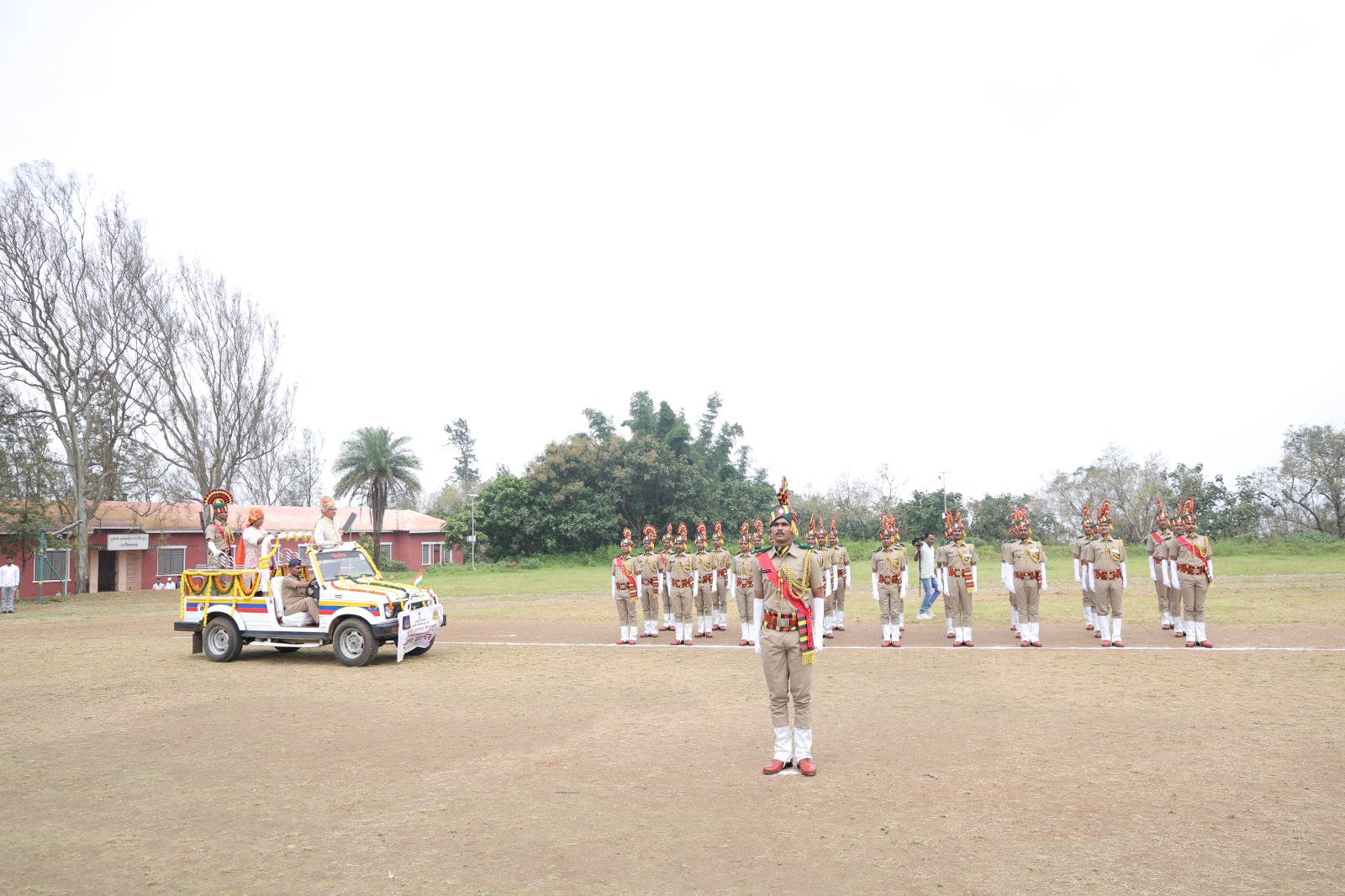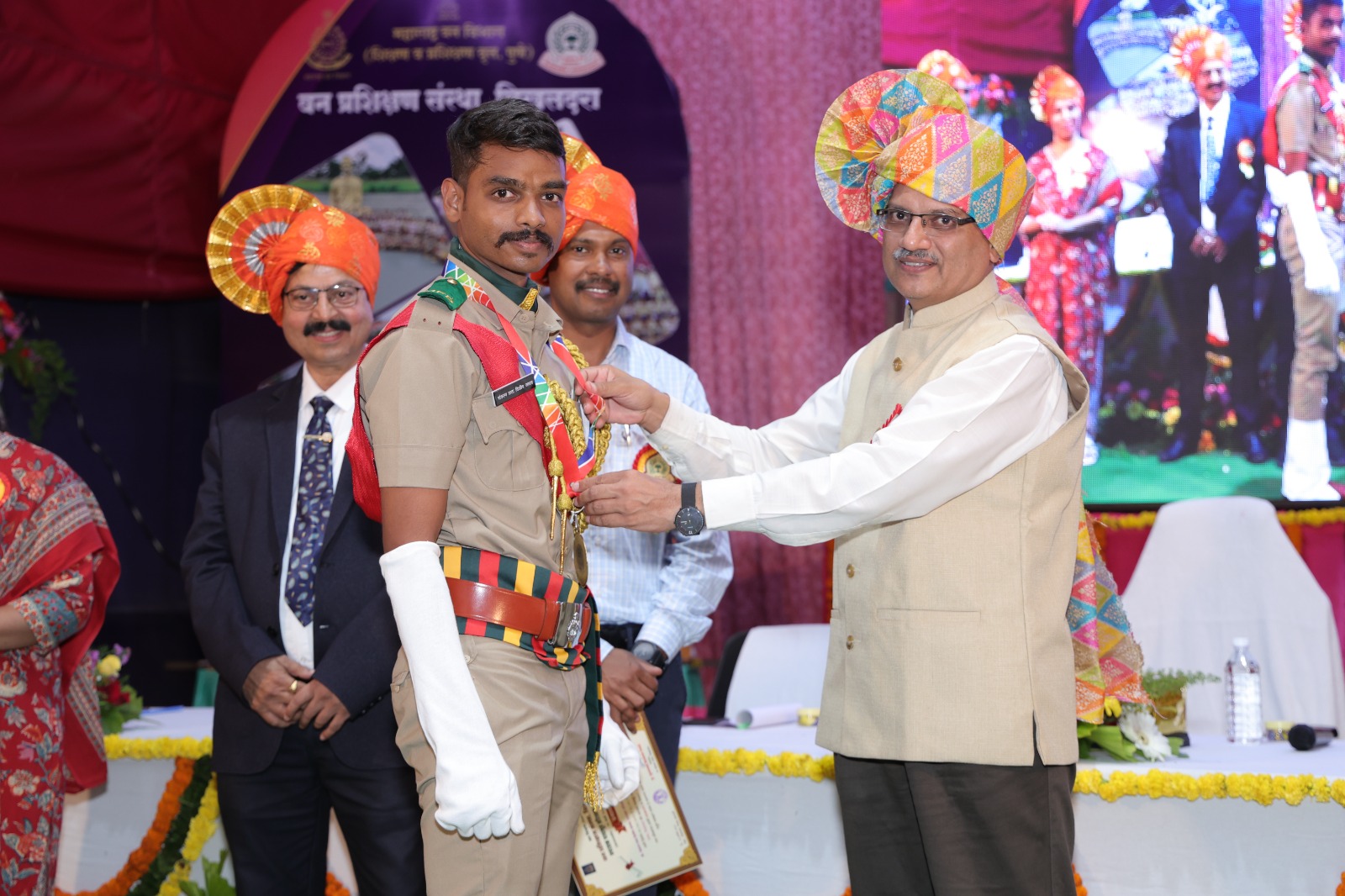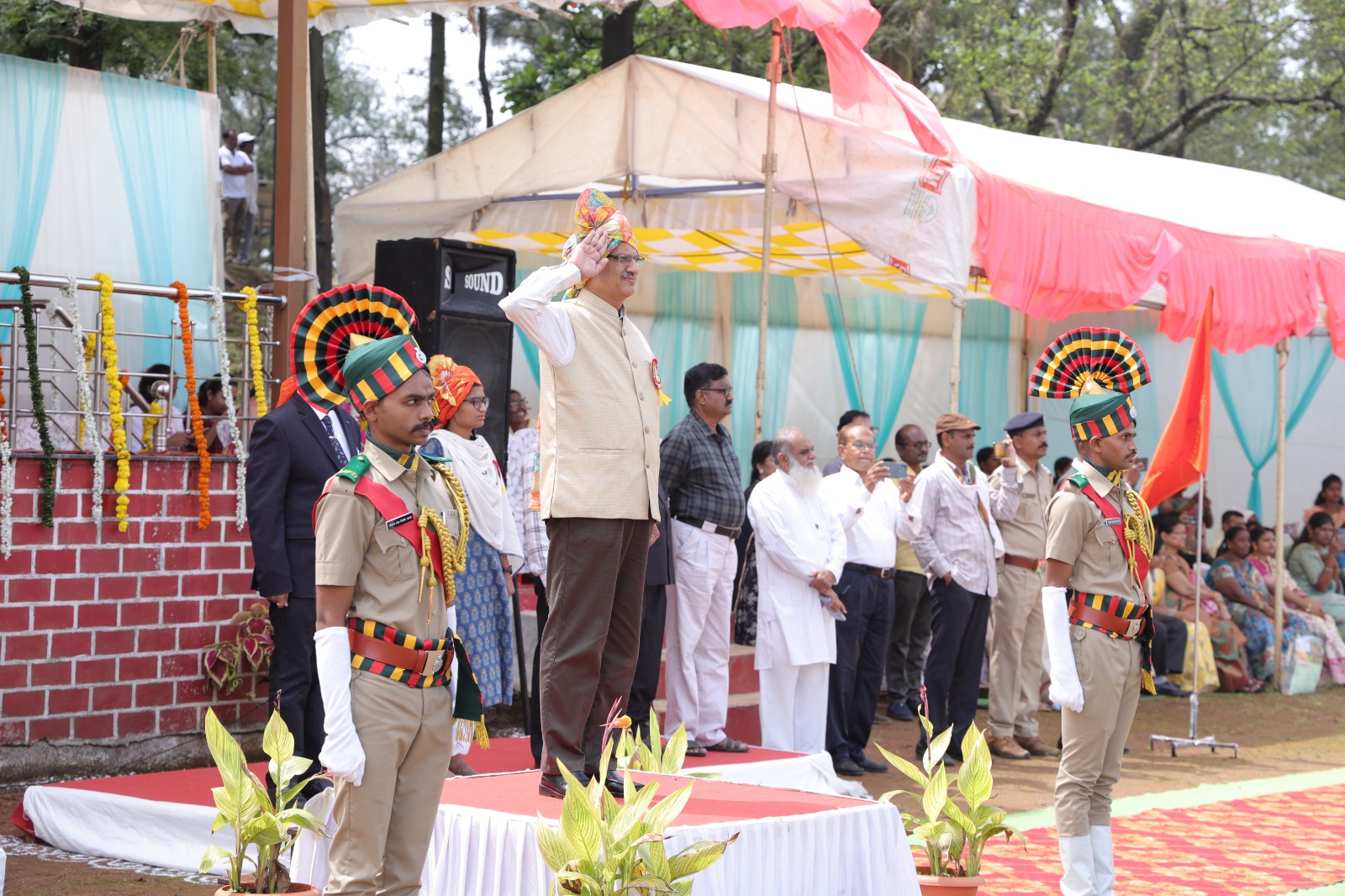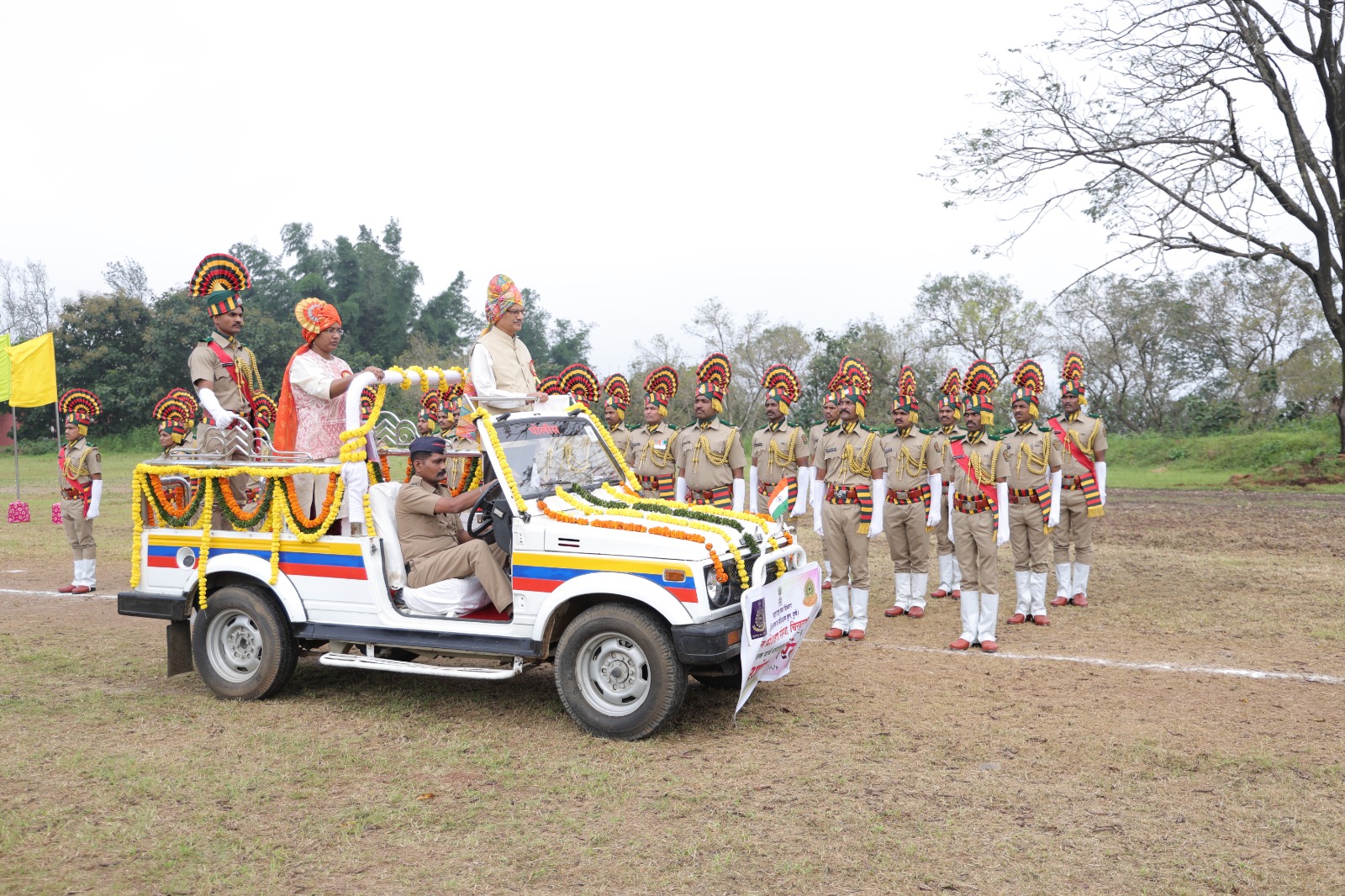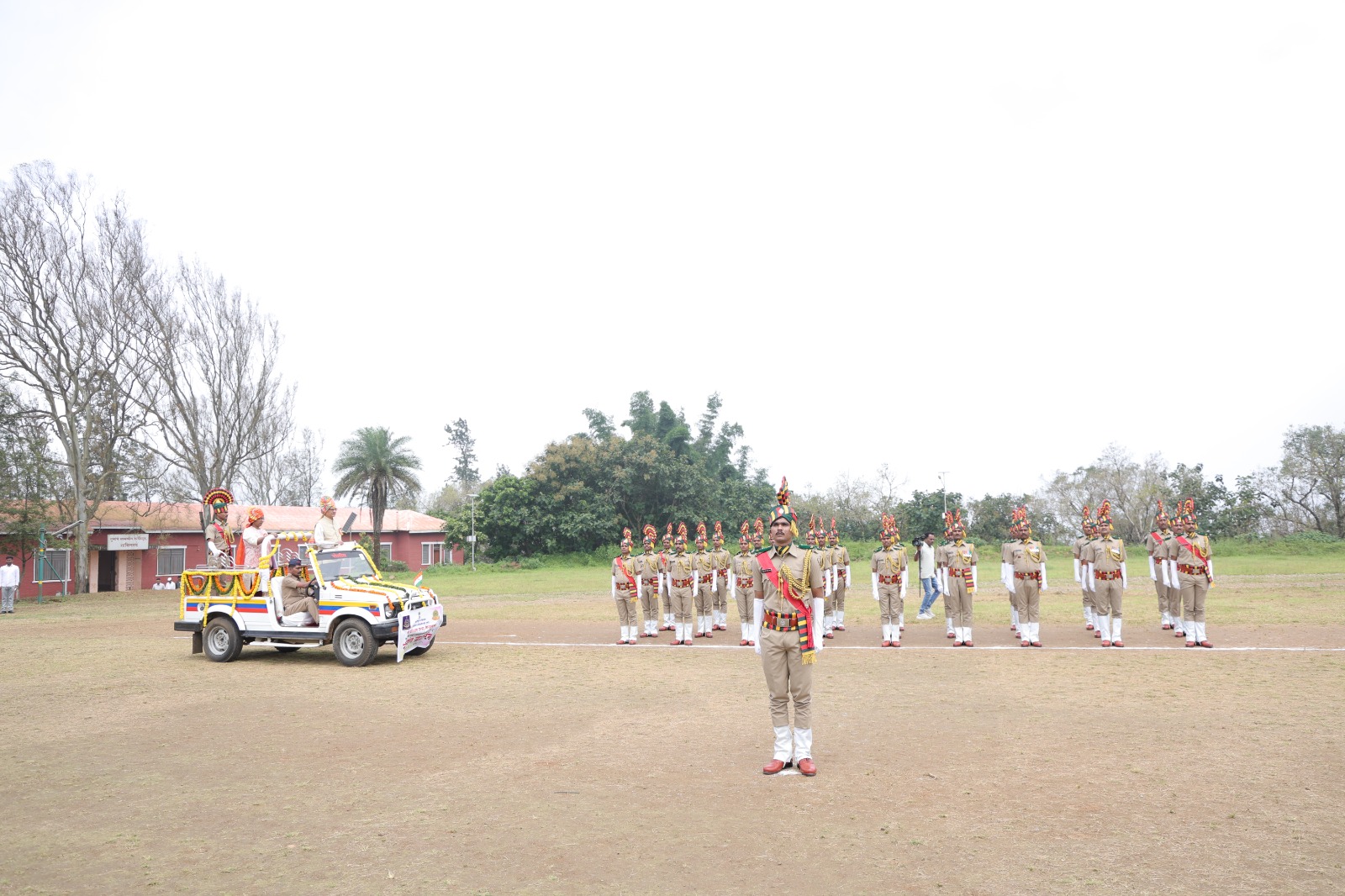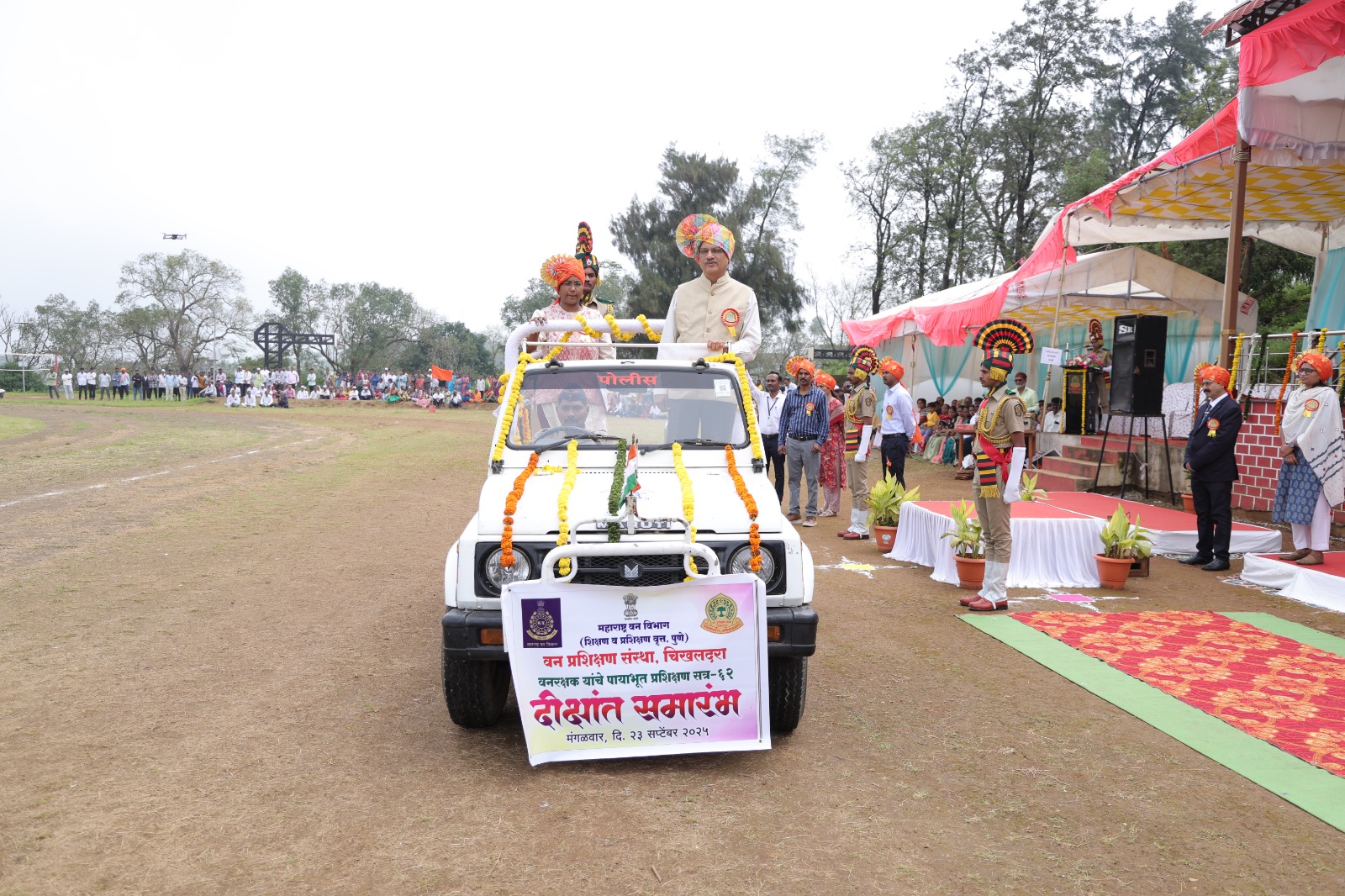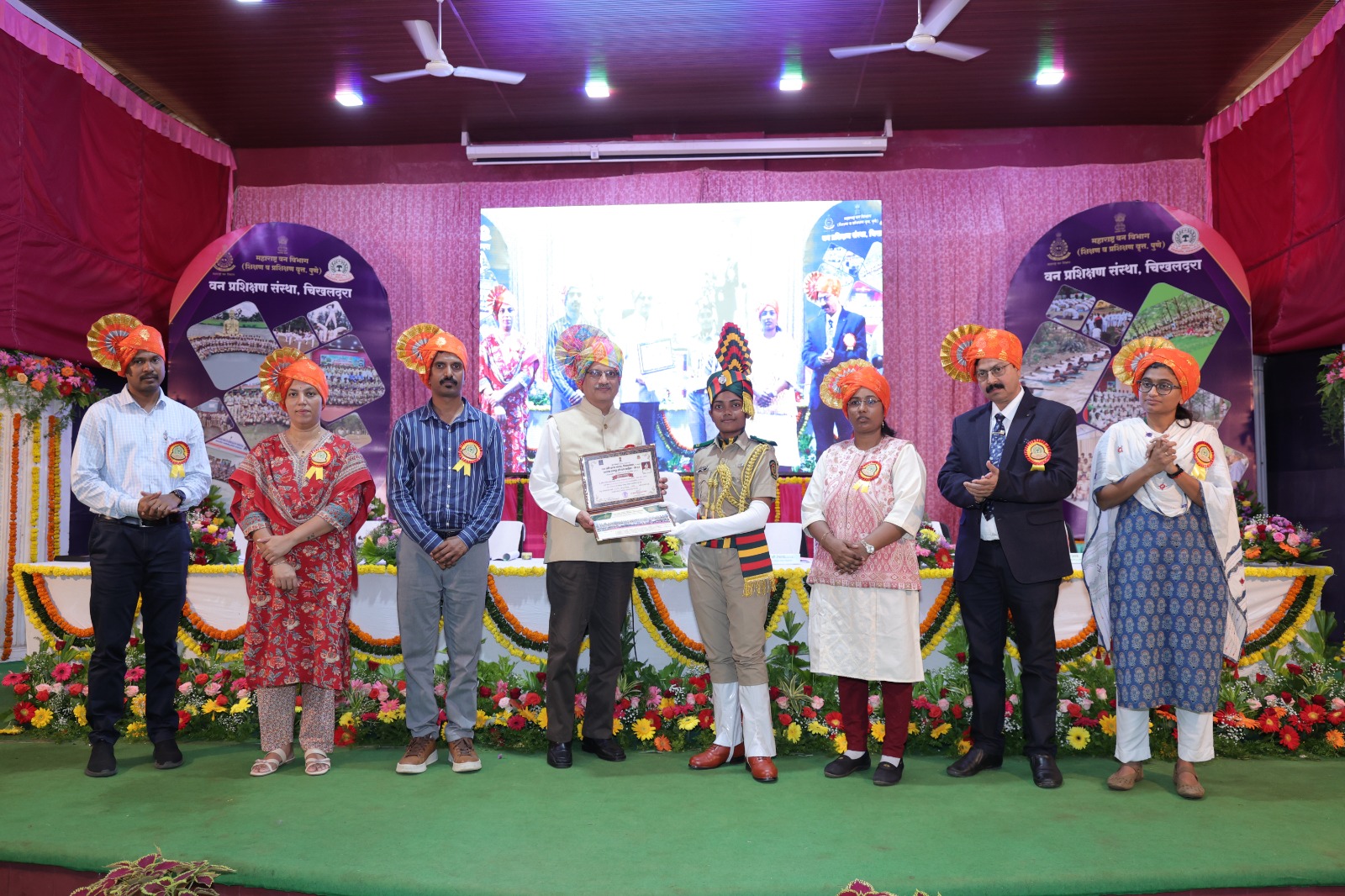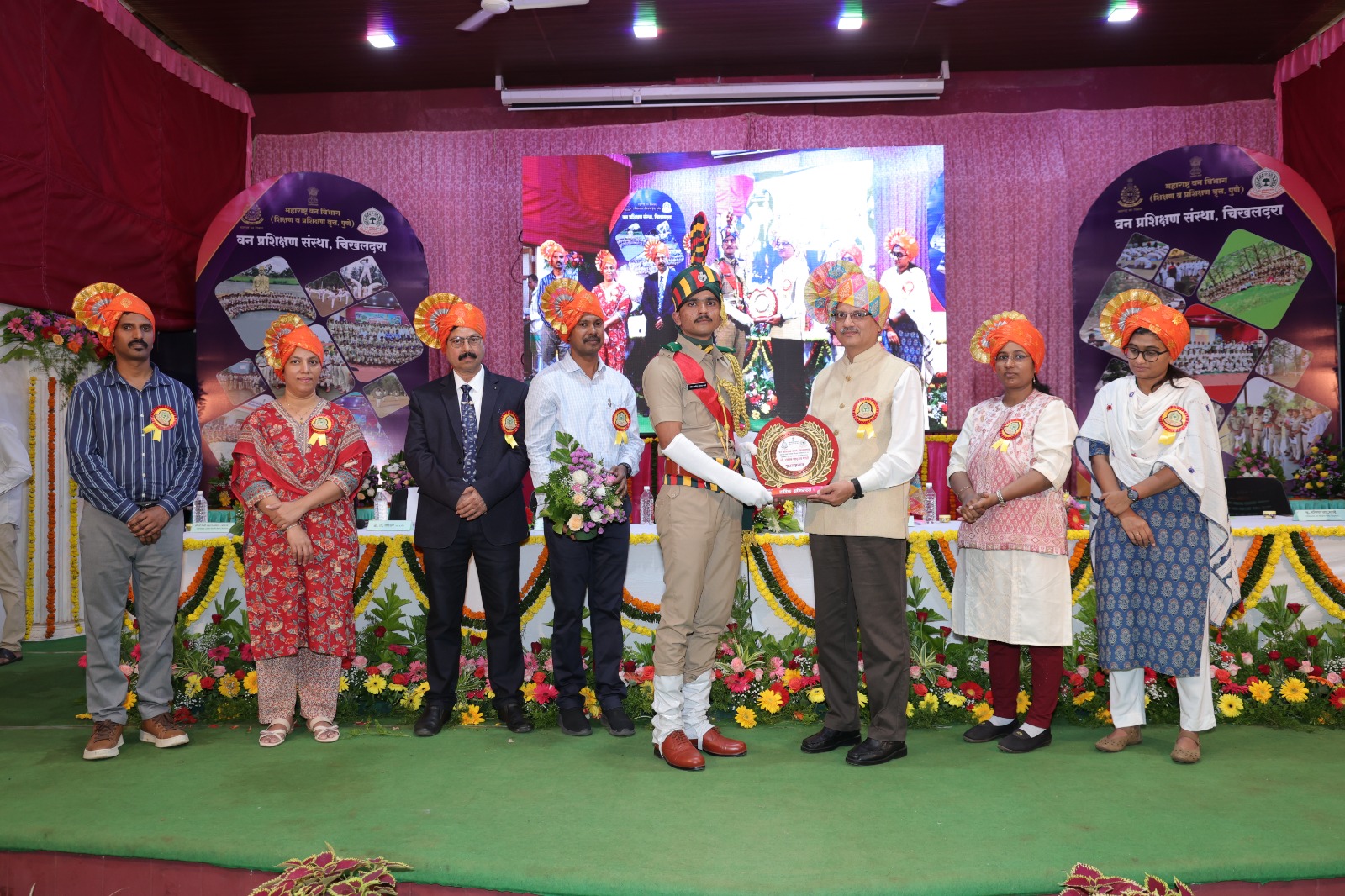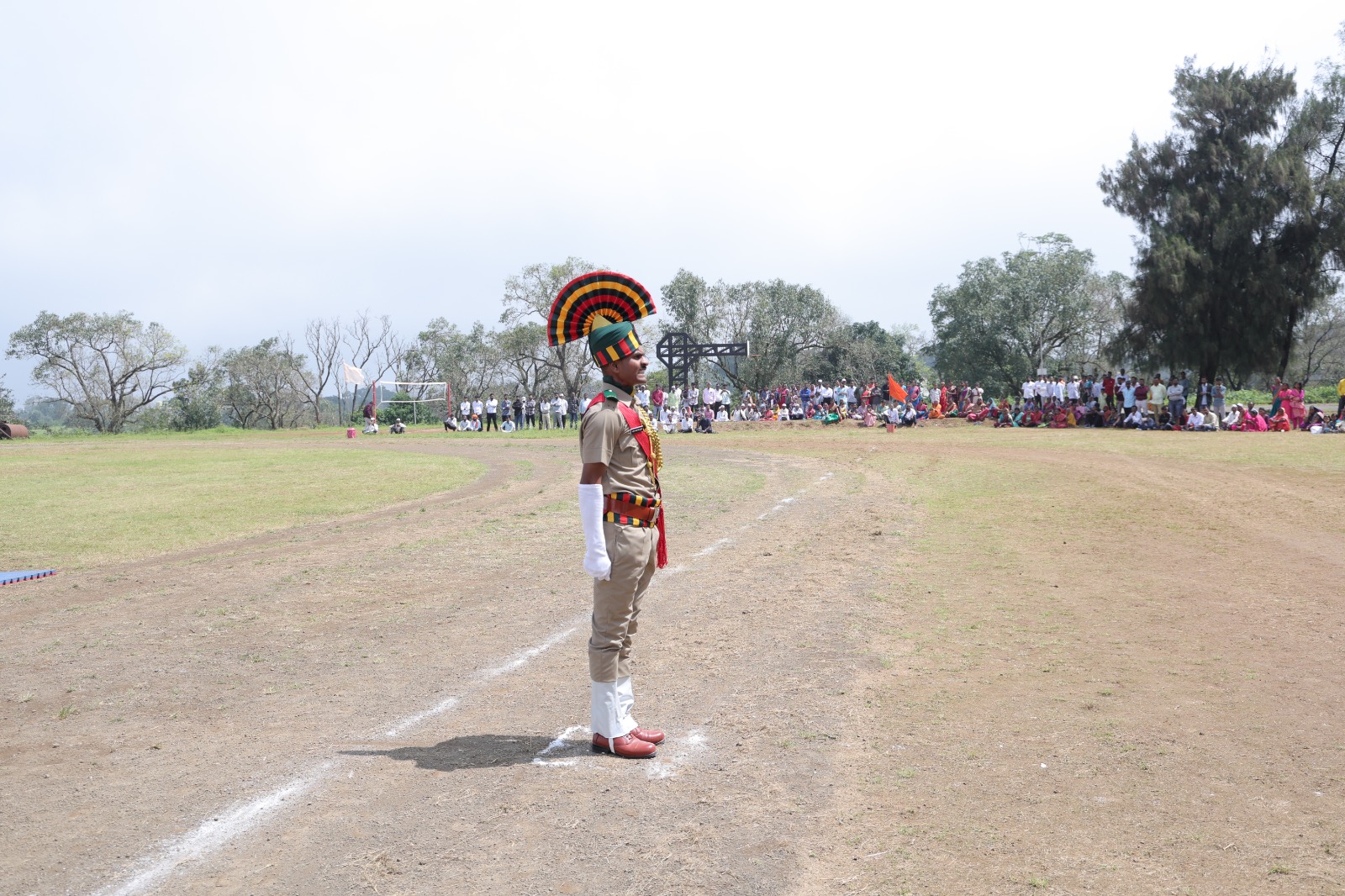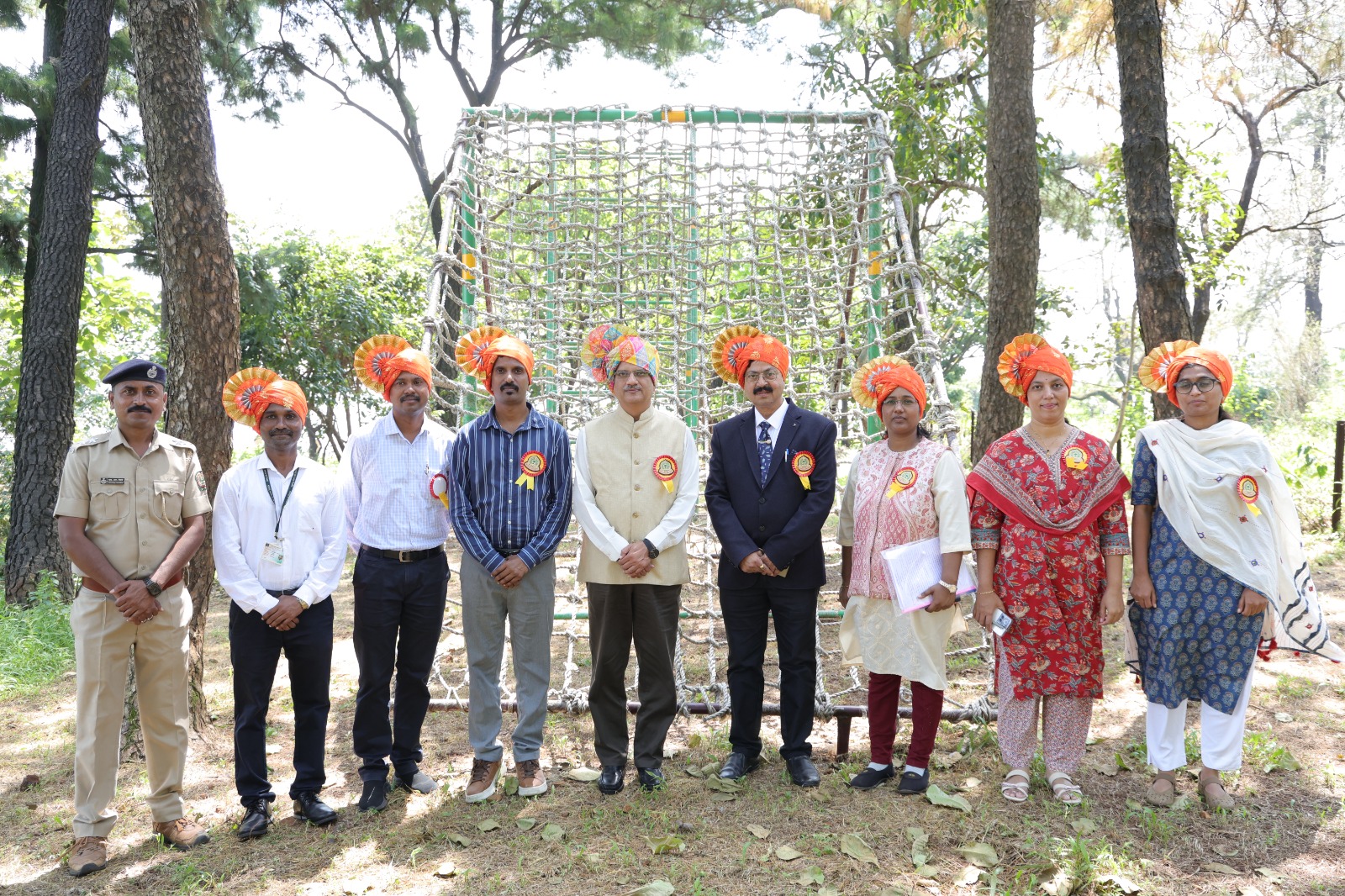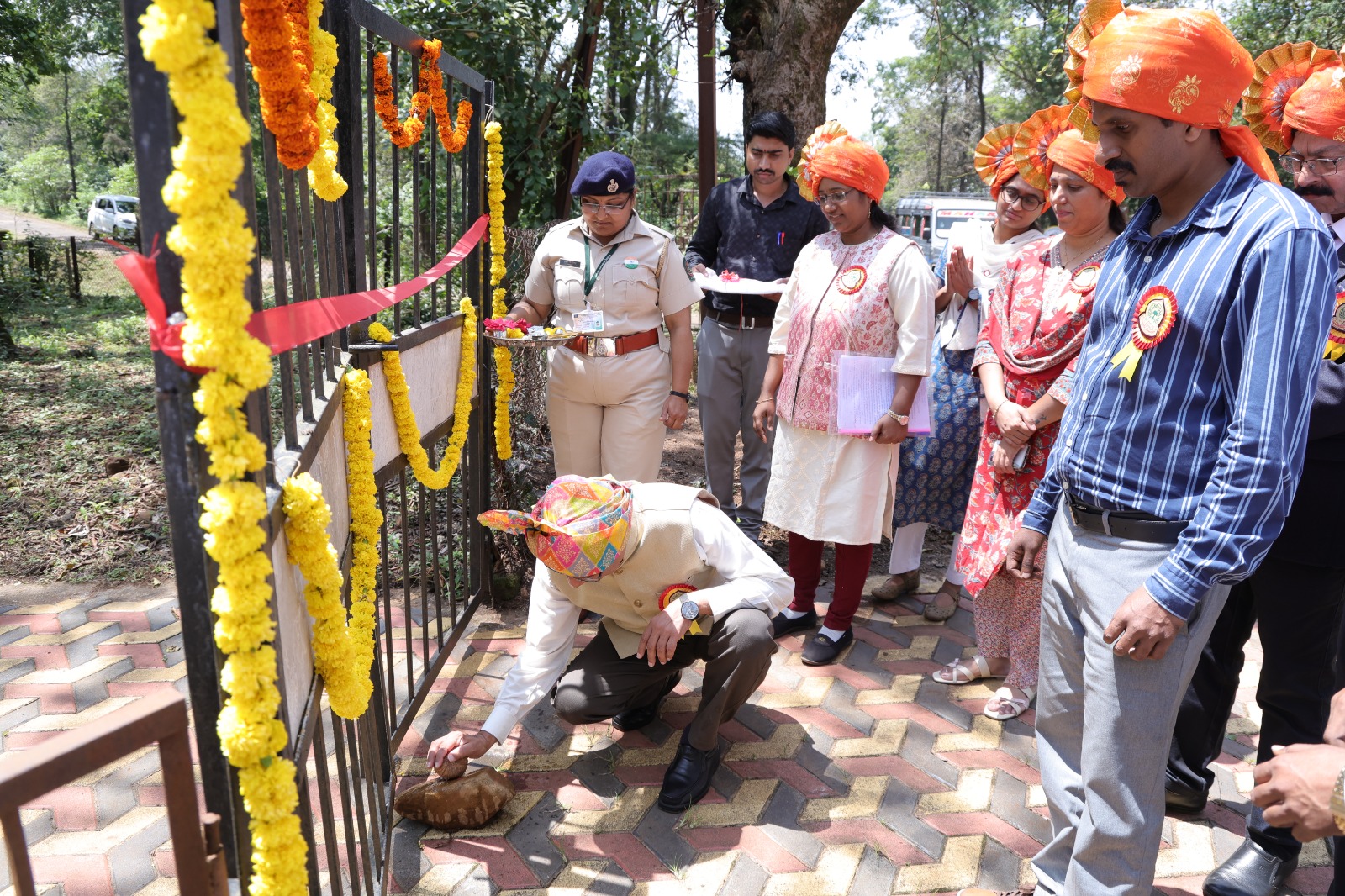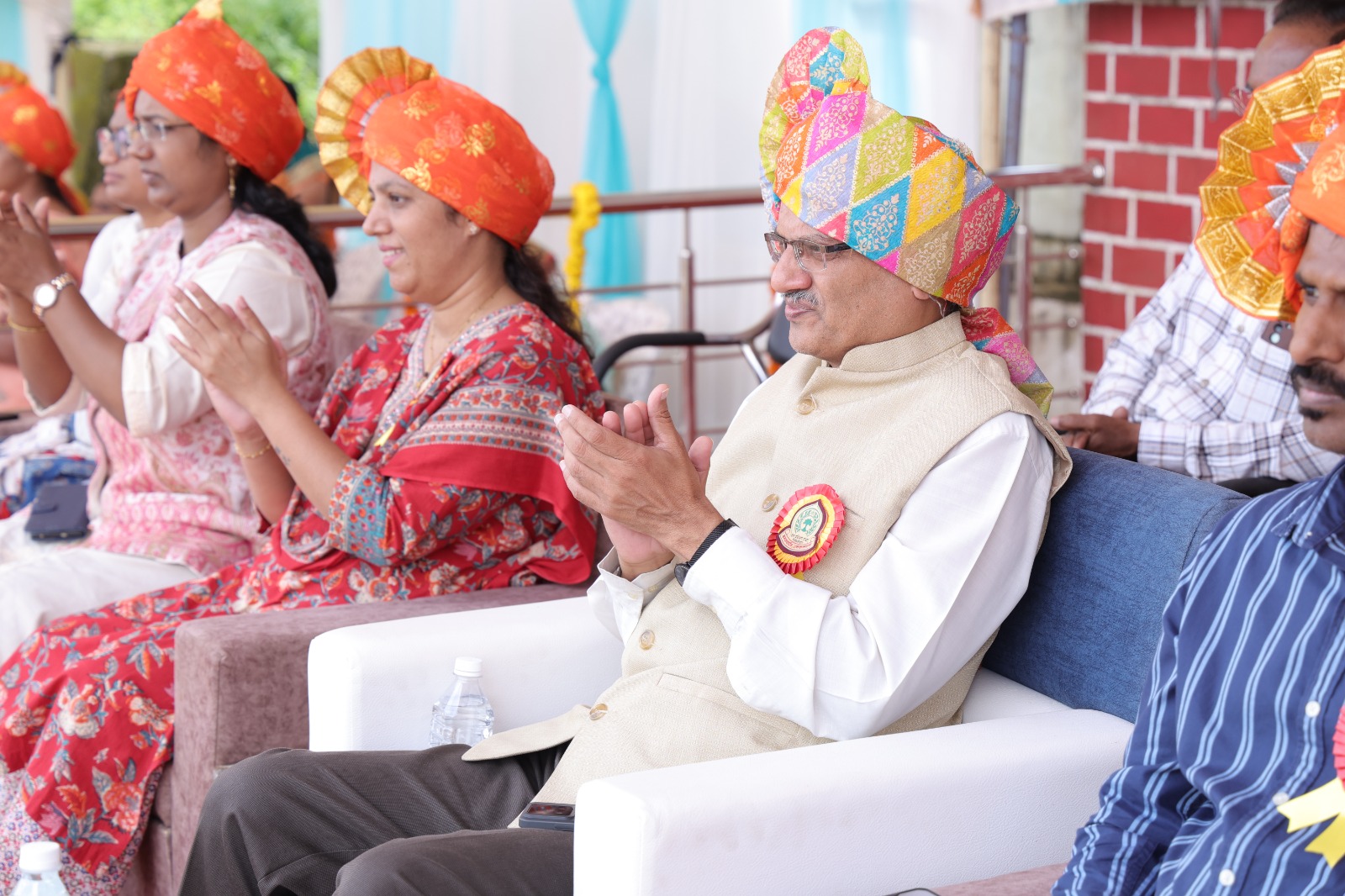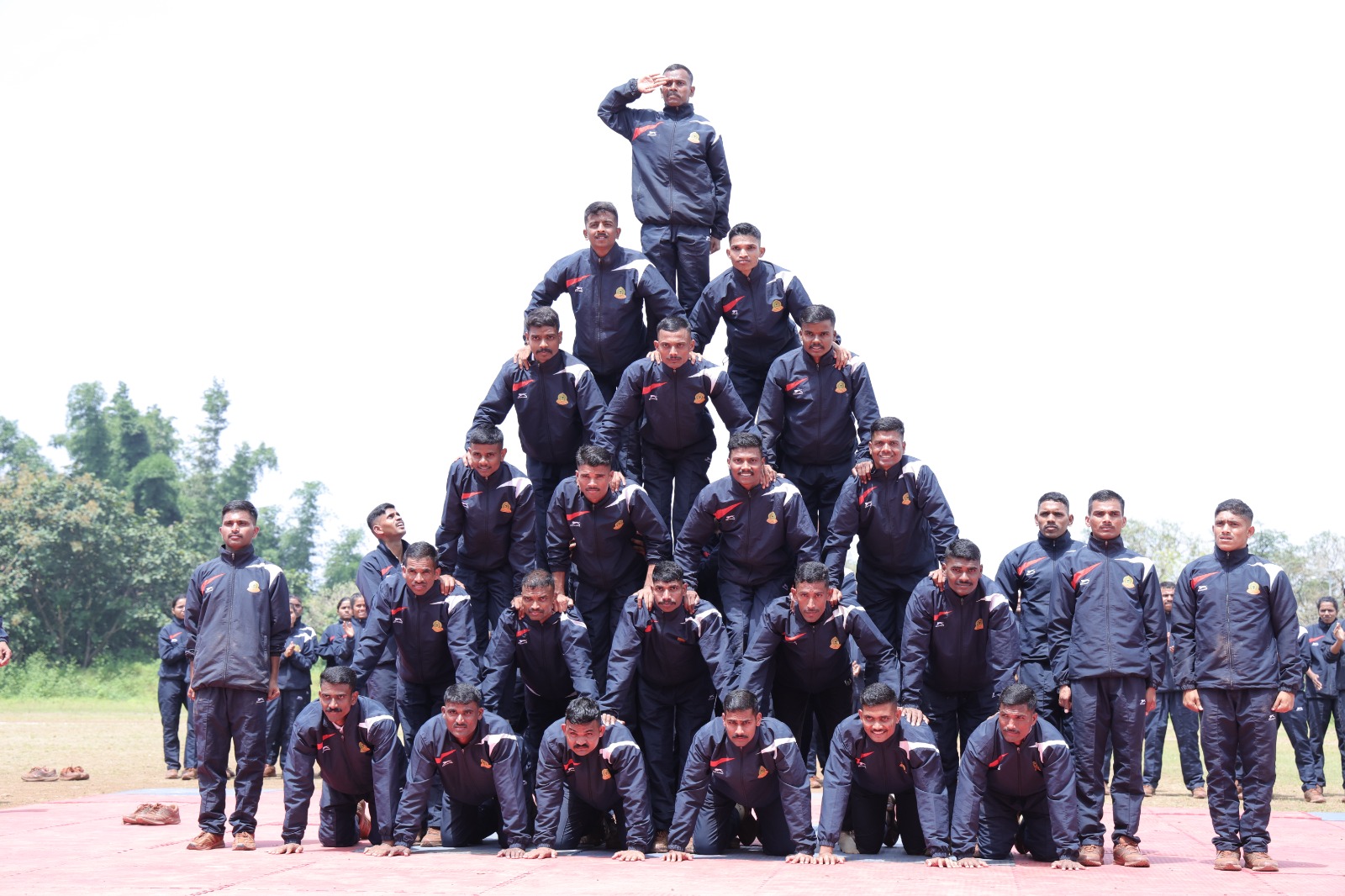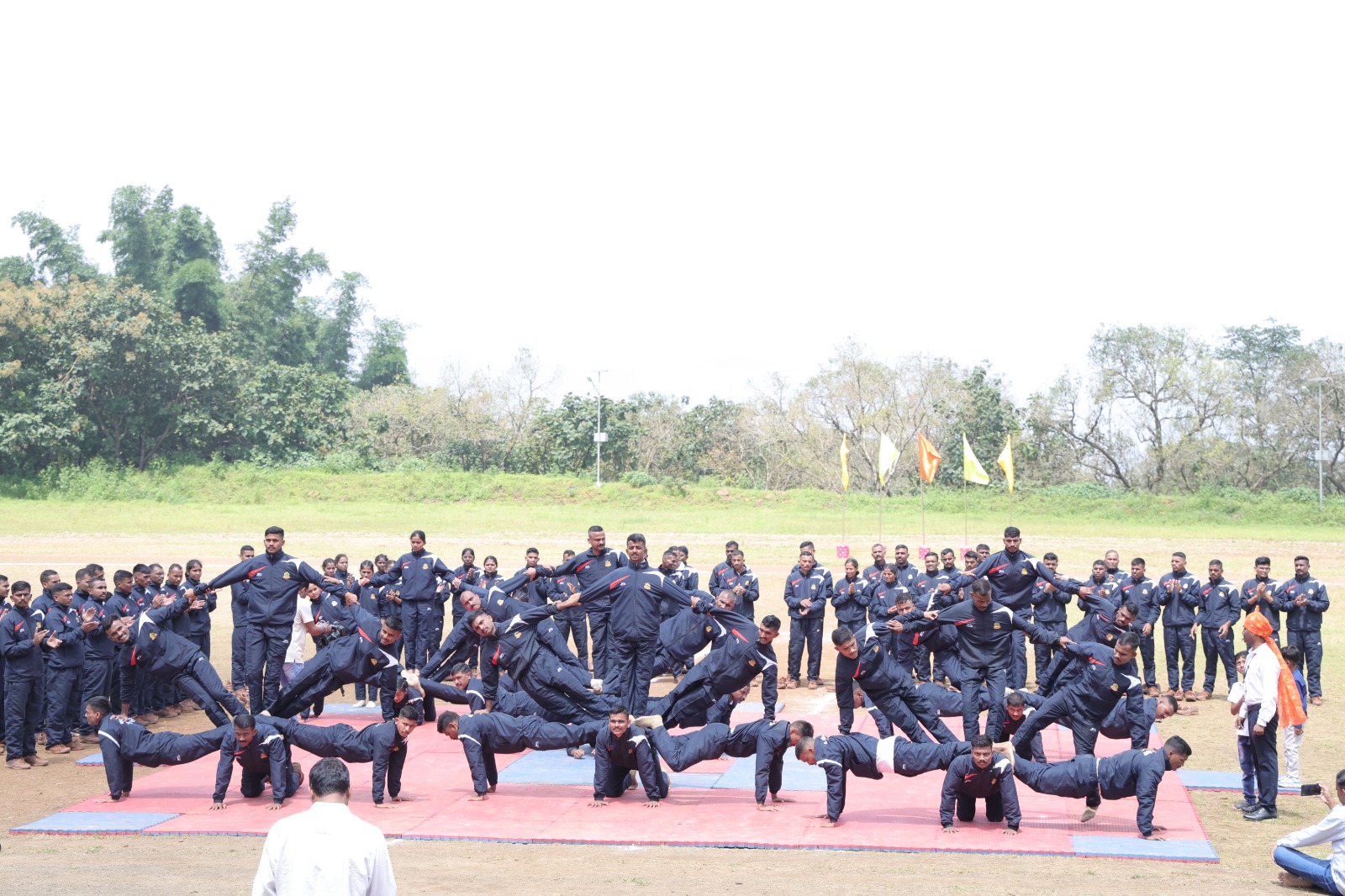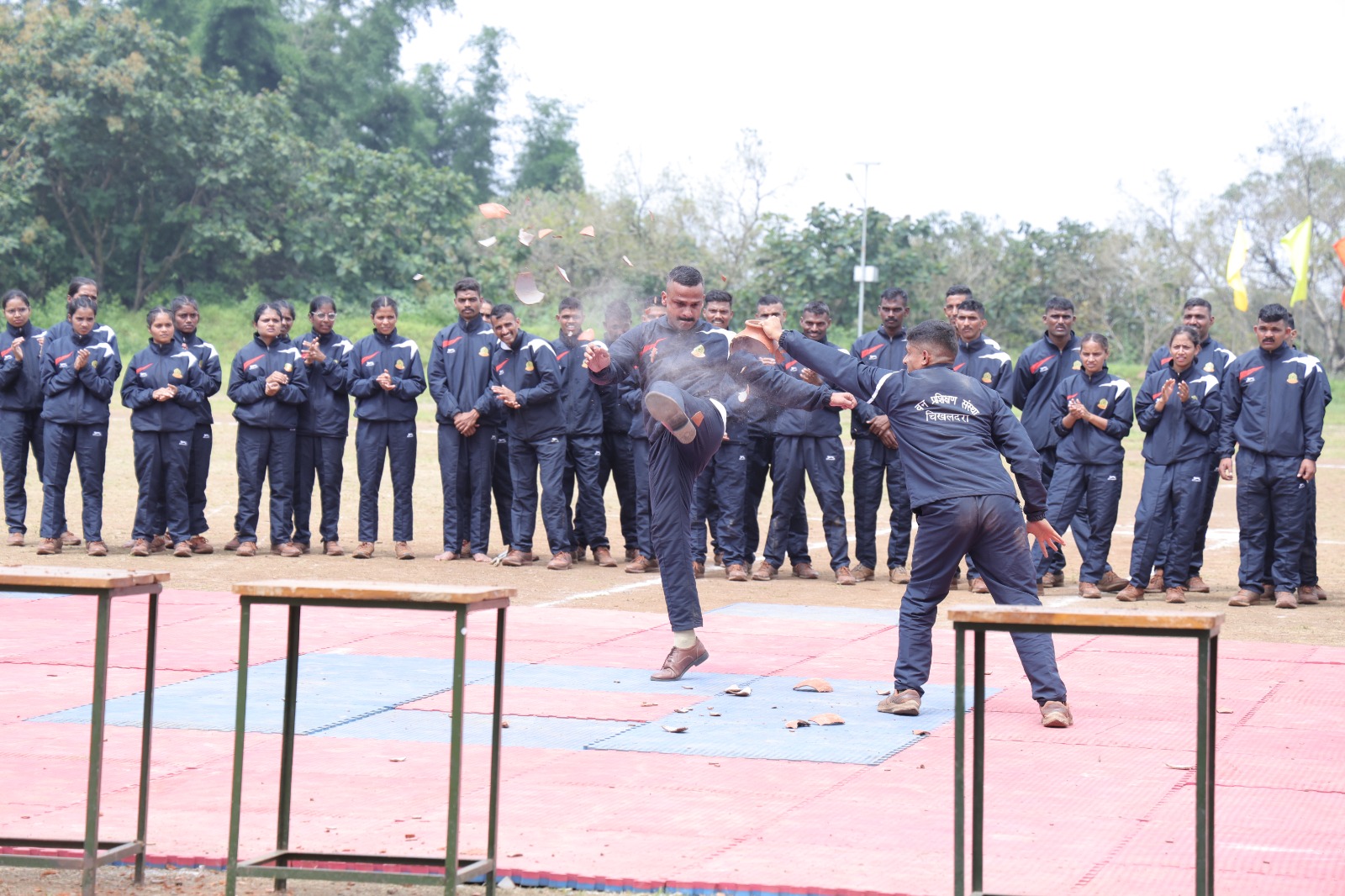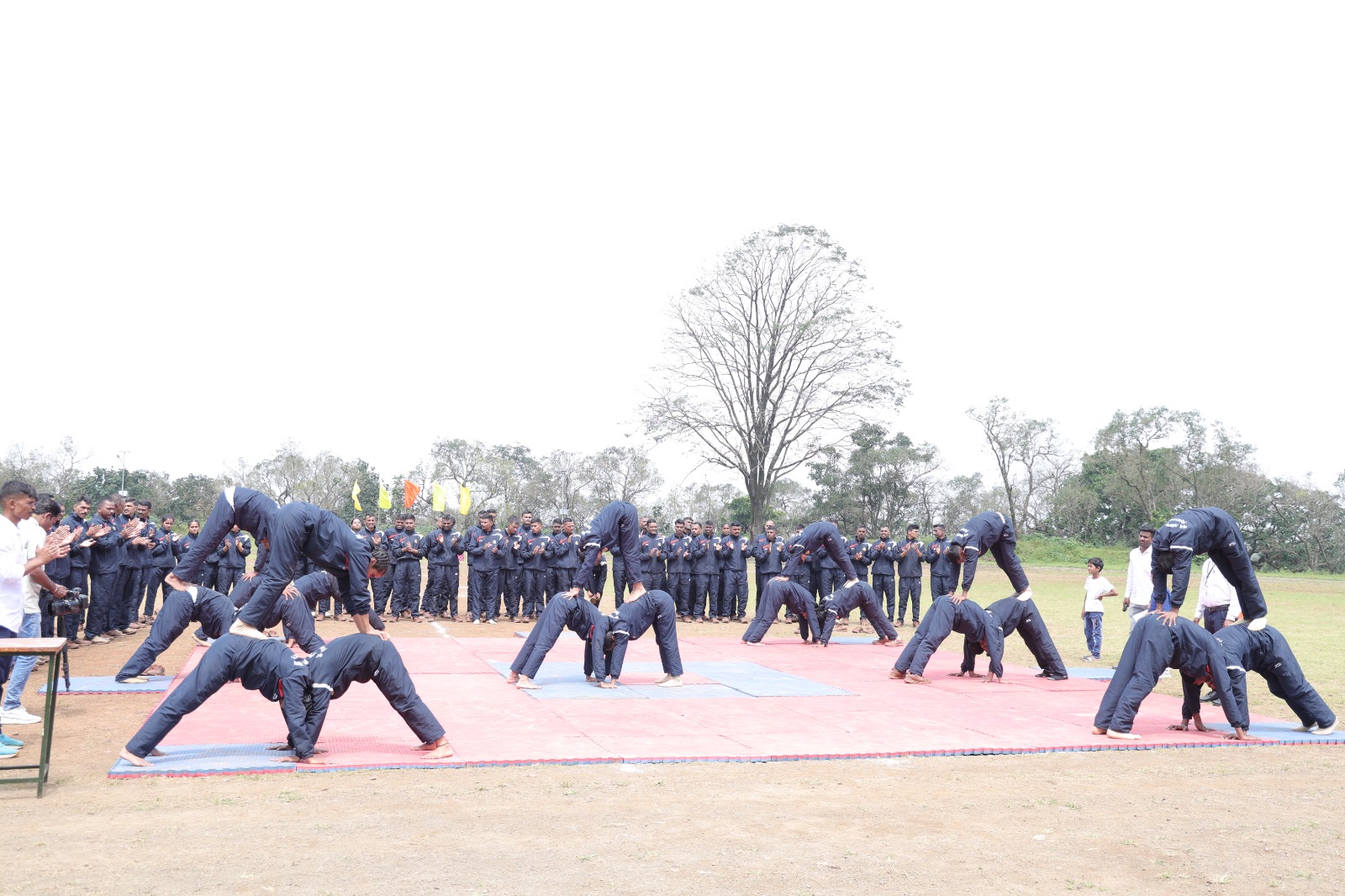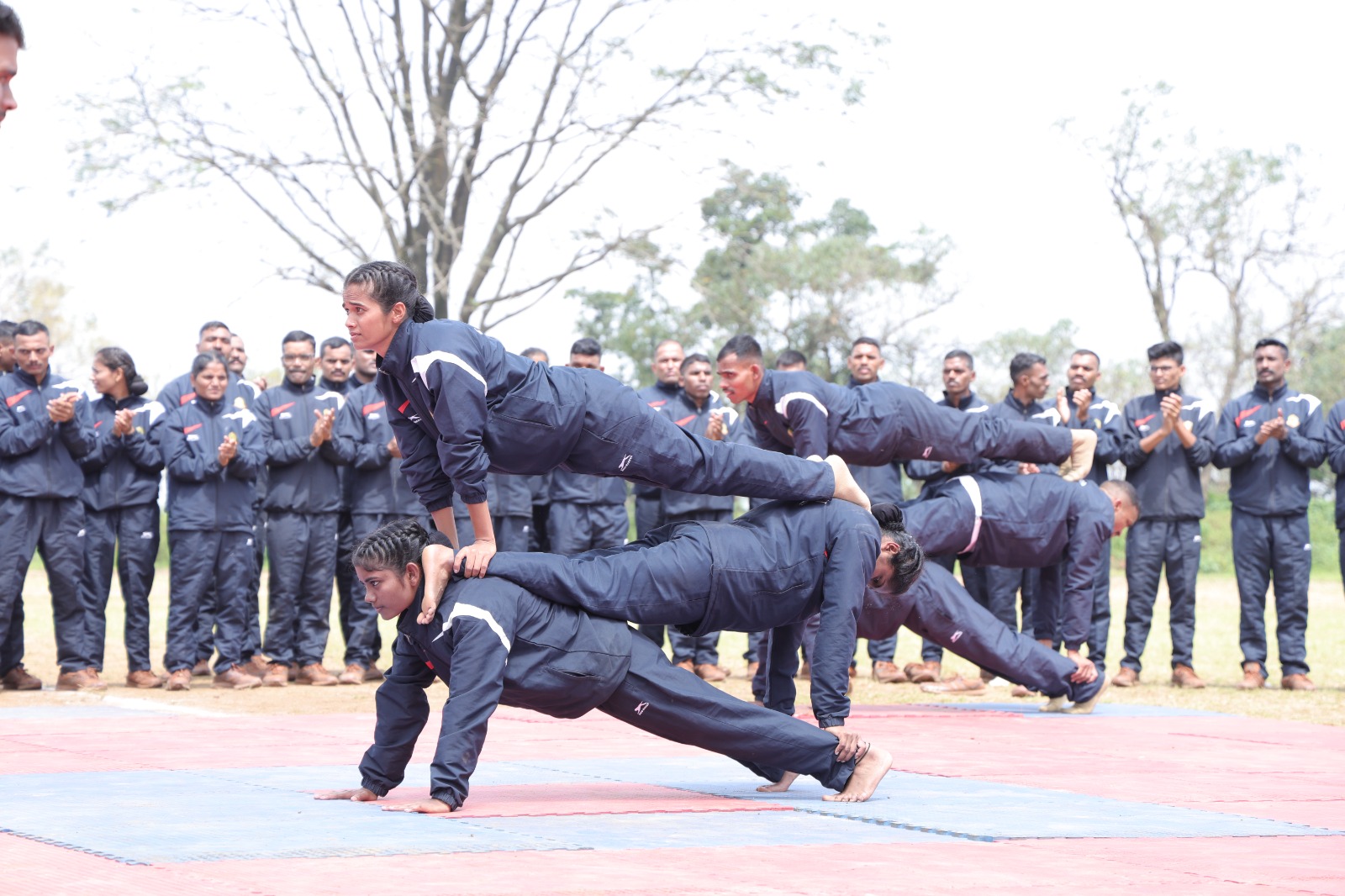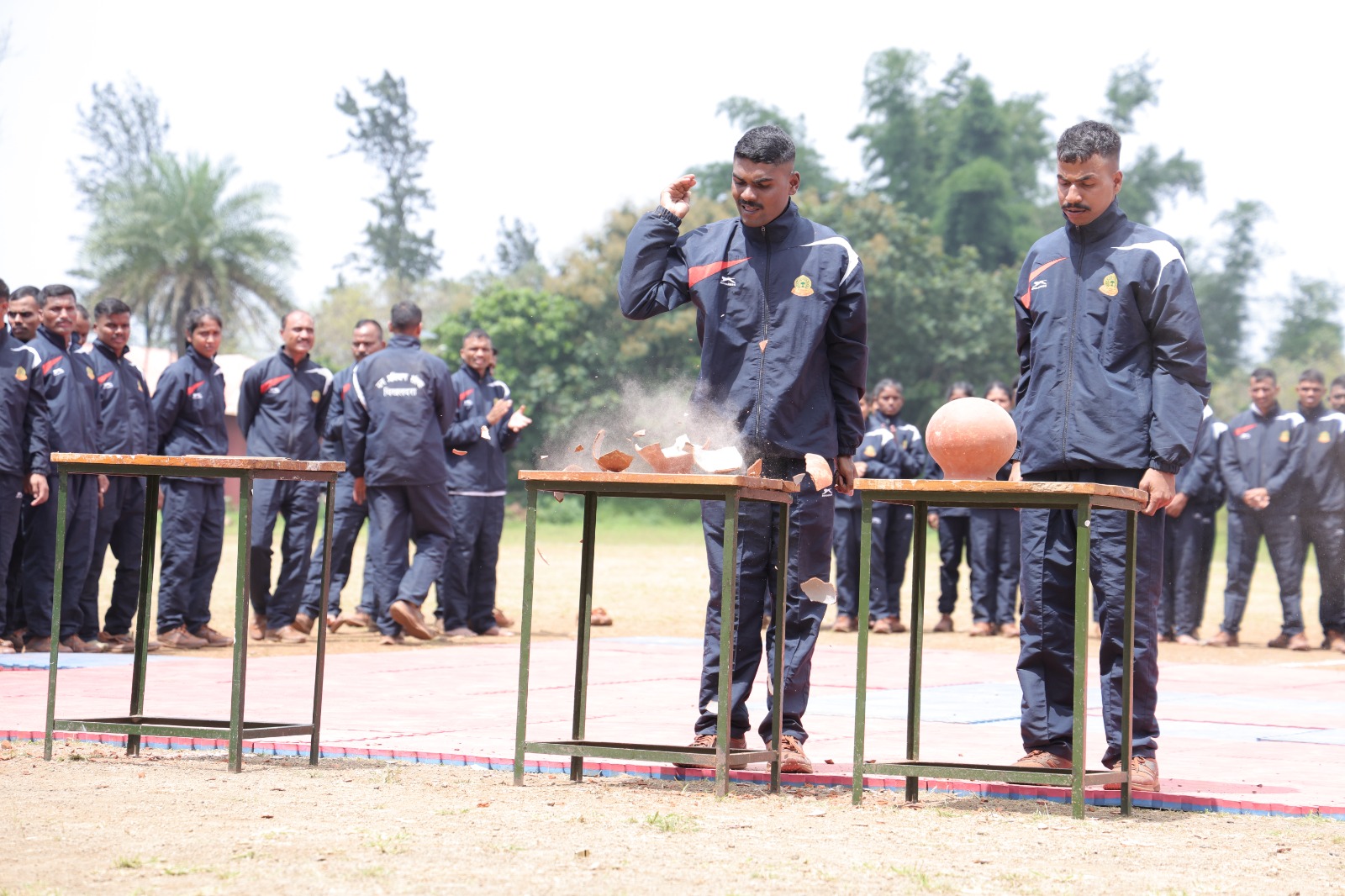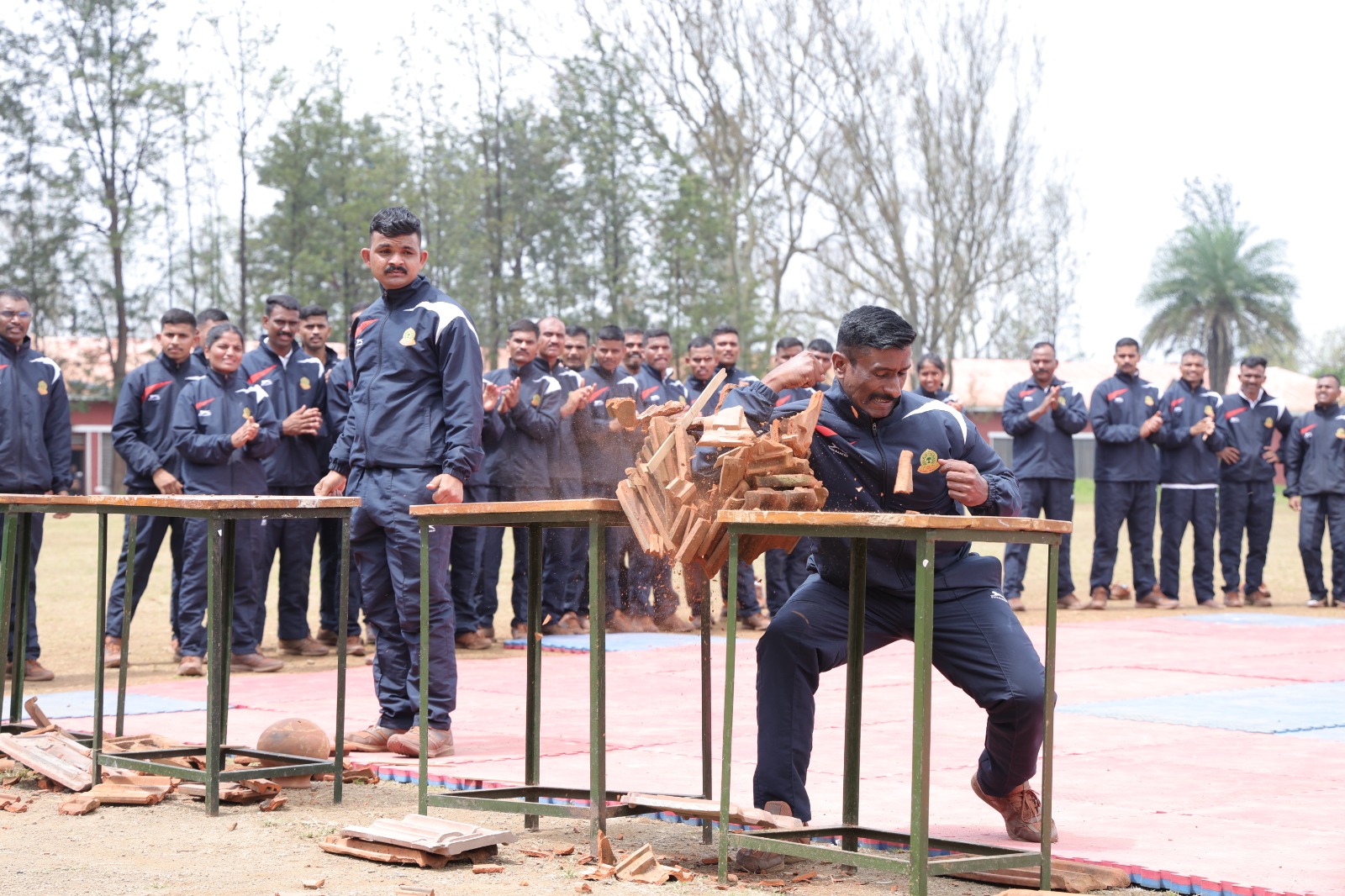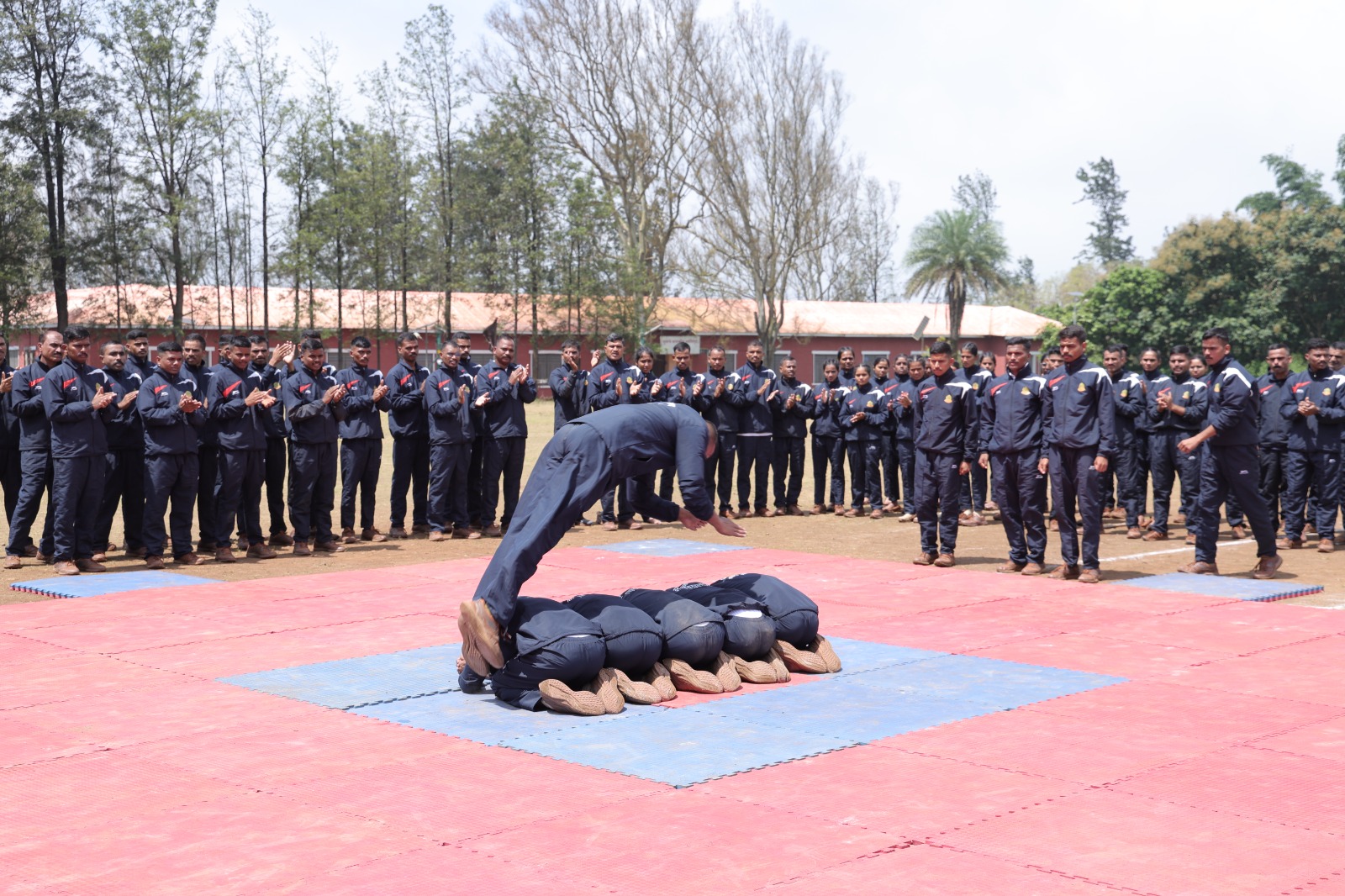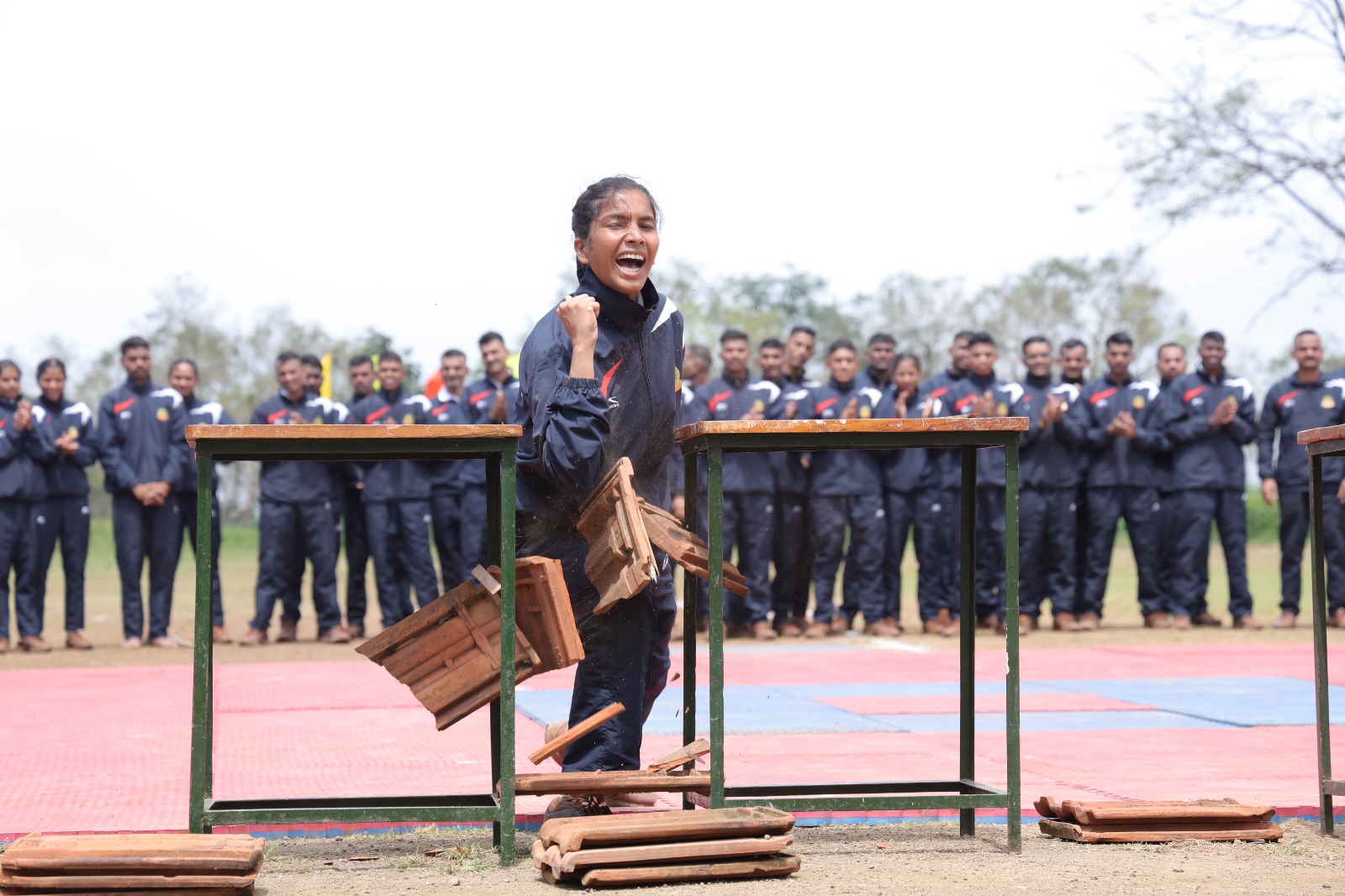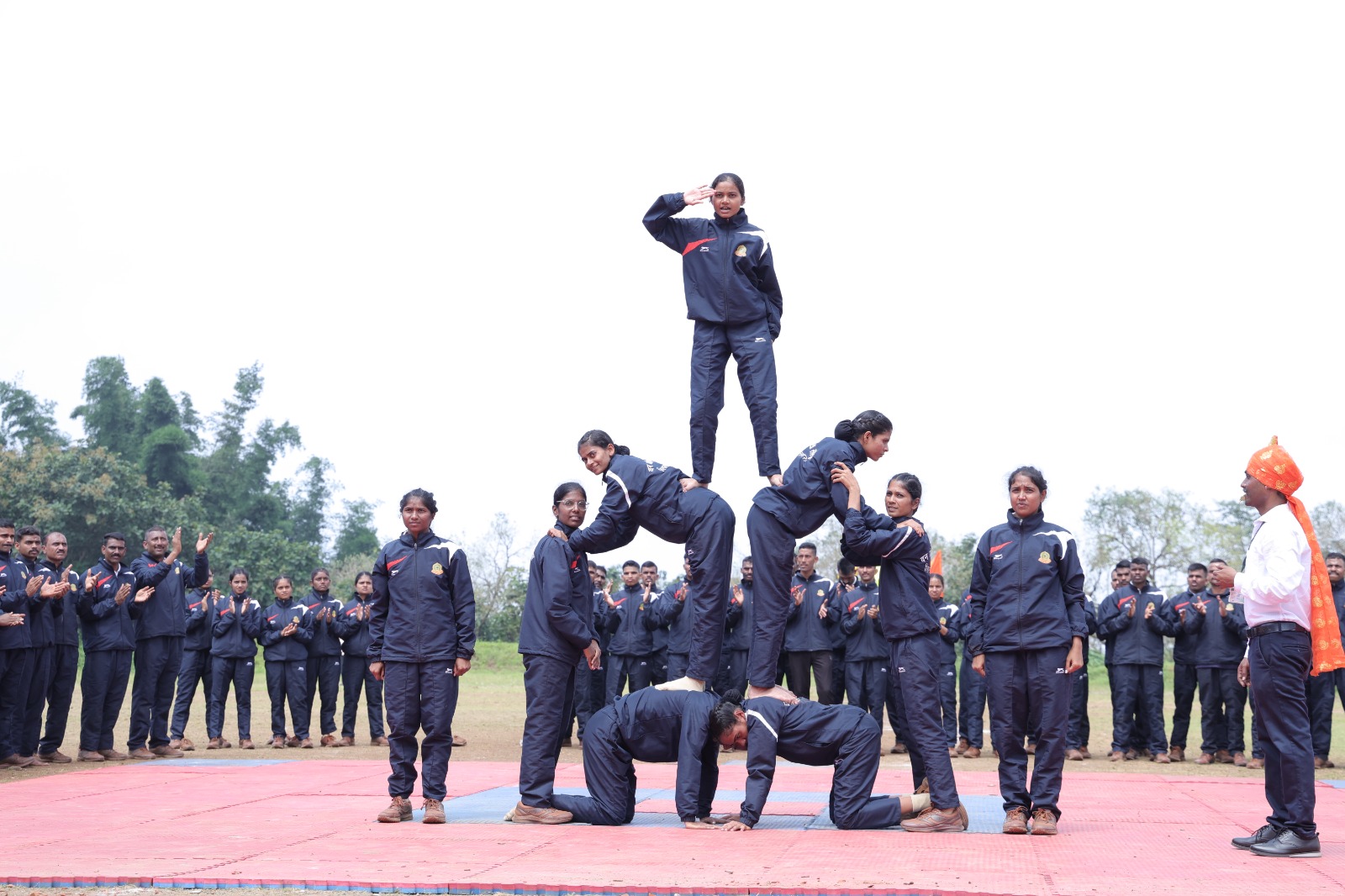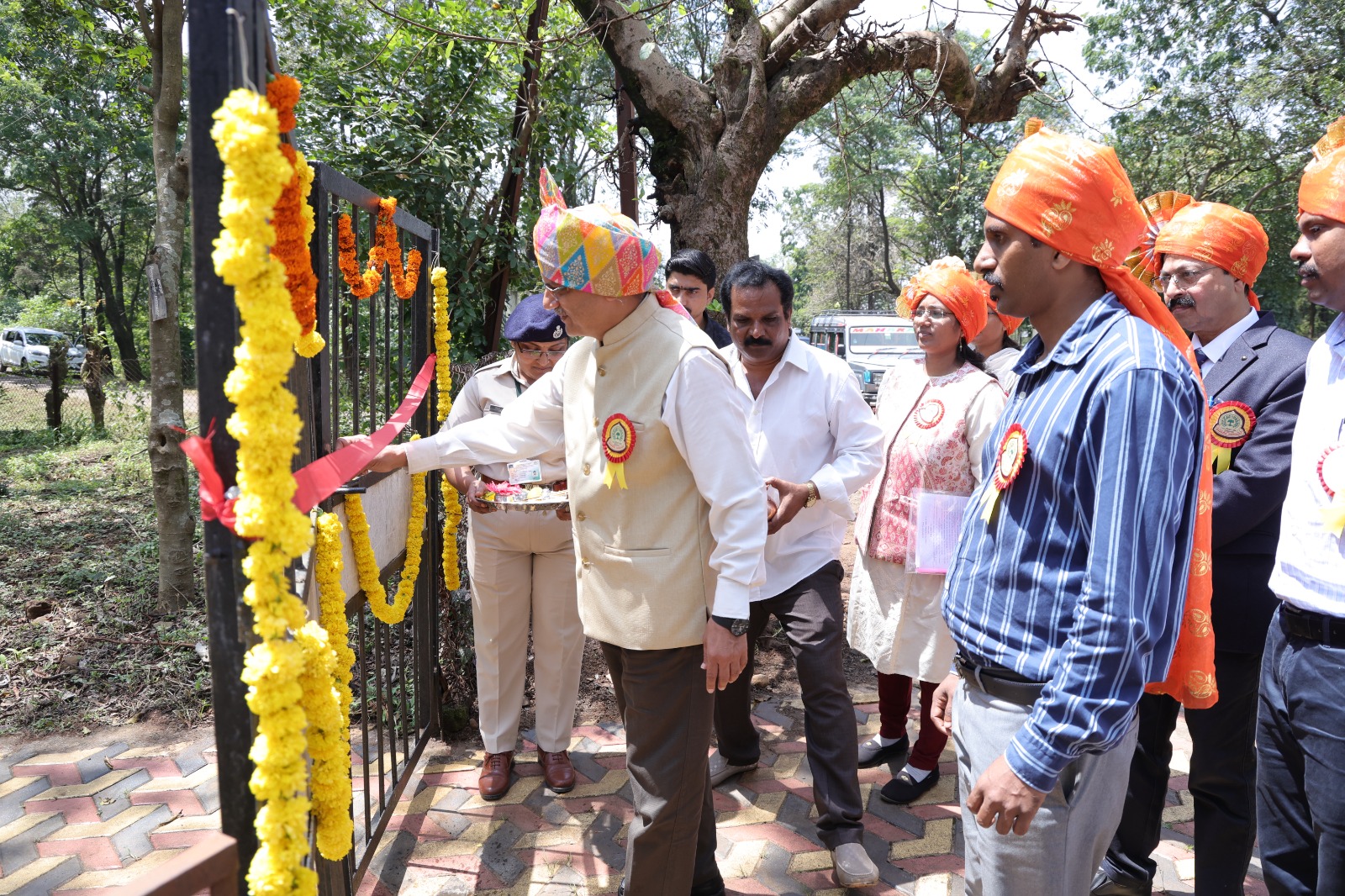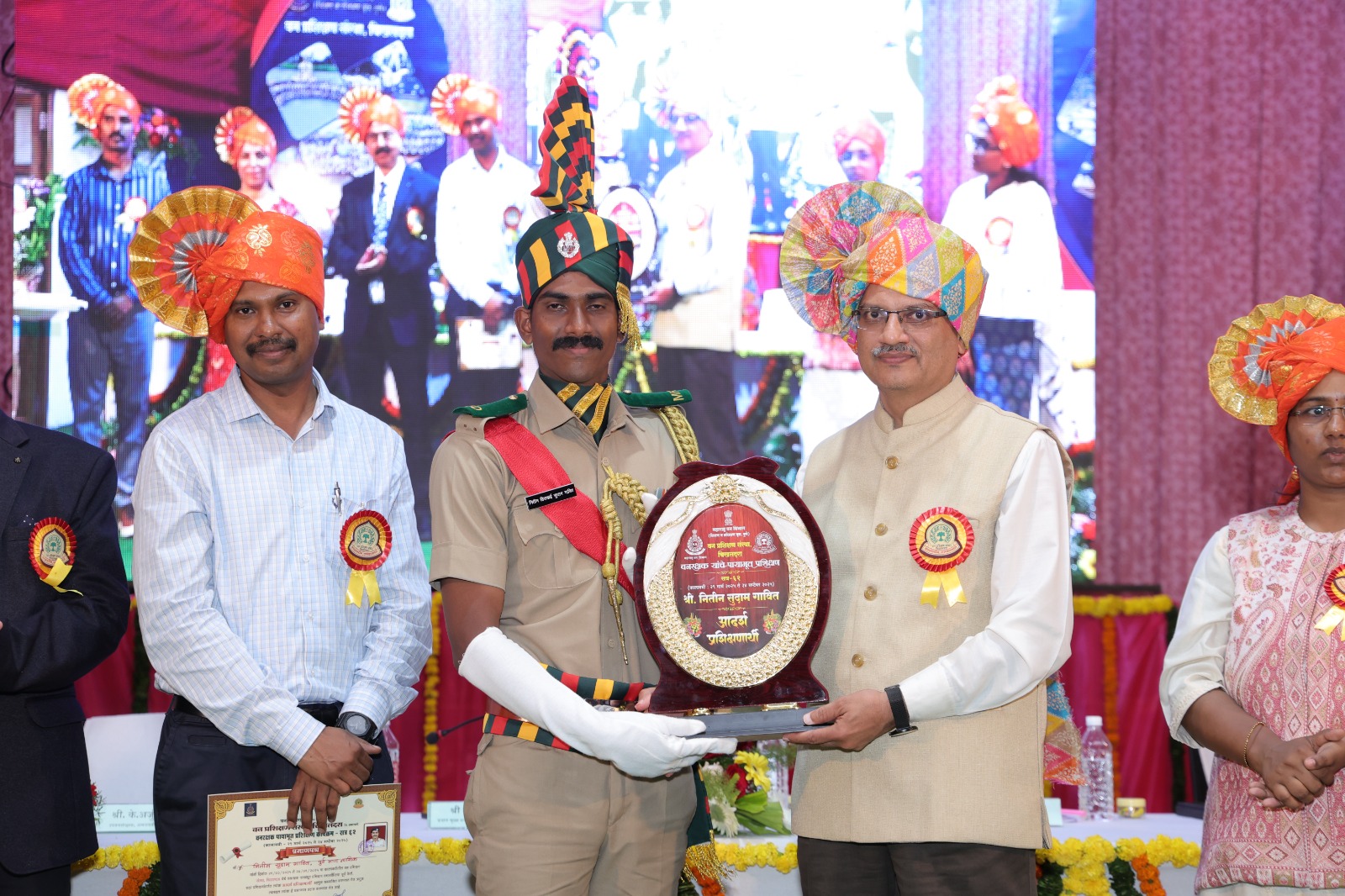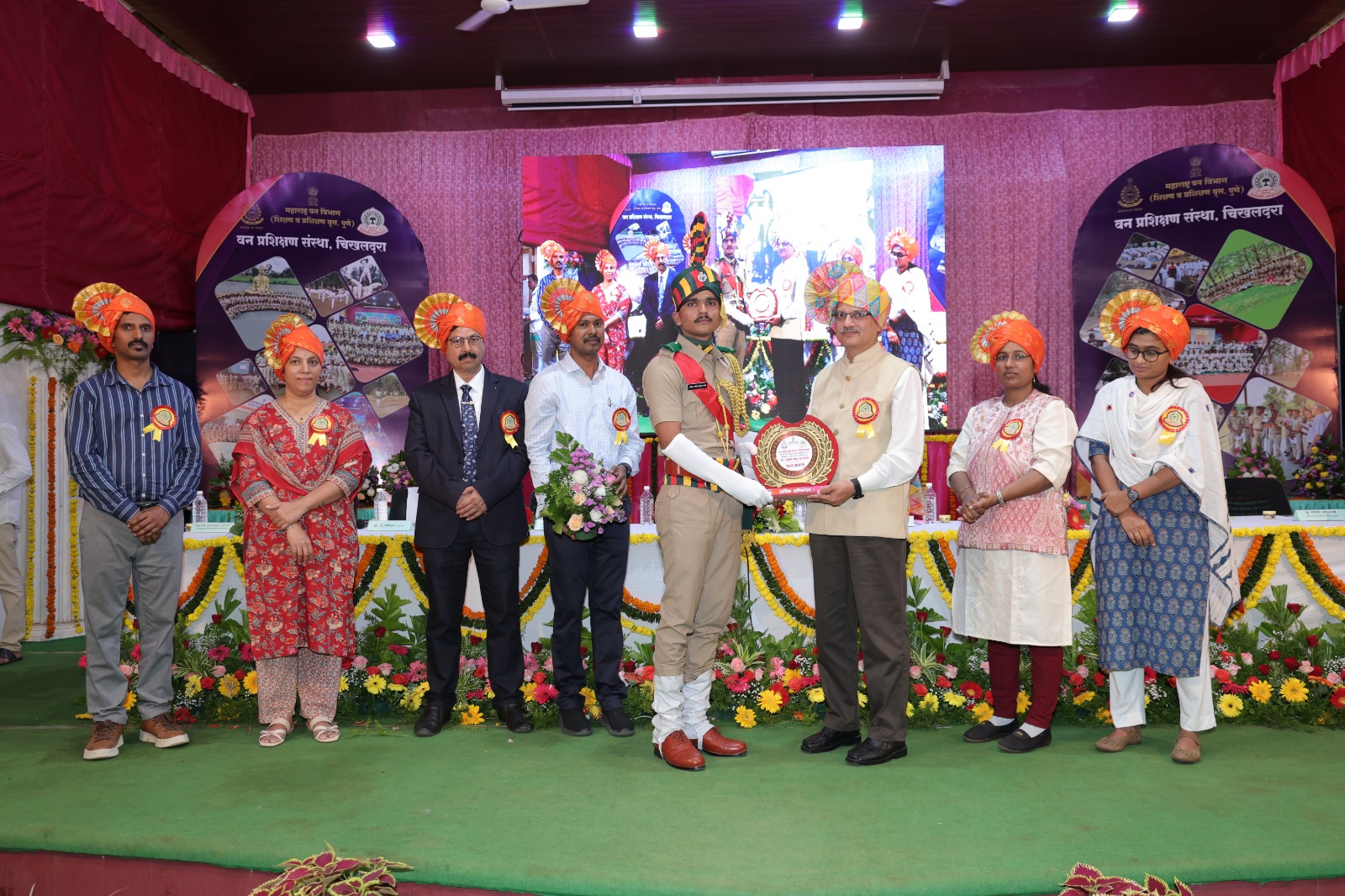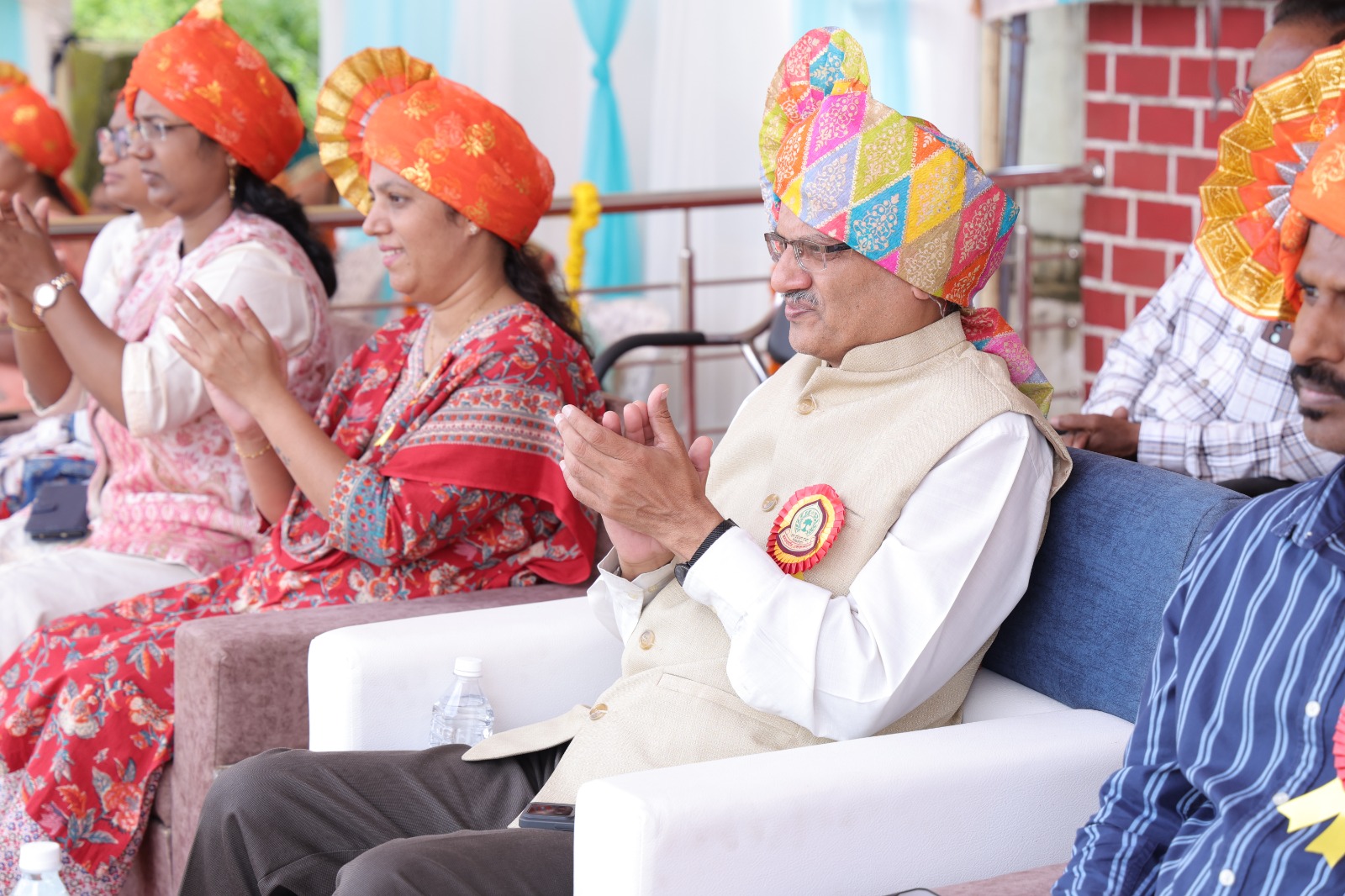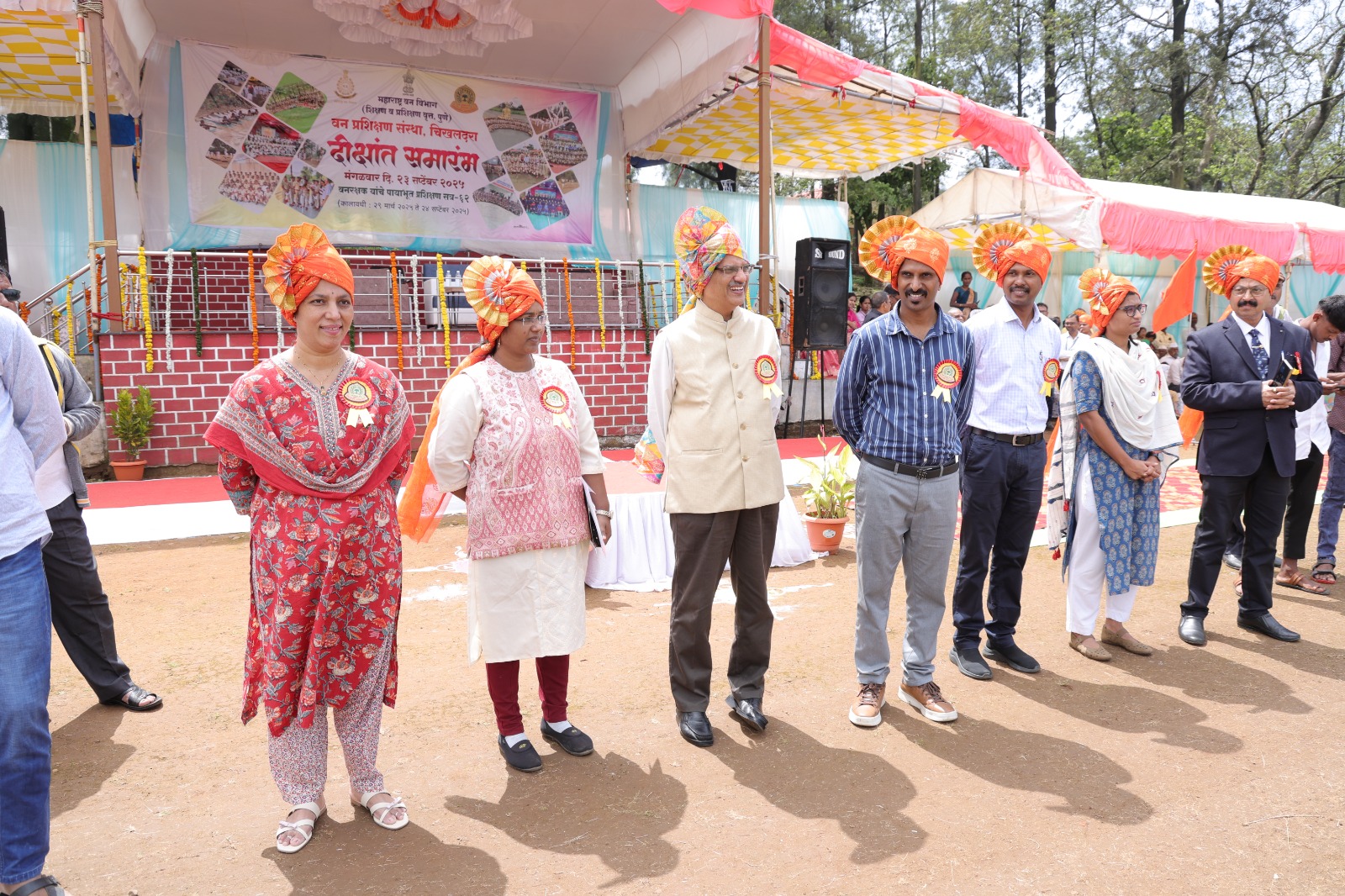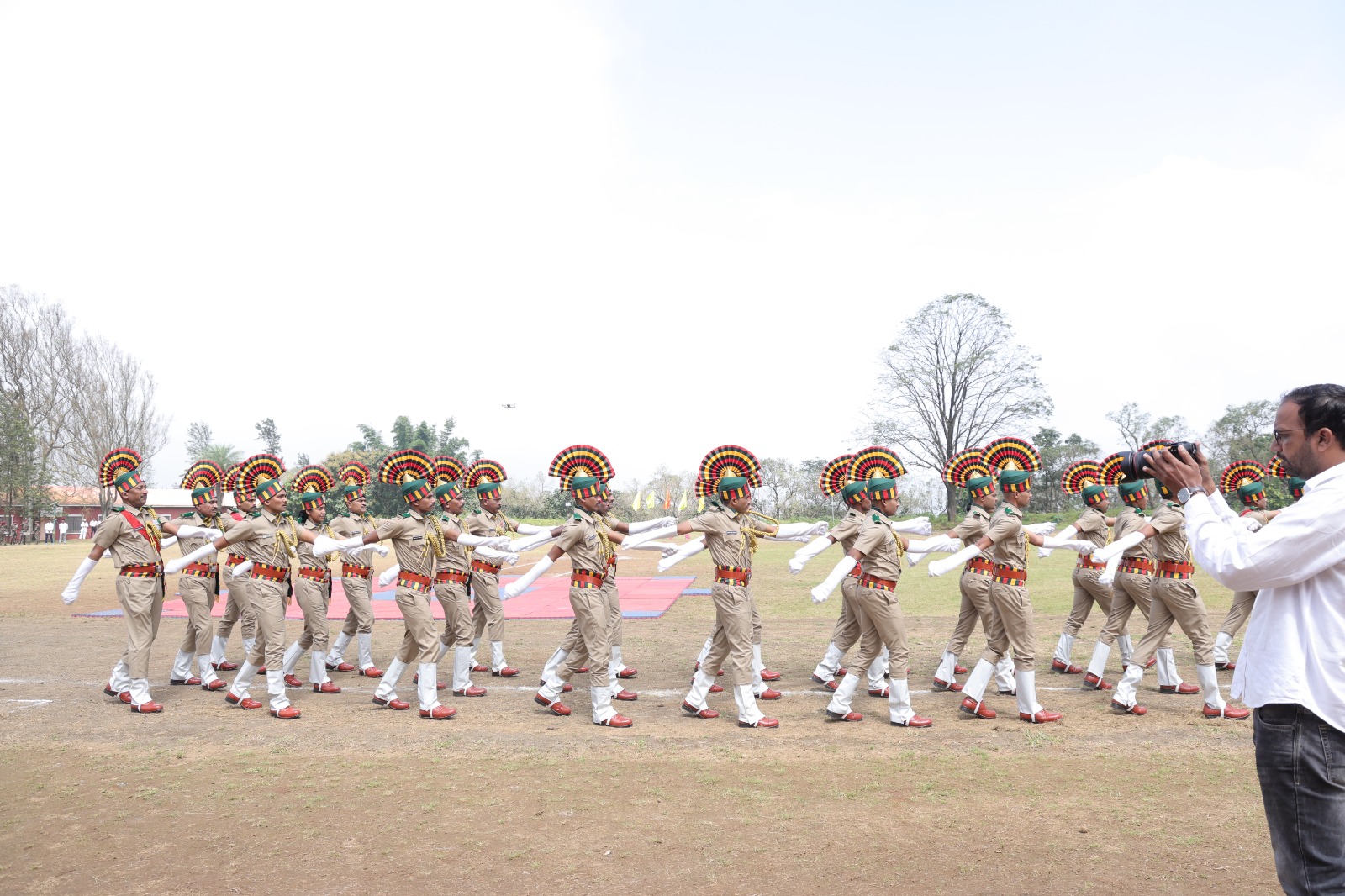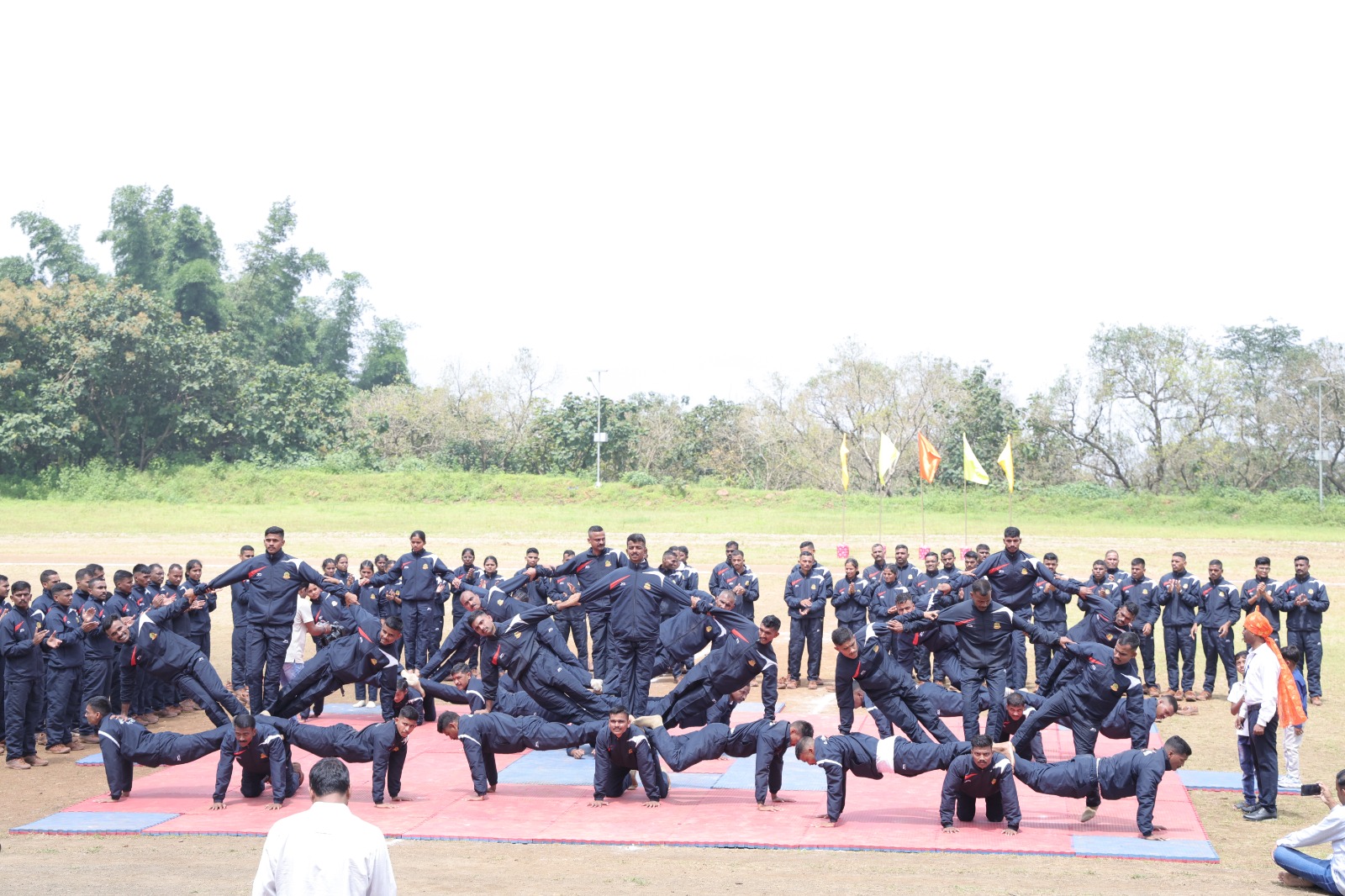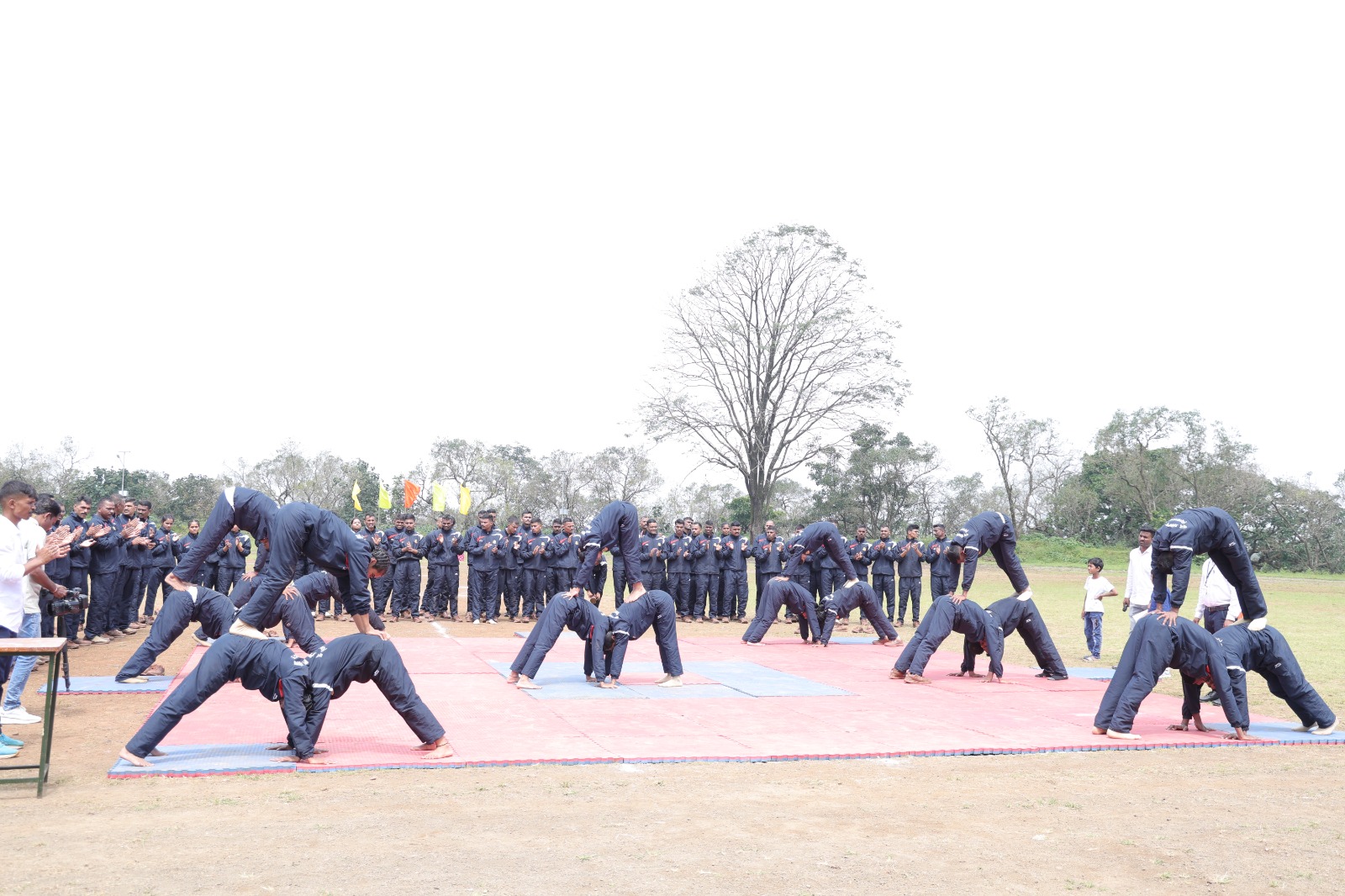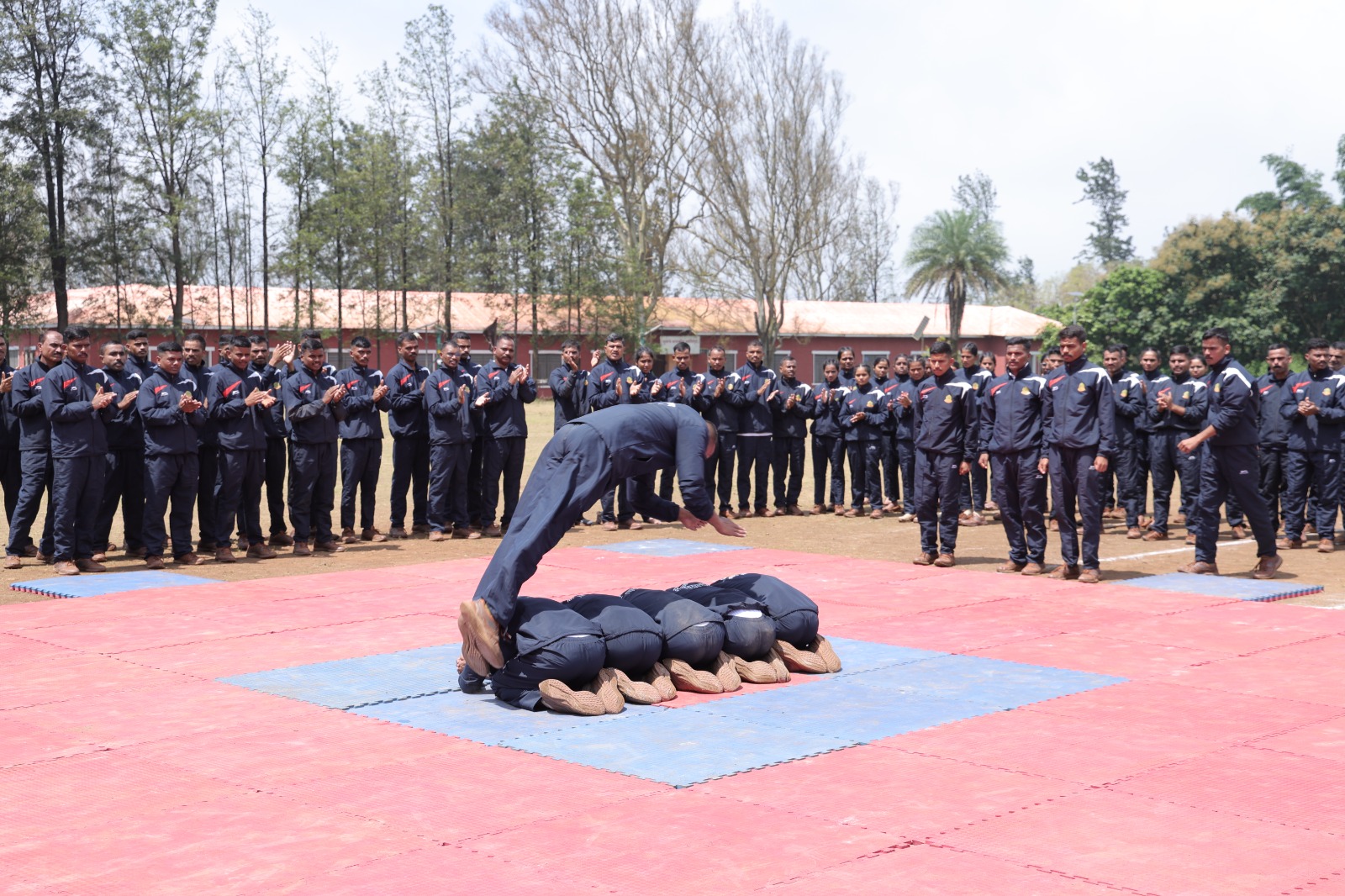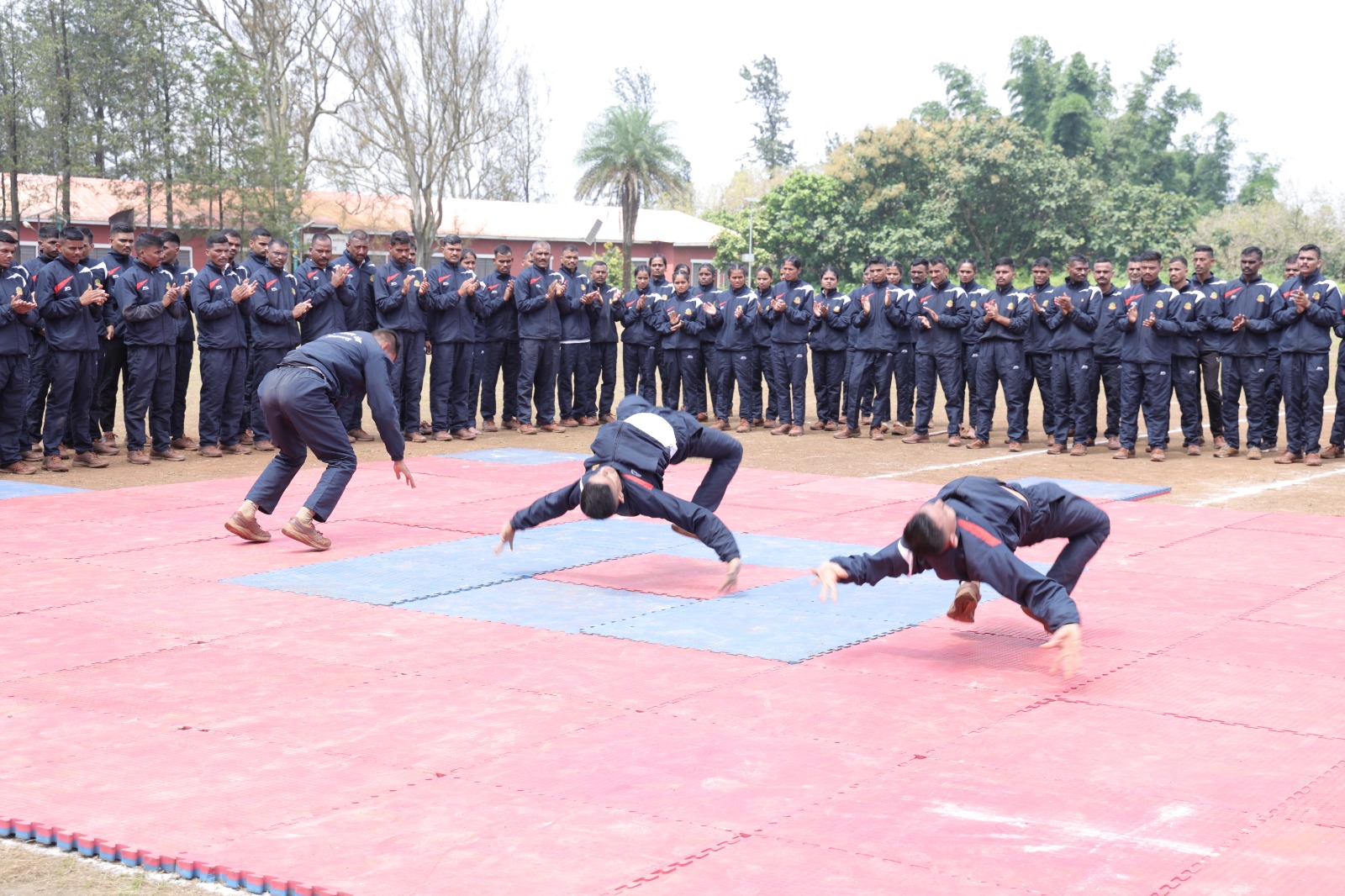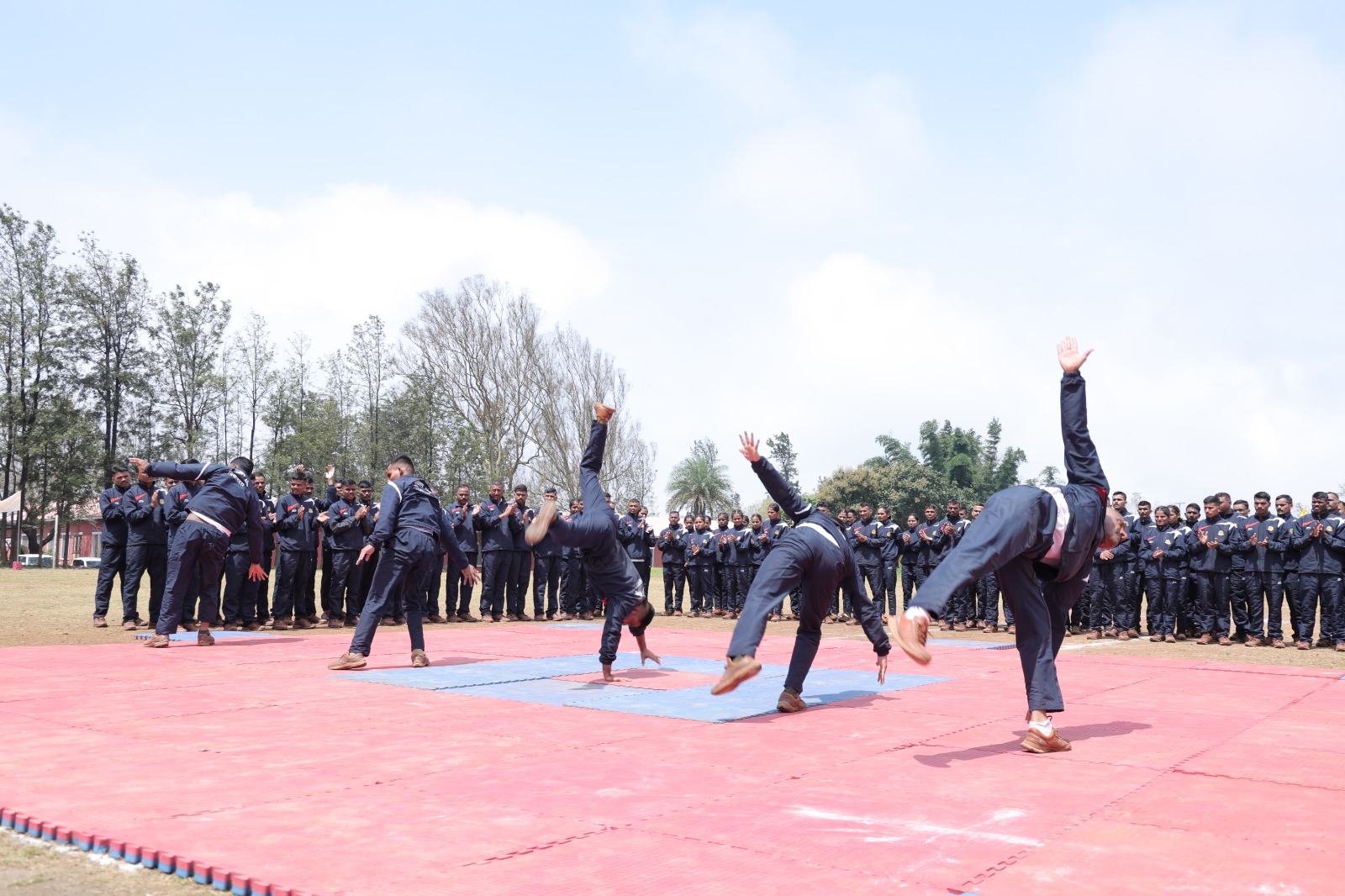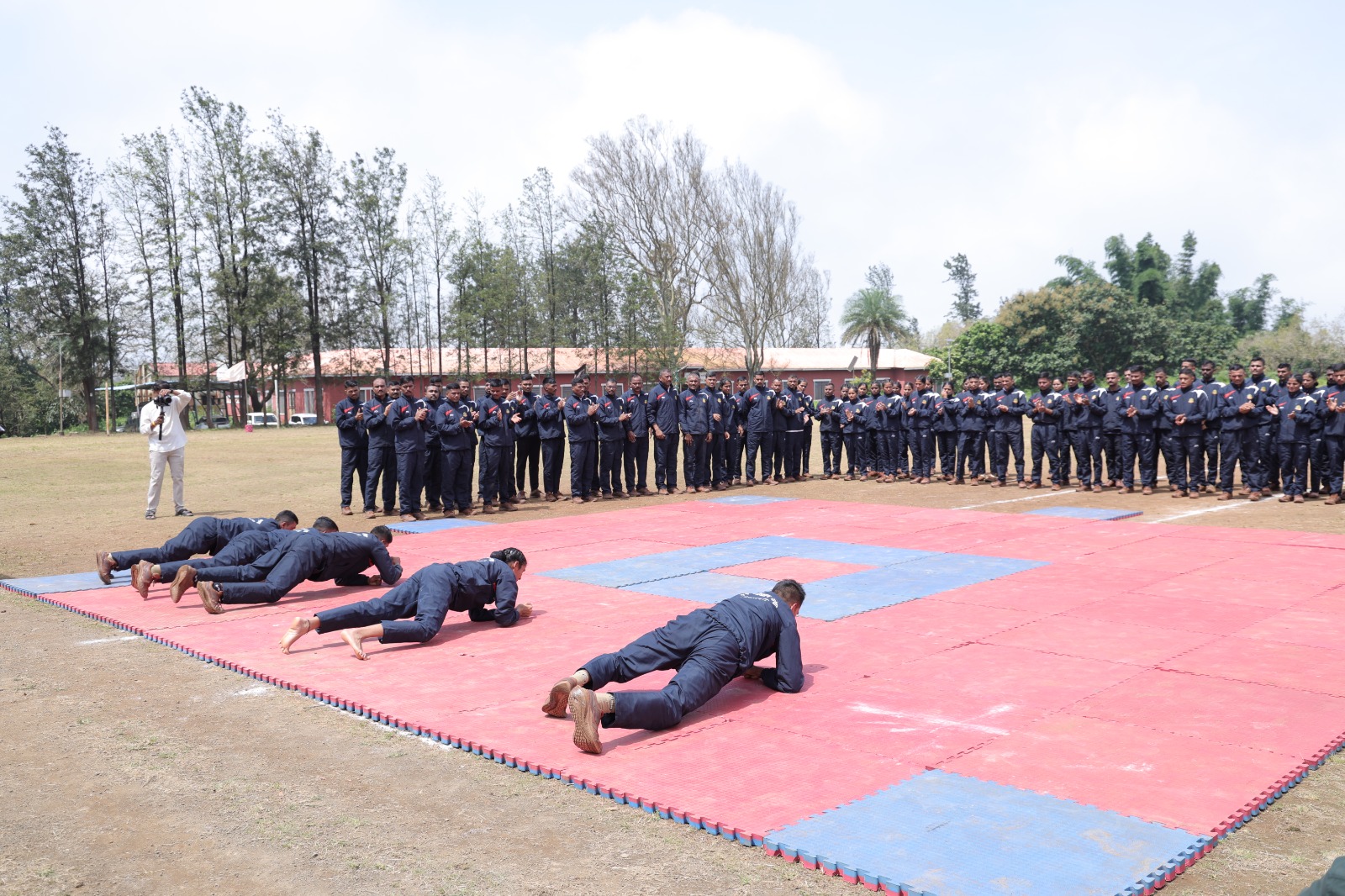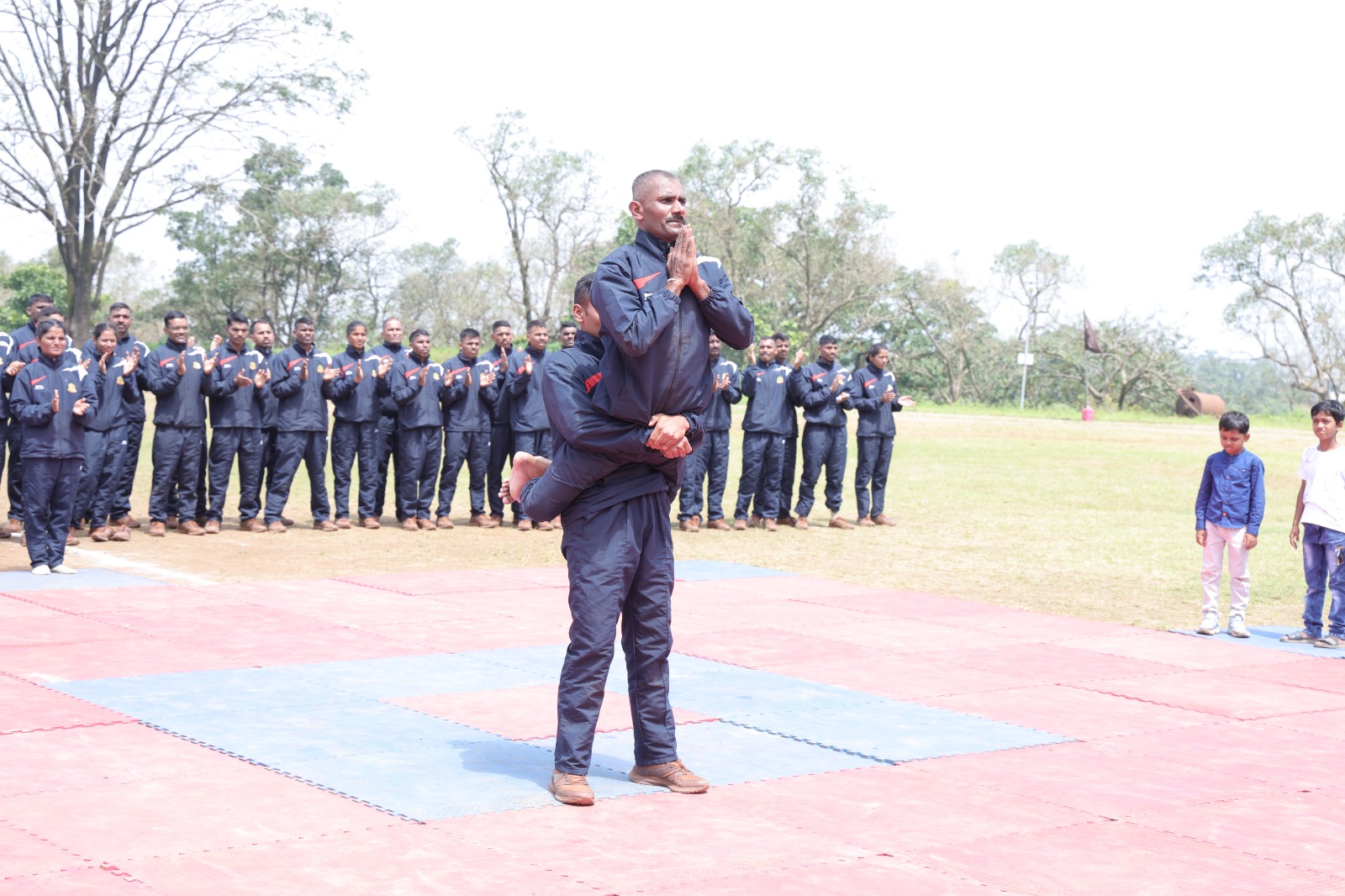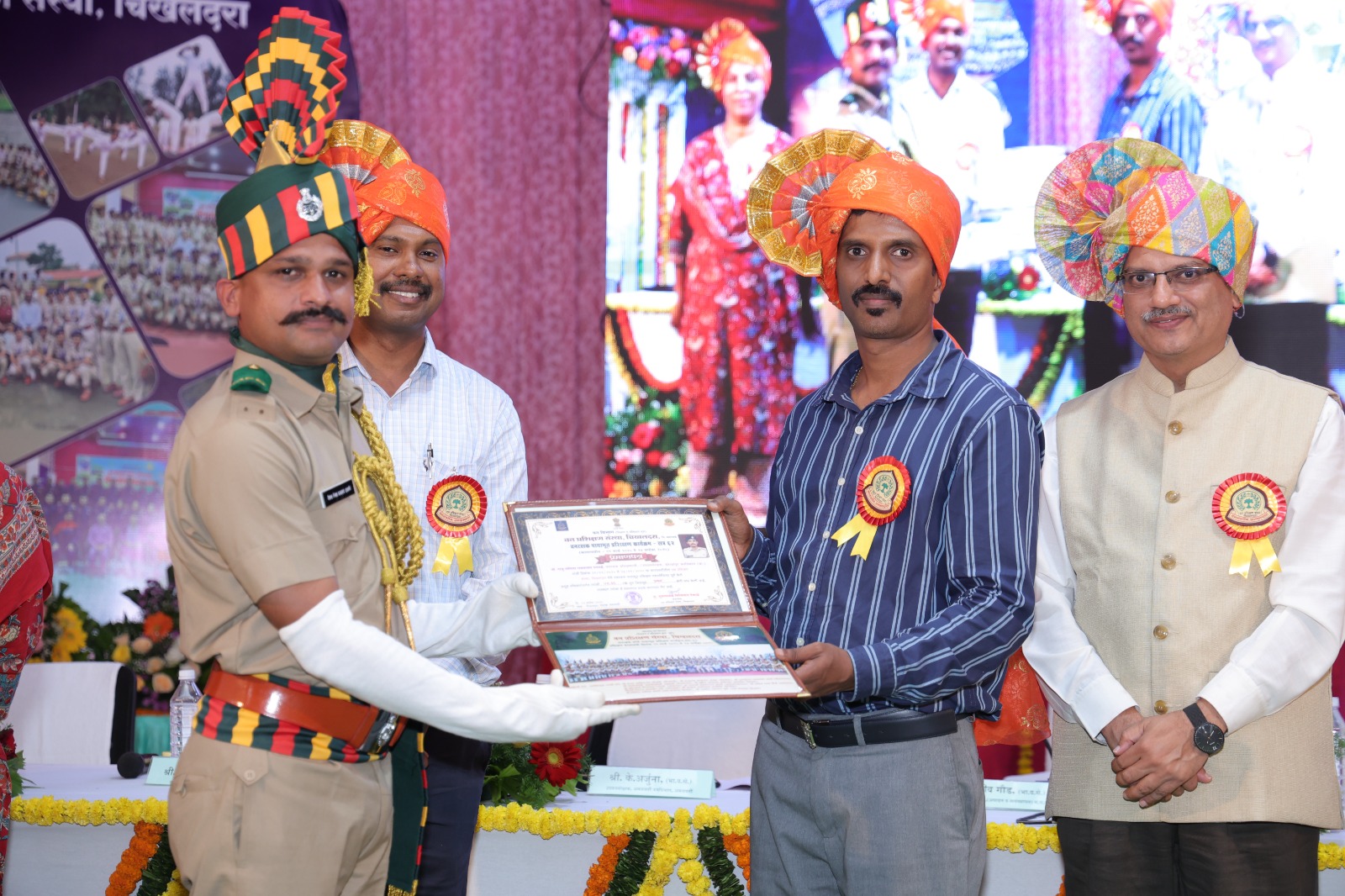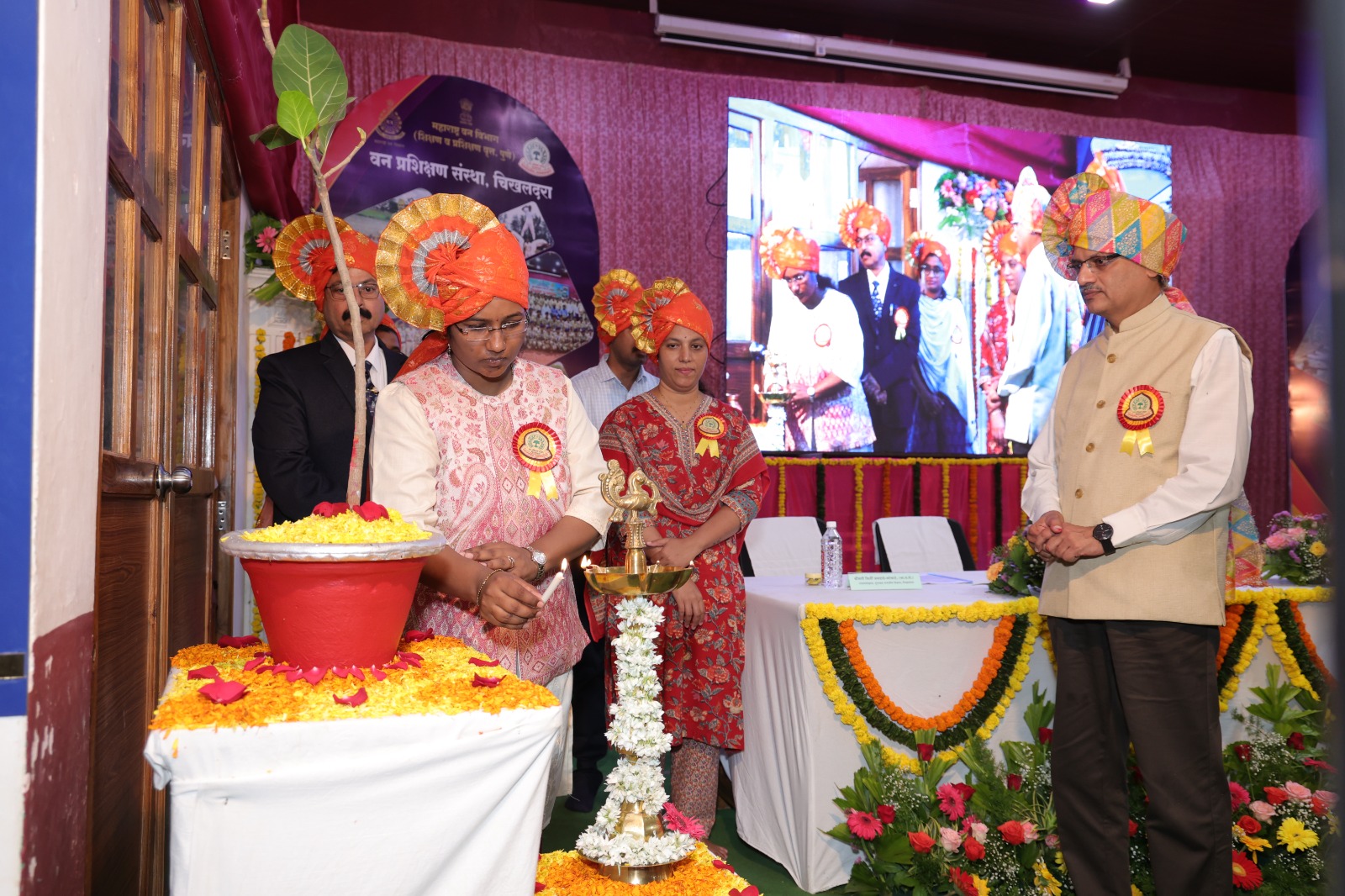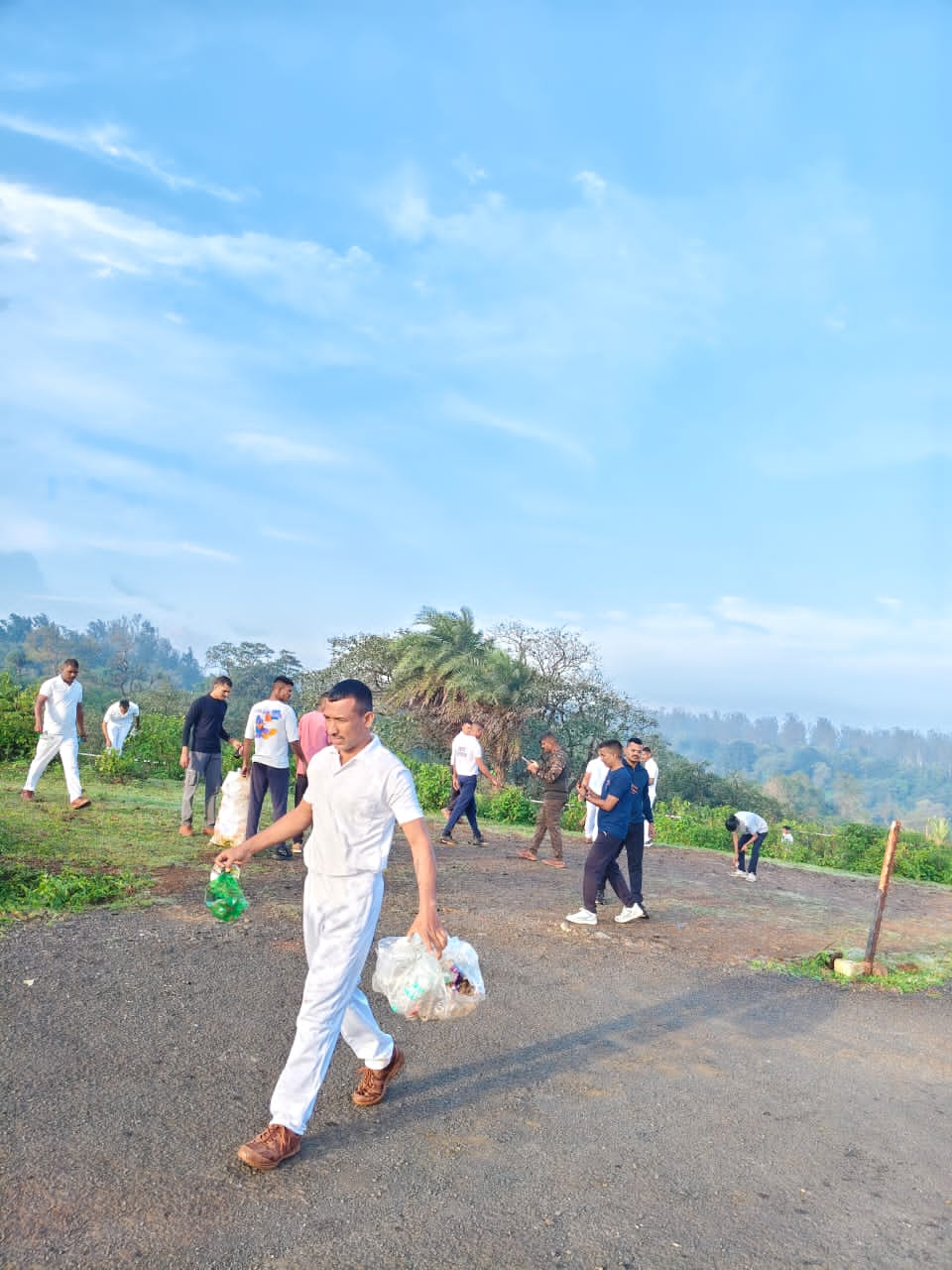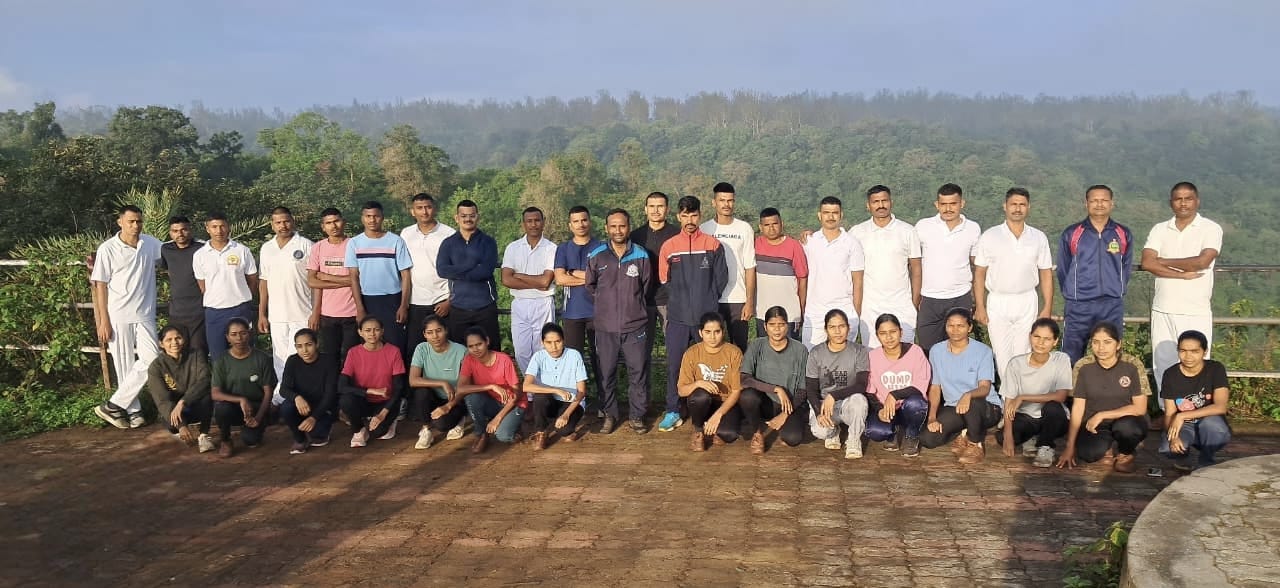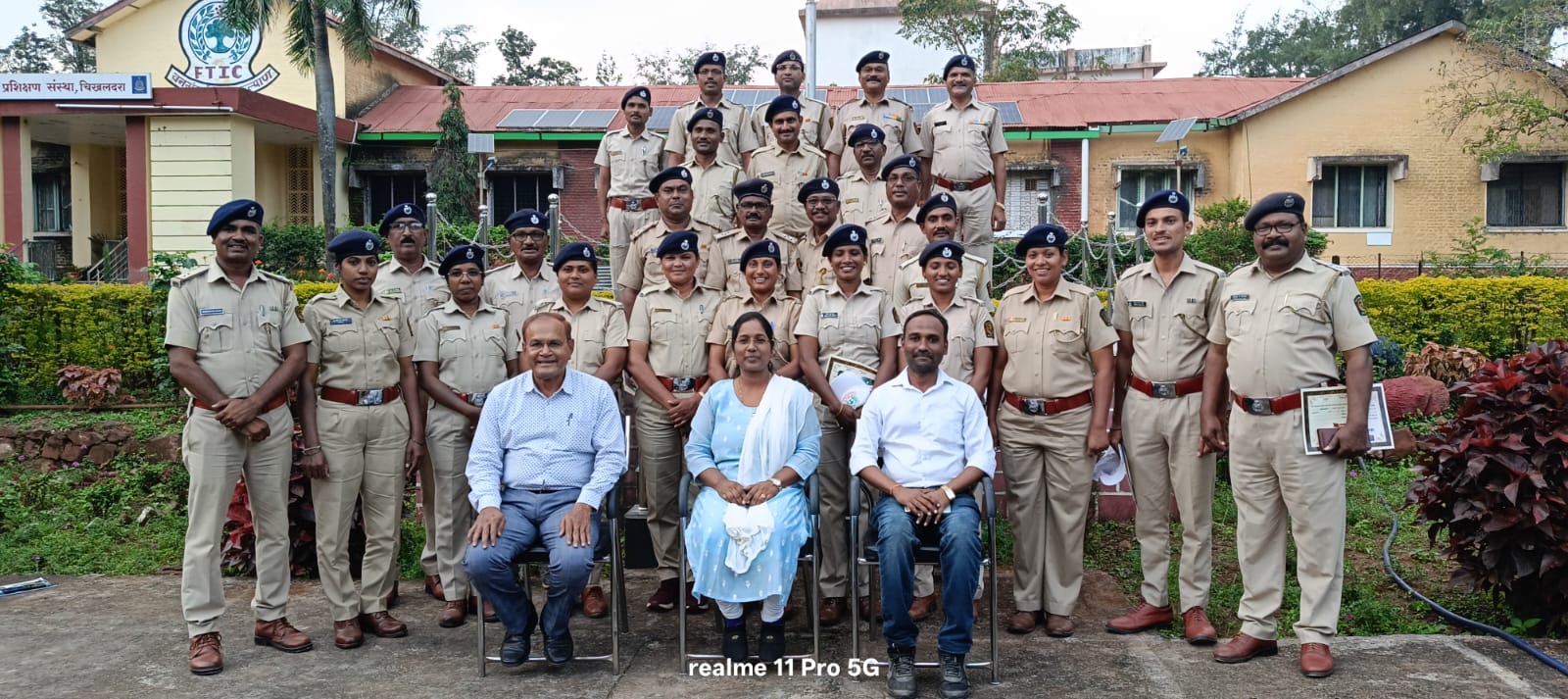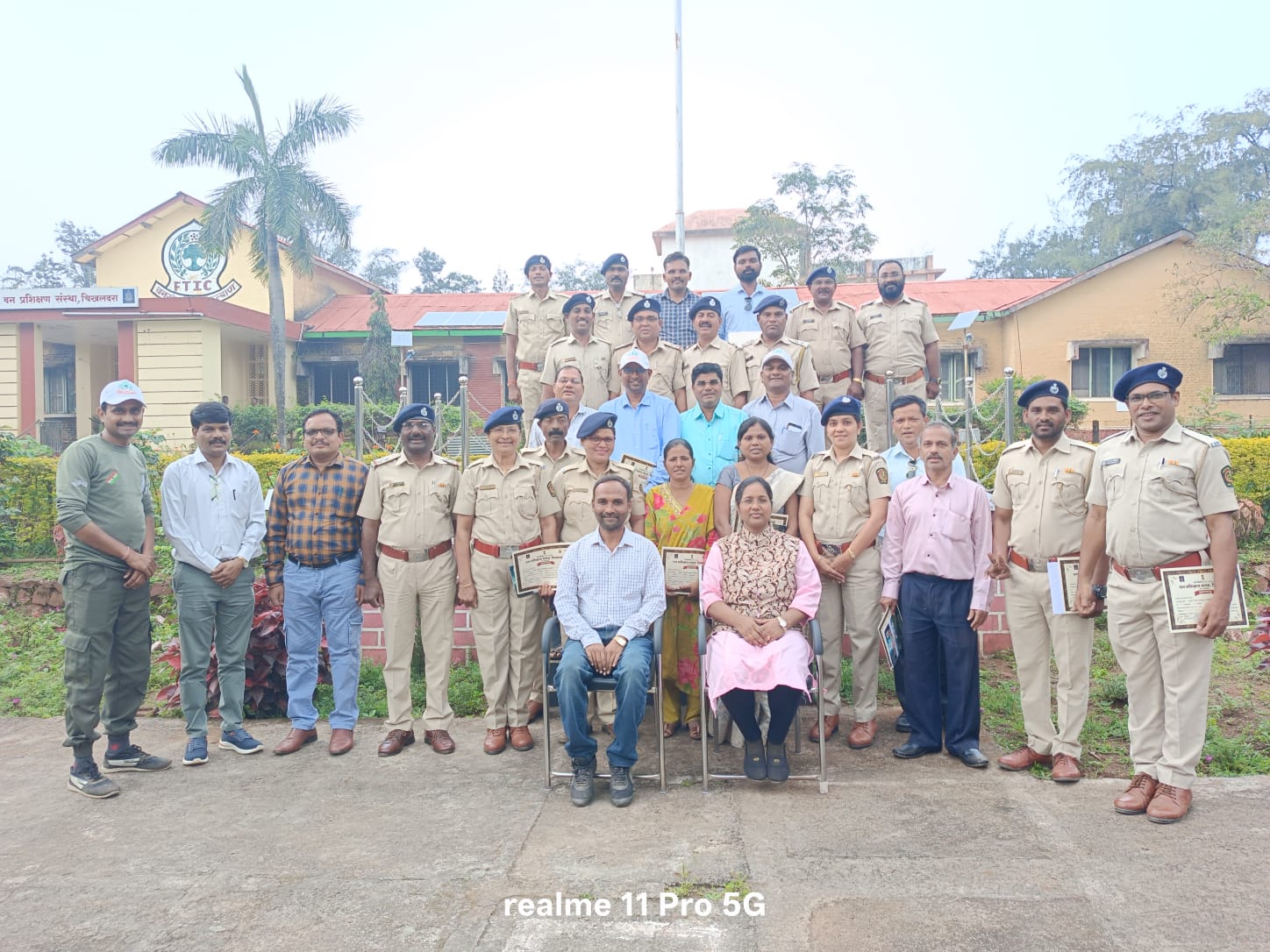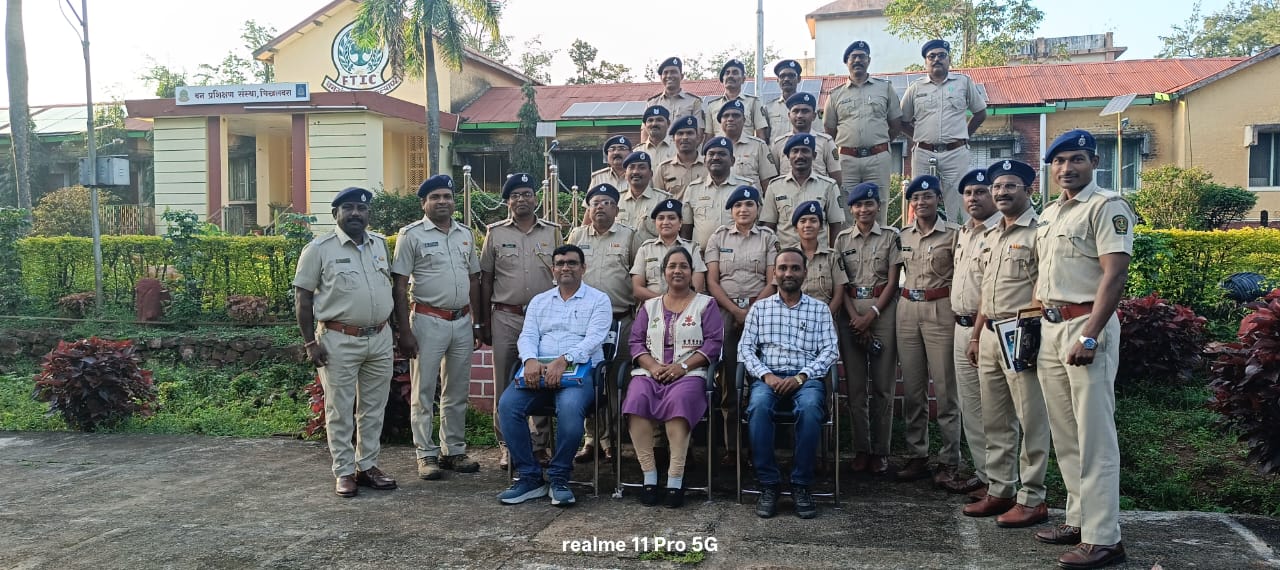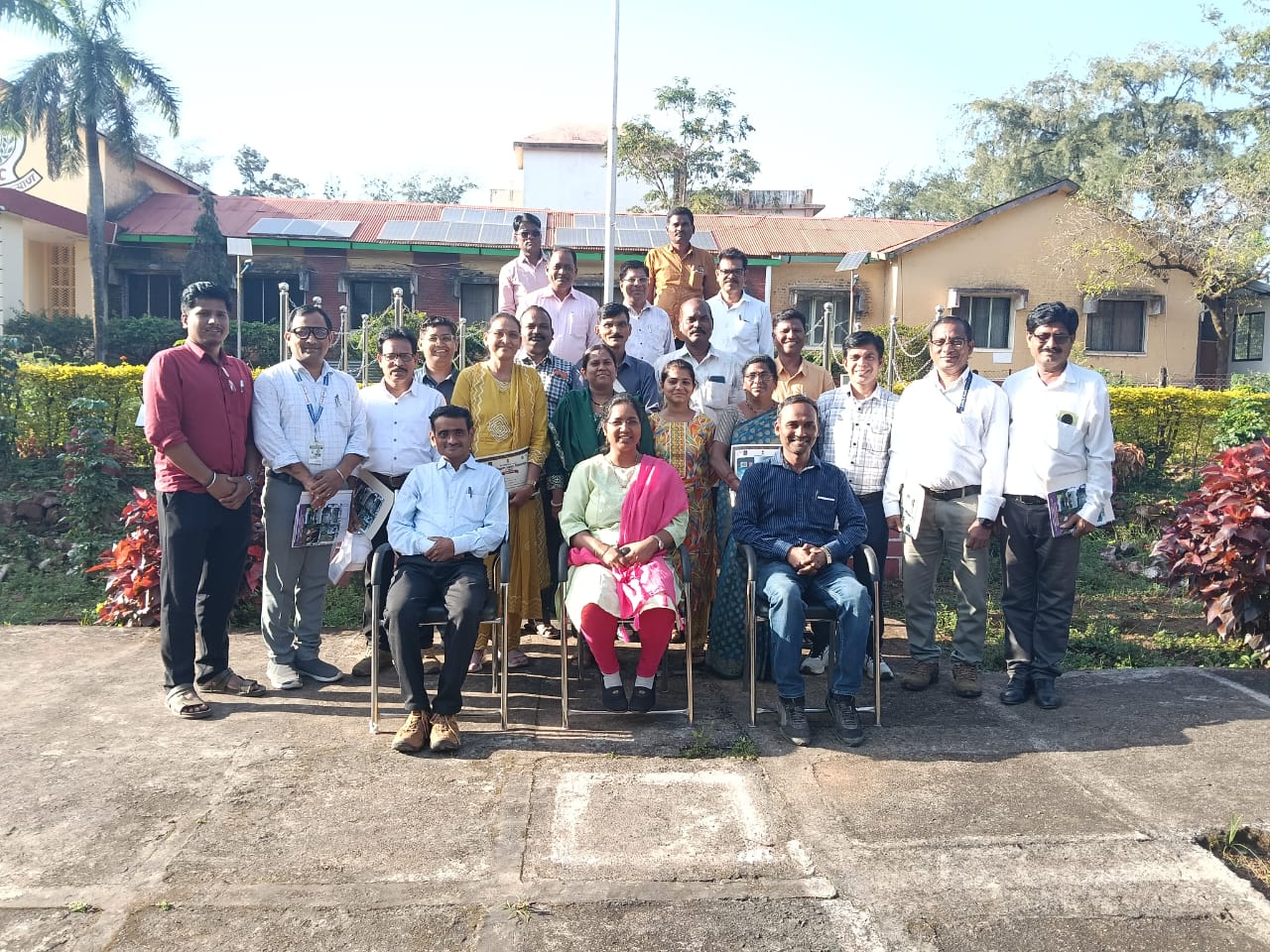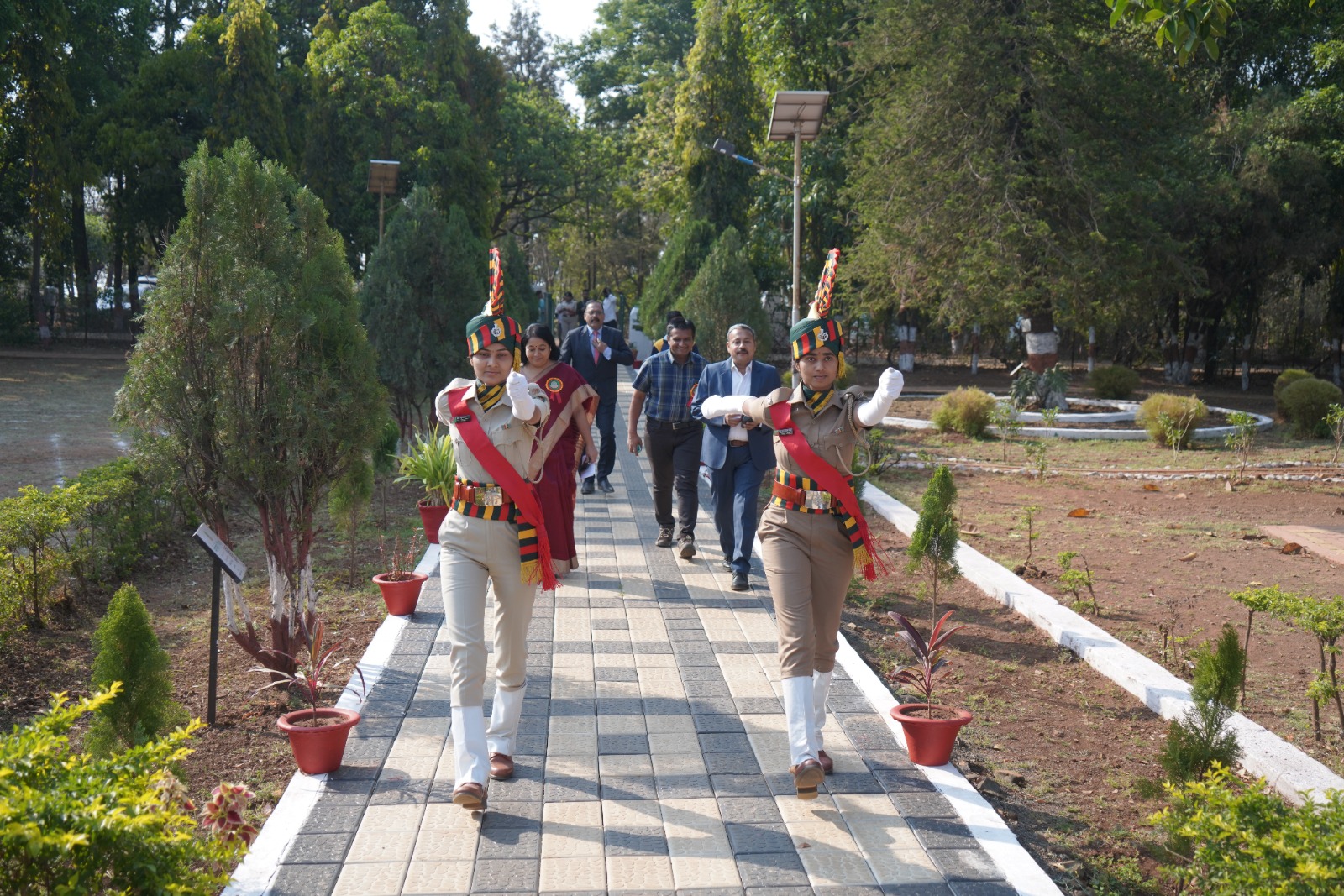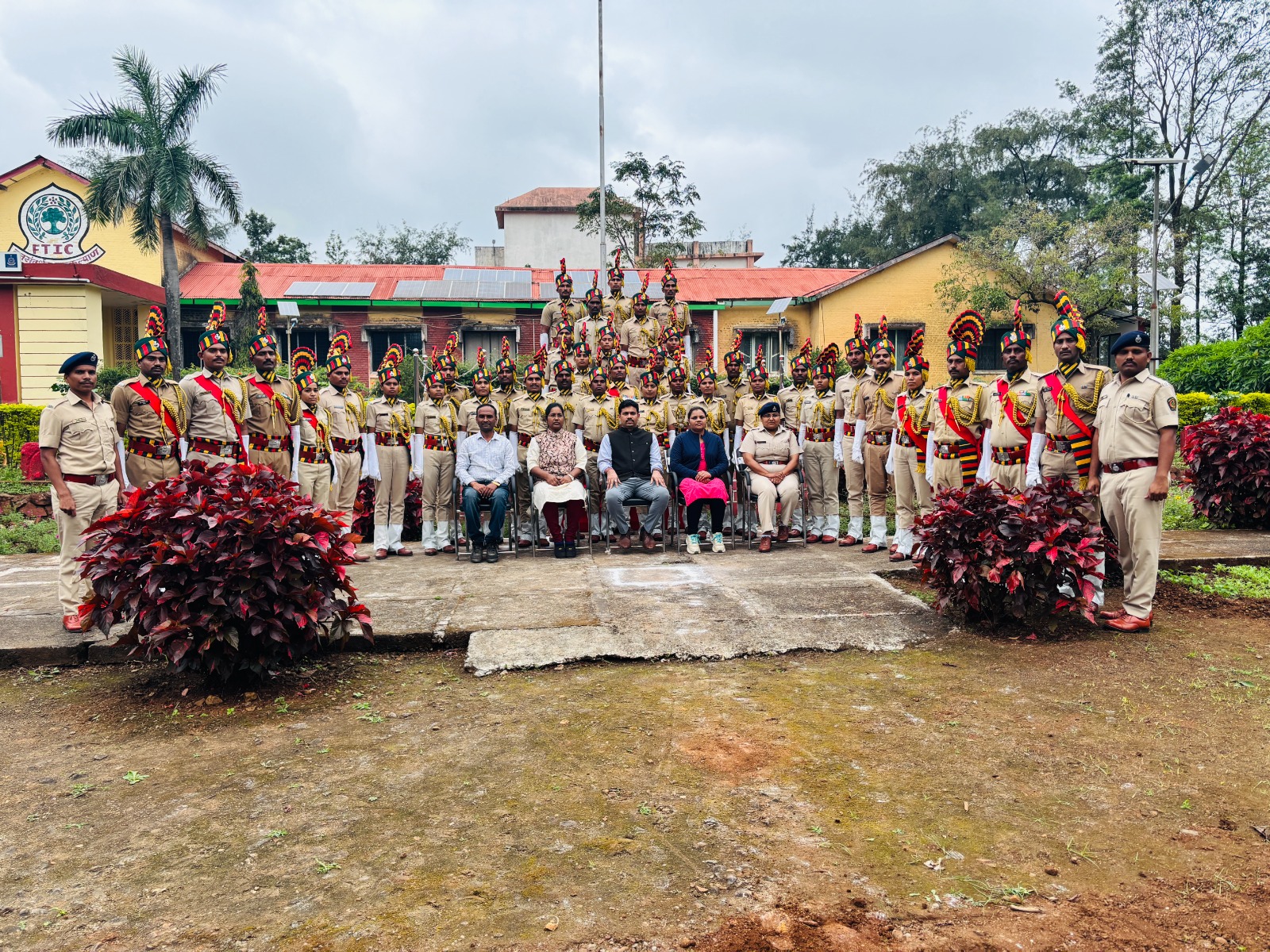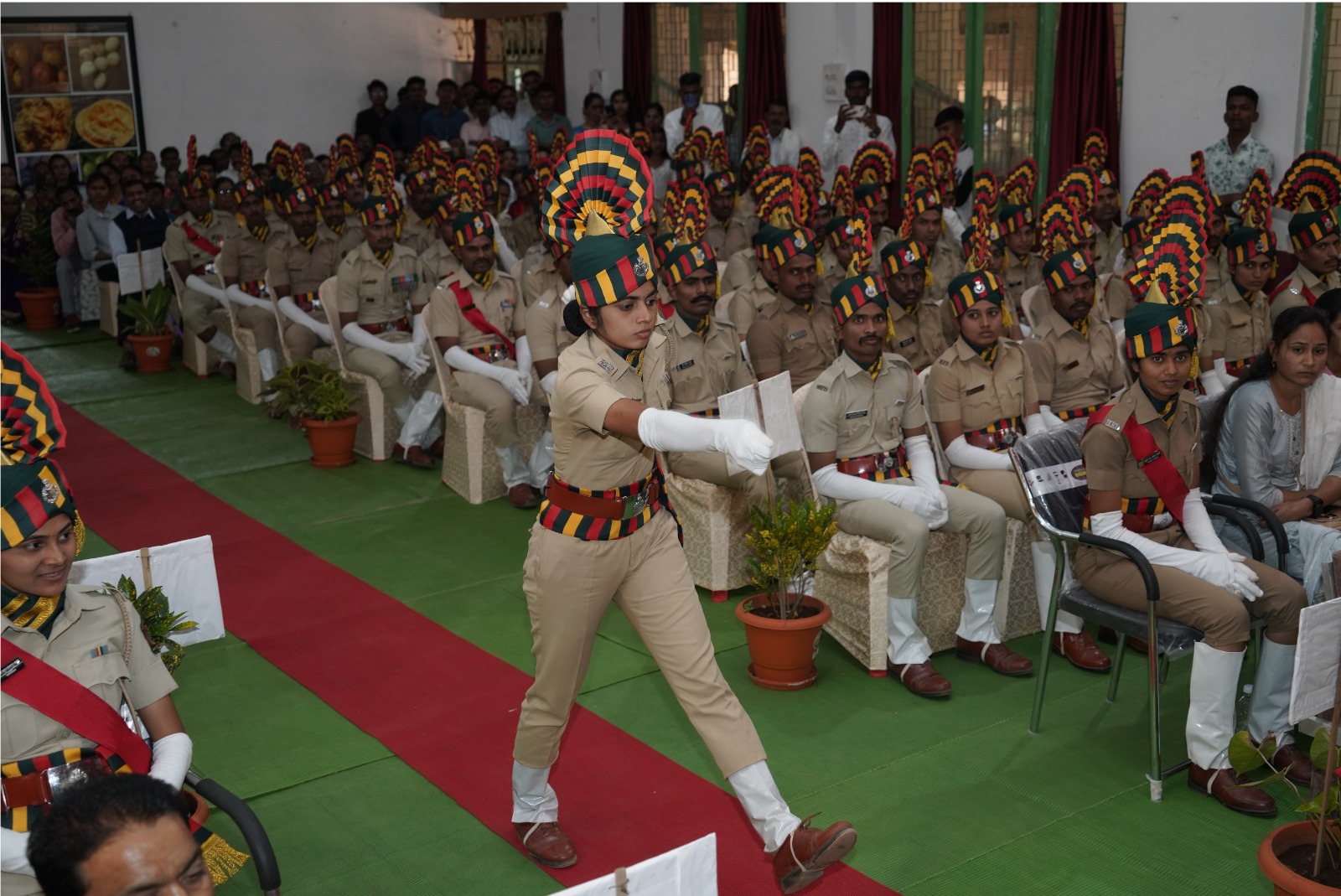News & Announcements
About
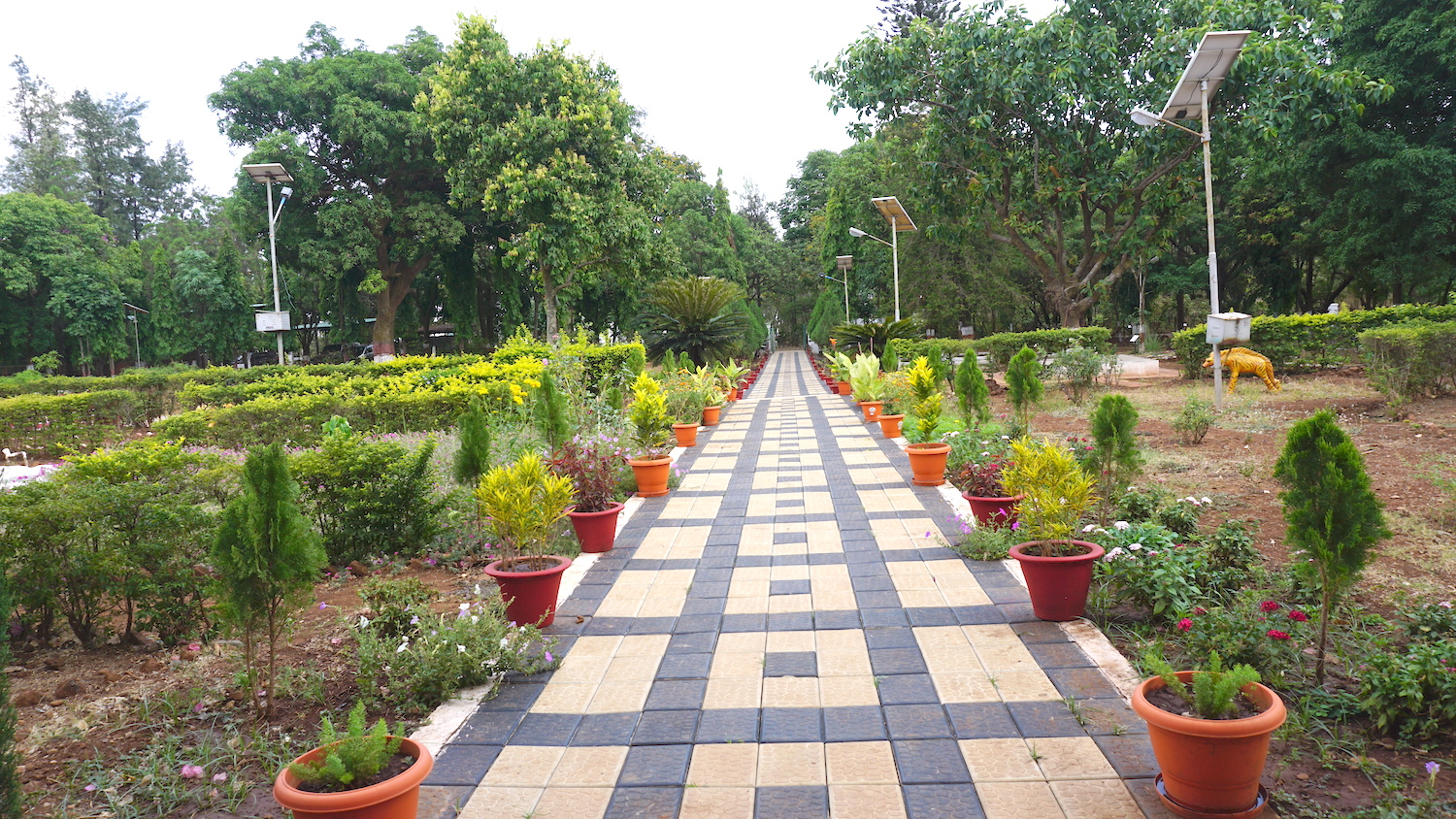
Forest Training Institute, Chikhaldara was established in 1972 and is one of the two training institutes in Vidarbha. In 1967-68, 16.57 ha. area was allotted to this institute through the District Collector Amravati. The main objective of this institute was to train officers of the rank of Forest Range Officer. It was named as Forest Guard Training Association between 1972 and 1976, Forest Guard Training Institute from 1976 to 1980 and Maharashtra Forest Rangers' College, Chikhaldara from 1981. In 2016 once again it rename as Forest Training institute, Chikhaldara which giving training to Forest Guards, Forester, and ministral Staff.
Read More
Knowledge Enhancement
To impart comprehensive theoretical and practical knowledge of forestry principles, laws, biodiversity, wildlife, and environmental conservation.
Capacity Building
To be recognized as the premier forestry education and training institute in India, pioneering innovative approaches to forest conservation, community engagement, and sustainable resource management.
Skill Development
To equip trainees with essential field skills such as patrolling, navigation, communication, first aid, handling of equipment, and basic forestry operations like nursery management and plantation.
Specific Focus
To tailor training programs to the specific ecological and socio-economic context of the Chikhaldara region and the state.
Awareness of Emerging Challenges
To sensitize trainees to contemporary challenges such as climate change, invasivespecies, and increasing anthropogenic pressures on forests.
Scientific Approach
To promote understanding and application of scientific principles forsustainable harvesting, silviculture, and forest regeneration practices.
Integrity and Accountability
To install a strong sense of ethics, integrity, and accountability in the discharge of their duties.
Lifelong Learning
To encourage a mindset of continuous learning and adaptation to new knowledge and best practices in forestry.
Our Facilities
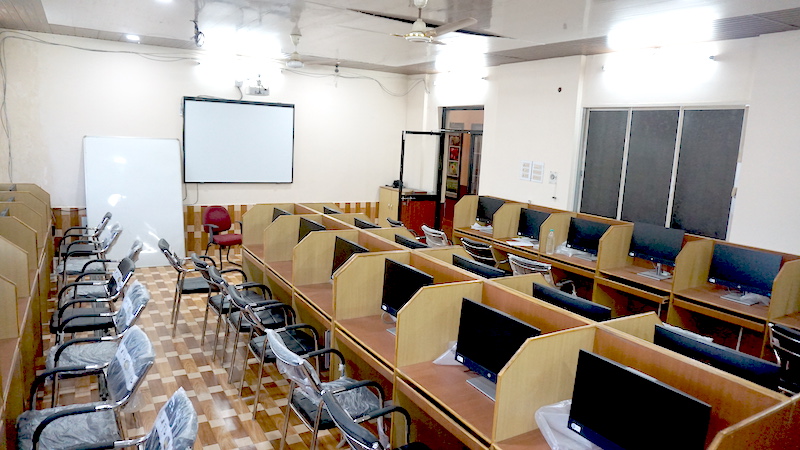
Computer Lab
State-of-the-art computer facilities with specialized forestry software and high-speed internet connectivity.Geographic Information Systems (GIS) and Global Positioning Systems (GPS) are indispensable tools in modern forestry and wildlife management for mapping, surveying, monitoring, and analysis.
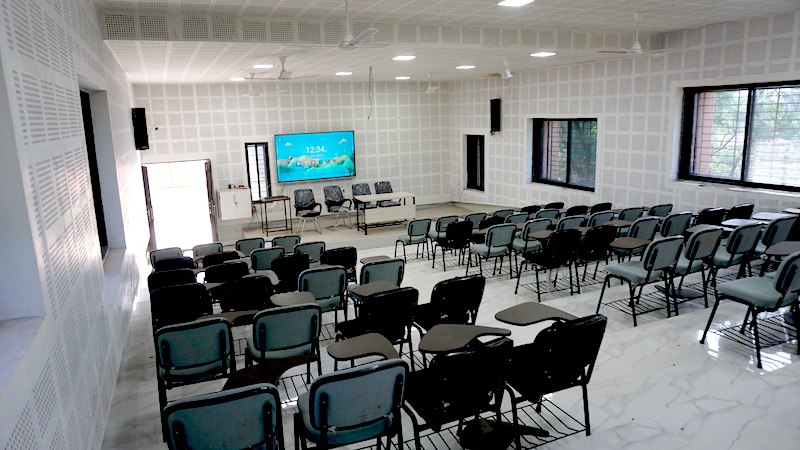
Smart Learning Classrooms
Smart classrooms, equipped with digital boards, projectors, and internet connectivity, can enhance the learning experience by making it more interactive and engaging. They facilitate the use of multimedia content and online resources, which can be particularly valuable for subjects like forestry and wildlife.
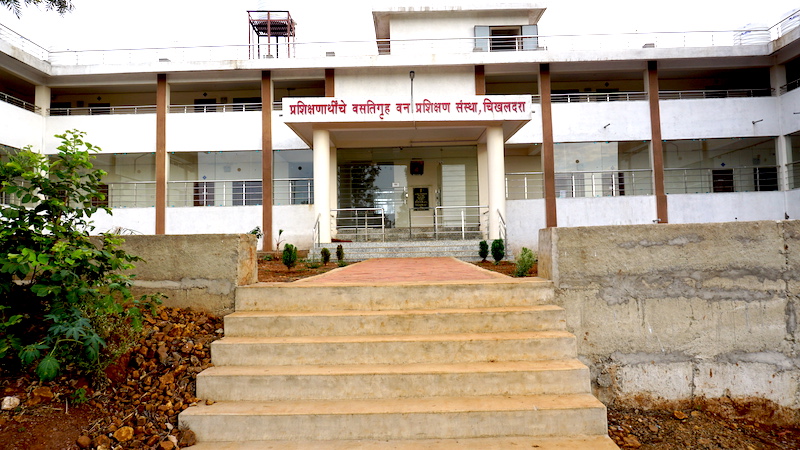
Hostel
Separate hostels are available for male and female trainees. Each hostel room is typically furnished with beds, mattresses, wardrobes, study tables, and chairs. Shared amenities like bathrooms, toilets, and common rooms are provided within each hostel. The hostels are equipped with basic amenities like electricity, water supply, and internet connectivity.
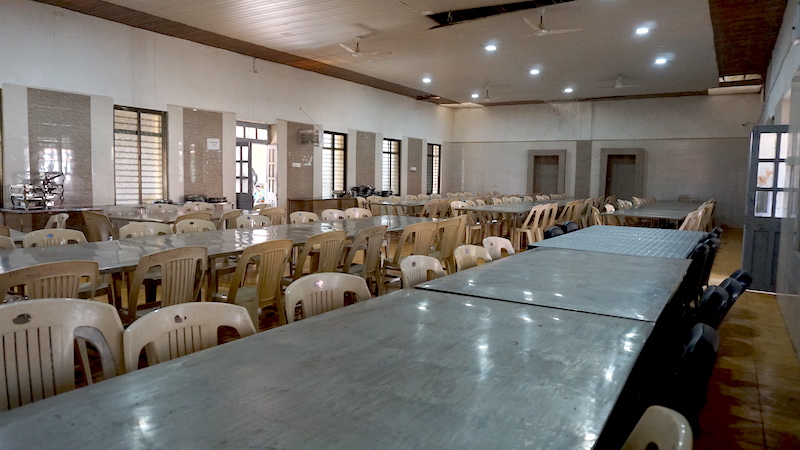
Mess
The institute has a spacious mess hall that provides nutritious meals to all trainees. Vegetarian and non-vegetarian meals are available to cater to different dietary preferences. Special meals can be arranged forindividuals with specific dietary restrictions upon prior notice.
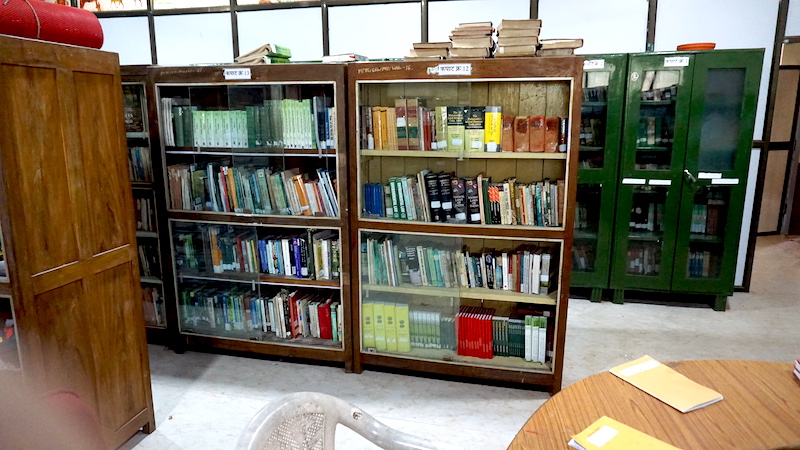
Library
The Forest Training Institute houses a well-equipped Library that serves as a vital resource center for trainees, faculty, and researchers. It supports academic and practical learning in forestry and environmental sciences.

Indoor Games
At the Forest Training Institute, we recognize the importance of recreation and fitness in overall trainee development. Our Indoor Games Facility provides a space to unwind, socialize, and stay active after training sessions

Fitness Center
The Forest Training Institute features a fully equipped Fitness Center to support the physical well-being and endurance of trainees. Regular fitness routines are essential for the demanding fieldwork associated with forestry and wildlife management.
A Day in the Life of a Trainer
Our experienced trainers provide hands-on instruction and mentorship. See what a typical day looks like, from field exercises to classroom sessions.
Here's a typical schedule:
| Time | Activity |
|---|---|
| 6:00 AM - 7:00 AM | Jogging & PT / Yoga |
| 08:30 AM - 09:00 AM | Breakfast |
| 9:00 AM - 10:30 AM | Session I |
| 10:30 AM - 10:45 AM | Tea Break |
| 10:45 AM - 12:15 PM | Session II |
| 12:15 PM - 13:45 PM | Session III |
| 13:45 PM - 15:00 PM | Lunch |
| 15:00 PM - 16:30 PM | Session IV |
| 17:00 PM - 18:00 PM | Indoor / Outdoor Activity |
| 20:00 PM - 20:05 PM | Roll Call |
| 20:06 PM - 21:00 PM | Dinner |
Dress Code
The institute maintains a professional dress code to foster a conducive learning environment. Adherence to these guidelines is mandatory.
Forest Guard [class room]
- Khaki uniform [Raymond 191 shade]
- Monogram [ Marathi ]
- Badges [ Marathi ]
- Cap F/P
- Lineyard [black/brown]
- Shoes leather [black/brown]
- Socks [khaki]
- Belt leather [brown]
Forester [class room]
- Khaki uniform [Raymond 191 shade]
- Monogram [ Marathi ]
- Badges [ Marathi ]
- Cap Barret
- Lineyard [brown]
- Shoes leather [brown]
- Socks [khaki]
- Belt leather [brown]
PT & Sport
- T-shirt [white]
- Lower [white]
- Shoes sport [brown]
- Trek suit
- Socks [white]
Ceremonial dress
- Khaki uniform [full articles]
- Anklet
- Hackle
- Marker [red]
- Gloves full [white]
- Neck band
Key Points to Remember
Cleanliness
Dress should be clean, proper, and smart at all times.
Appearance
Buckles/buttons intact, shirts tucked in properly.
Footwear
Shoes/belts polished daily and kept in good repair.
Field Visits
Carry haversack, water bottle, billhooks, notebook, pen. Billhooks NOT in haversack.
Our Expert Instructors
Training Calendar 2025
Follow our year-round training journey
नवनियुक्त वनरक्षक पायाभूत प्रशिक्षण सत्र क्रमांक 60
-
नवनियुक्त वनरक्षक पायाभूत प्रशिक्षण सत्र क्रमांक 61
-
नवनियुक्त वनरक्षक पायाभूत प्रशिक्षण सत्र क्रमांक 62
-
कॅम्पा अंतर्गत वनरक्षकांचे 12 दिवसीय उजळणी प्रशिक्षण सत्र क्रमांक . 01
-
कॅम्पा अंतर्गत वनरक्षकांचे 12 दिवसीय उजळणी प्रशिक्षण सत्र क्रमांक . 02
-
कॅम्पा अंतर्गत वनरक्षकांचे 12 दिवसीय उजळणी प्रशिक्षण सत्र क्रमांक . 03
-
कॅम्पा अंतर्गत वनरक्षकांचे 12 दिवसीय उजळणी प्रशिक्षण सत्र क्रमांक . 04
-
कॅम्पा अंतर्गत वनरक्षकांचे 12 दिवसीय उजळणी प्रशिक्षण सत्र क्रमांक . 05
-
लिपिक यांचे 45 दिवसीय प्रशिक्षण सत्र क्रमांक. 01
-
लिपिक यांचे 45 दिवसीय प्रशिक्षण सत्र क्रमांक. 02
-
वनपाल यांचे 01 महिन्याचे पायाभूत प्रशिक्षण सत्र क्रमांक. 01
-
वनपाल यांचे 01 महिन्याचे पायाभूत प्रशिक्षण सत्र क्रमांक. 02
-
Training Videos
Access our comprehensive collection of legal and procedural training videos
Indian Forest Act Part I
Shri. Satyajit Gujar, CF
Comprehensive overview of the Indian Forest Act fundamentals.
IFA Part II and Maharashtra Forest Rule 2014
Shri. Satyajit Gujar, CF
Advanced concepts of IFA and Maharashtra specific forest rules.
Forest Conservation Act
Shri. Umesh Verma, DyCF
Important provisions for forest conservation and management.
Forest Right Act and Forest Right Act Rules
Shri. Umesh Verma, DyCF
Understanding indigenous and community rights in forest areas.
Wildlife Protection Act Part I
Shri. Sanjay Jagtap, Rtd. DFO
Introductory overview of wildlife protection legislation.
Wildlife Protection Act Part II
Shri. Sanjay Jagtap, Rtd. DFO
Advanced concepts of wildlife protection and conservation.
Biological Diversity Act
Shri. Umesh Verma, DyCF
Conservation and sustainable use of biological resources.
Code of Criminal Procedure Part I
Shri. Sanjeev Gaur, APCCF
Fundamentals of criminal procedure relevant to forest officials.
Code of Criminal Procedure Part II
Shri. Sanjeev Gaur, APCCF
Advanced criminal procedure concepts for enforcement.
Indian Penal Code Part I
Shri. Sanjeev Gaur, APCCF
Essential criminal offenses relevant to forest protection.
IPC Part II and Indian Evidence Act
Shri. Sanjeev Gaur, APCCF
Advanced criminal law and evidence collection for forest cases.
The Prevention of Atrocities Act, 1989
Shri. Umesh Verma, DyCF
Protection of scheduled castes and tribes from atrocities.
Maharashtra Land Revenue Code
Shri. Shyam Maske, Deputy Collector
Land management and revenue administration in Maharashtra.
Industrial Dispute Act
Shri. Vivek Khandekar, APCCF
Managing labor relations and industrial disputes.
Right to Information Act, 2005
Shri. Umesh Verma, DyCF
Transparency and accountability in public offices.
Panchayats (Extension to Scheduled Areas) Act 1996
Shri. Umesh Verma, DyCF
Self-governance in tribal areas through Panchayats.
Disaster Management Act, 2005
Dr. Lalitkumar Varhade, Deputy Collector
Managing and responding to natural and man-made disasters.
The MCS (Conduct) Rules, 1979
Mr. Sanjay Dharmadhikar, Rtd ACF
Code of conduct for Maharashtra civil service officers.
The Maharashtra Civil Service (Discipline and Appeal) Rules, 1979
Mr. Sanjeev Gaur, APCCF
Disciplinary procedures and appeal mechanisms for civil servants.
The MCS (Pay) Rules, 1981
Mr. Vivek Khandekar, APCCF
Salary structure and payment regulations for civil servants.
The Maharashtra Civil Service (Leave) Rule 1981
Shri Sanjay Dharmadhikari, Rtd. ACF
Leave entitlements and procedures for Maharashtra civil servants.
Sexual Harassment (Prevention, Prohibition and Redressal) Act 2013
Sri Lakshmi A, DyCF
Workplace sexual harassment prevention and redressal mechanisms.
Video Gallery
Explore more video resources from our training programs.
Convocation Ceremony Forest Guards Batch No. 62
Morning Prayer
मानवंदना मा. श्री जयरामेगौडा आर ( उपवनसंरक्षक शिक्षण व प्रशिक्षण महाराष्ट्र राज्य पुणे ) दिनांक 29/10/2025
79th Independence Day celebrate at FTI Chikhaldara (15th August 2025)
Contact Us
Get in Touch
Forest Training Institute,
Near Vairat safari gate, vairat road, Chikhaldara, District Amravati, Maharashtra - 444807,
India
07220230230
Principal.mfrc933@gmail.com
